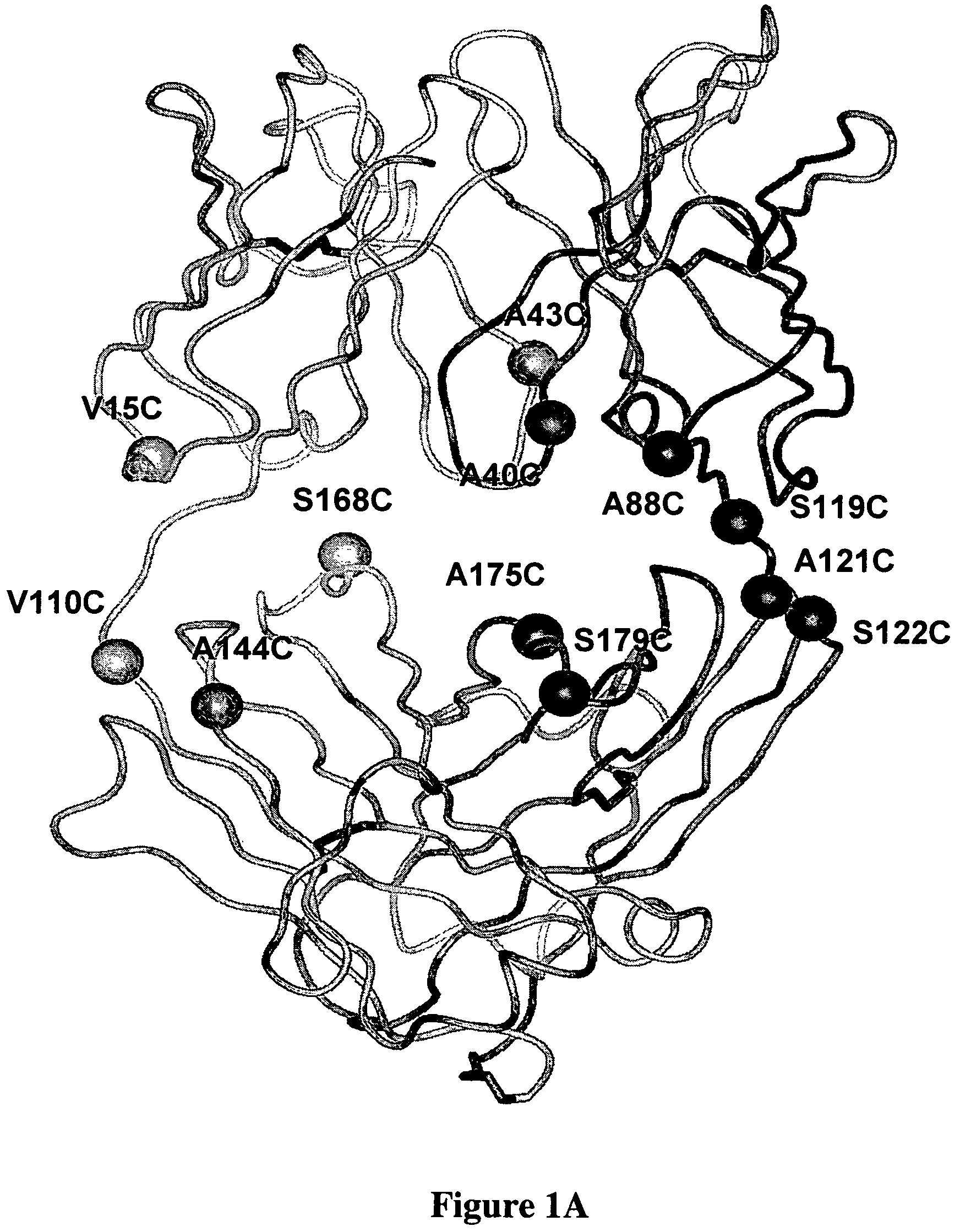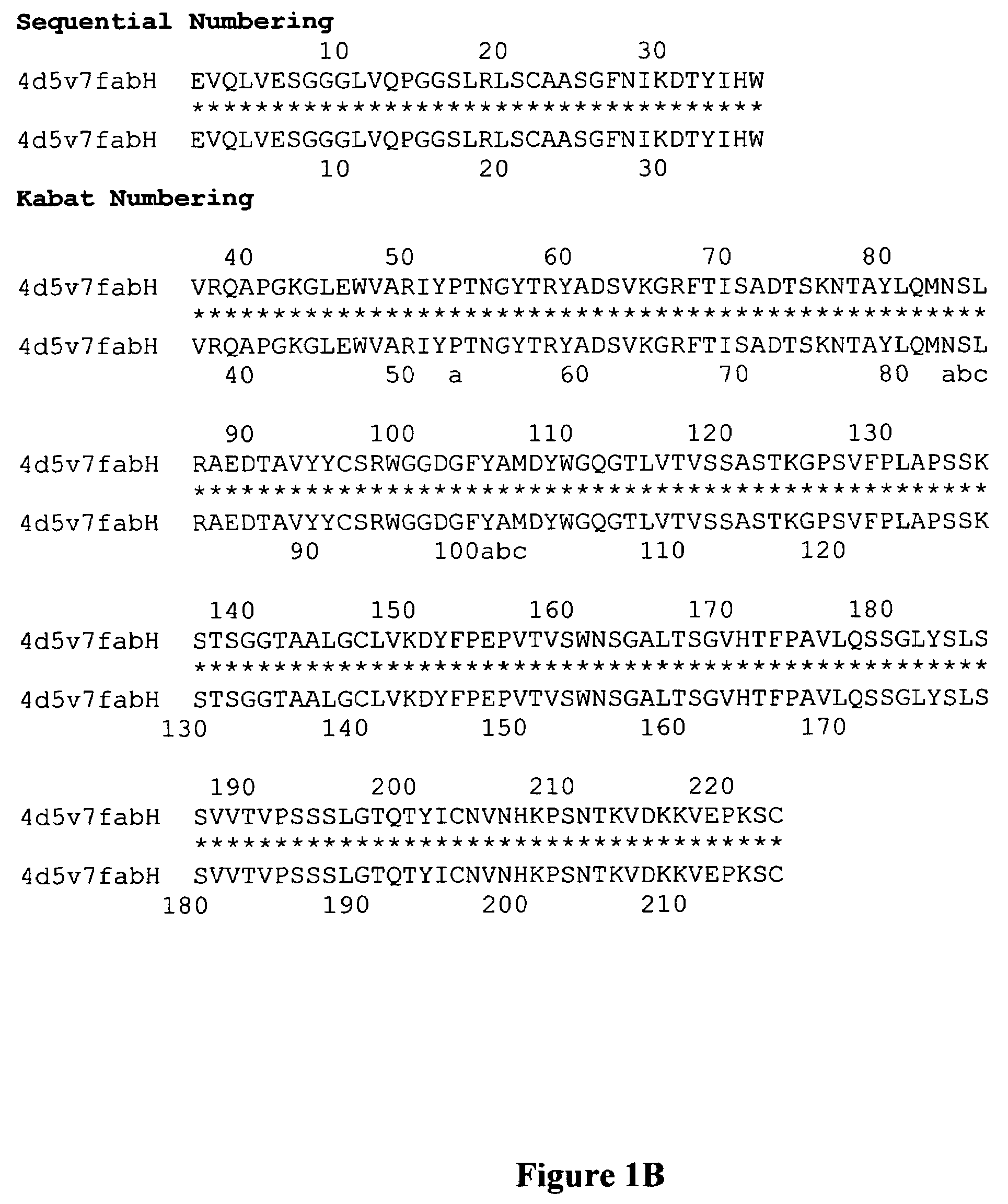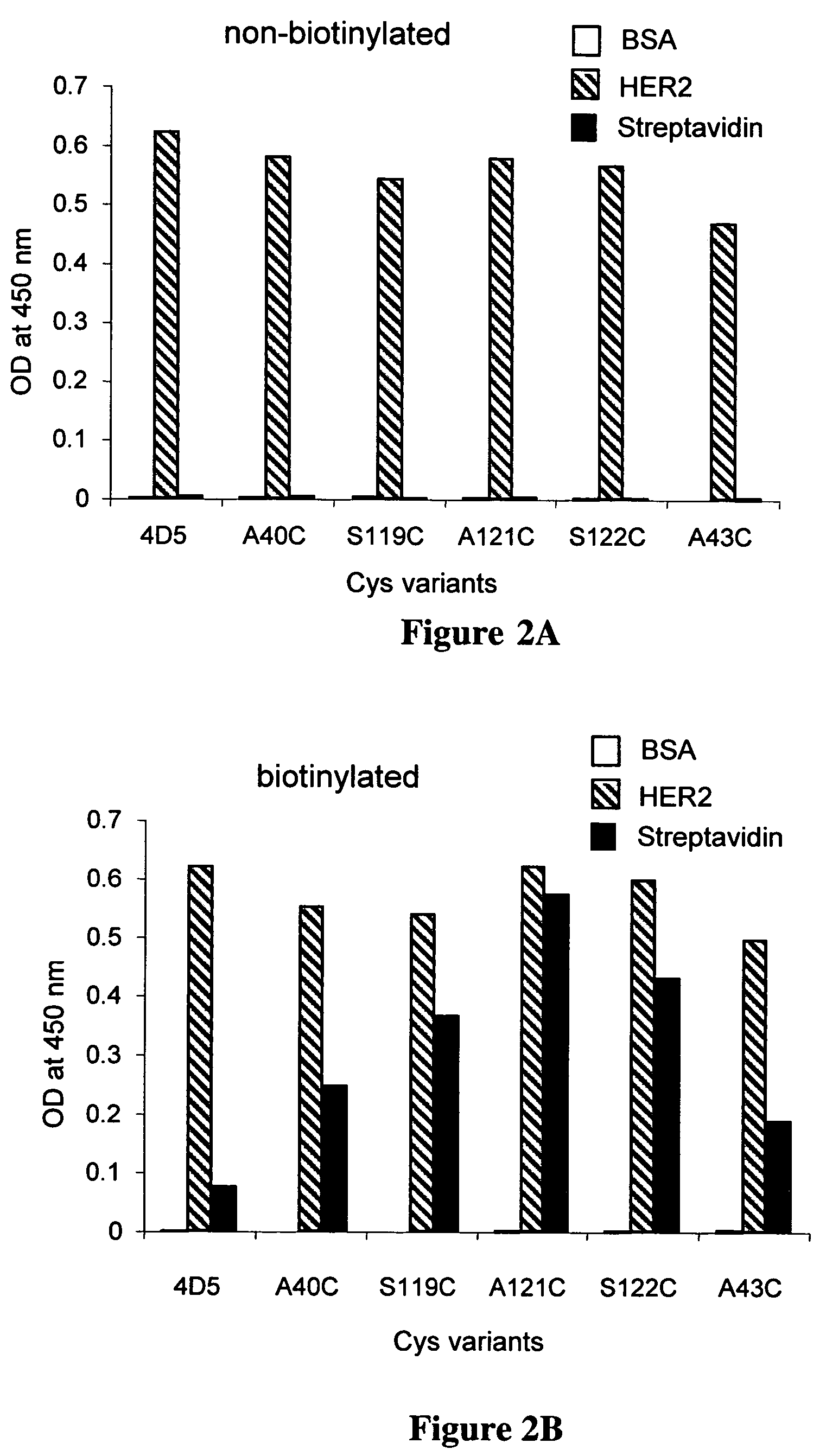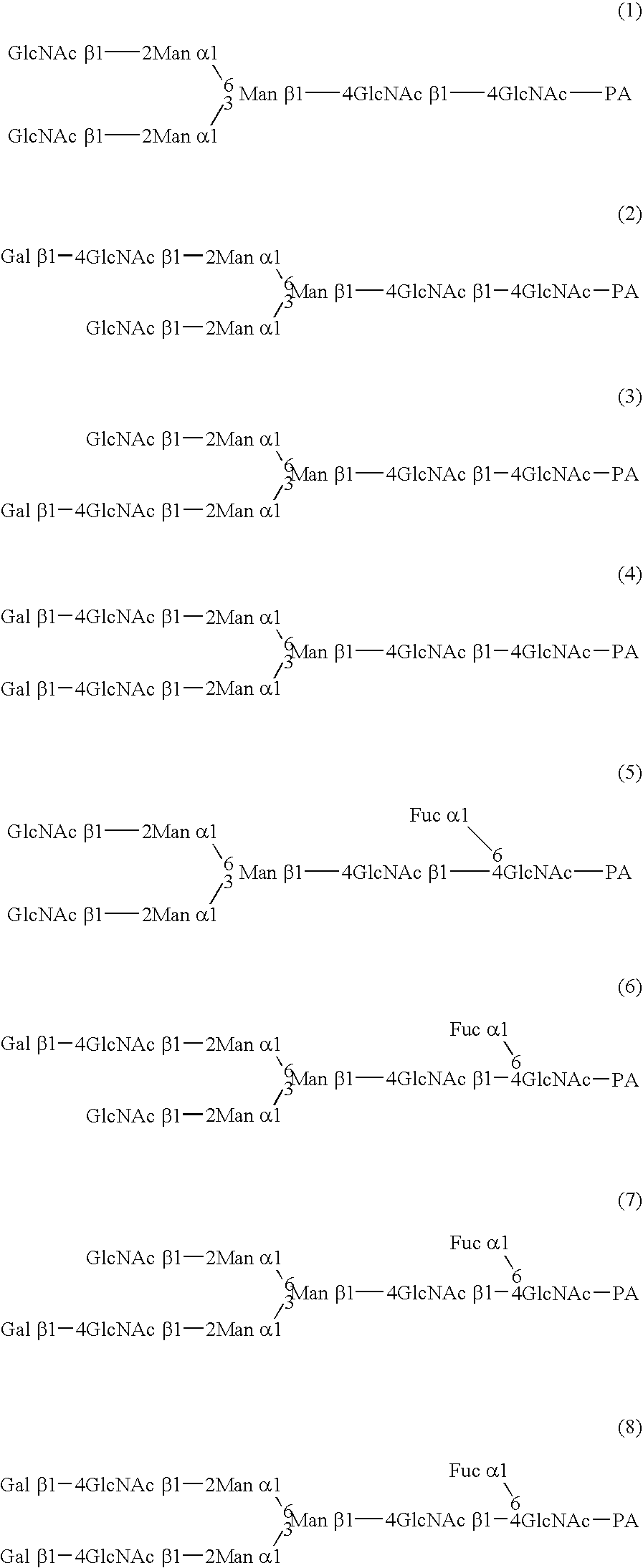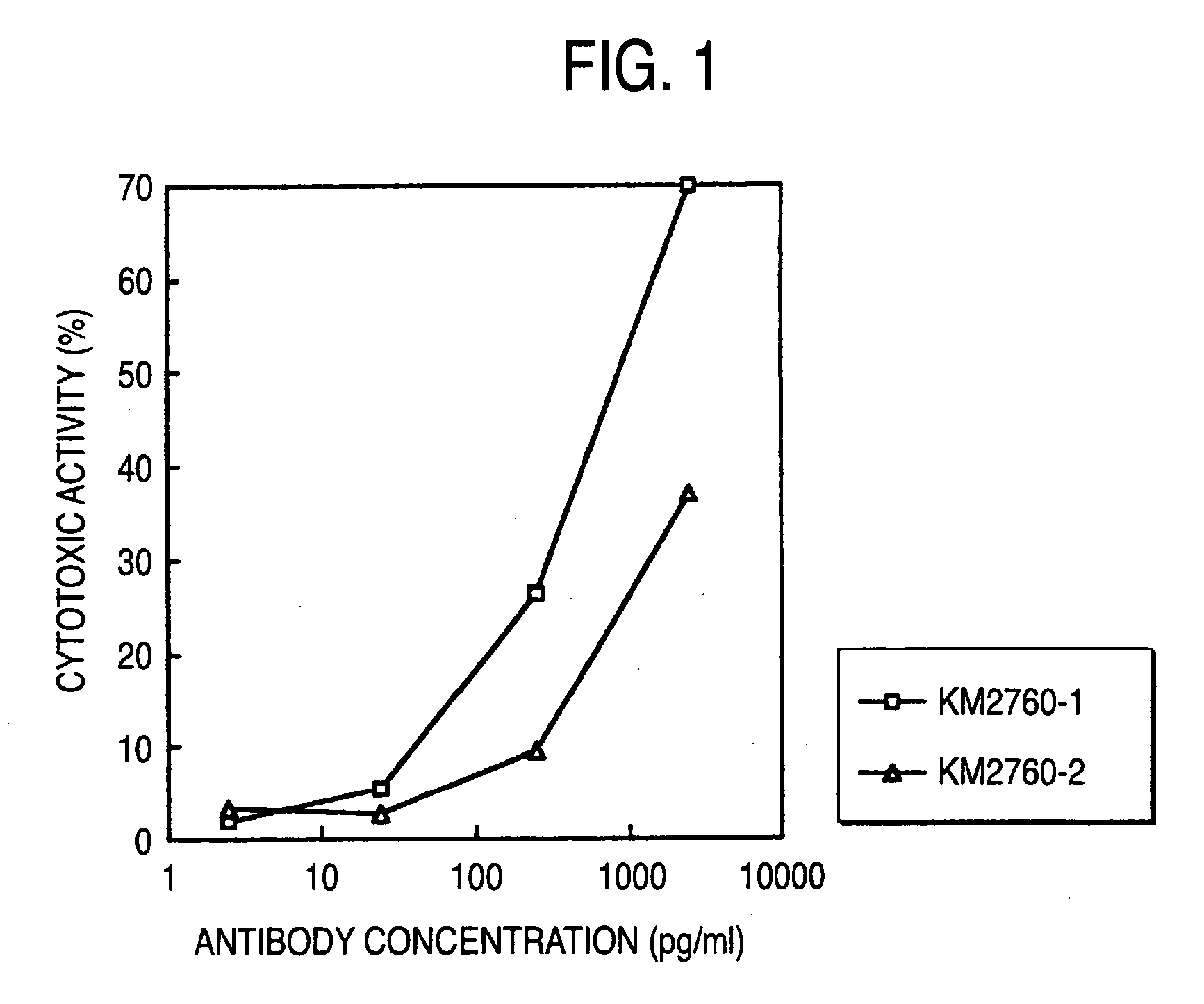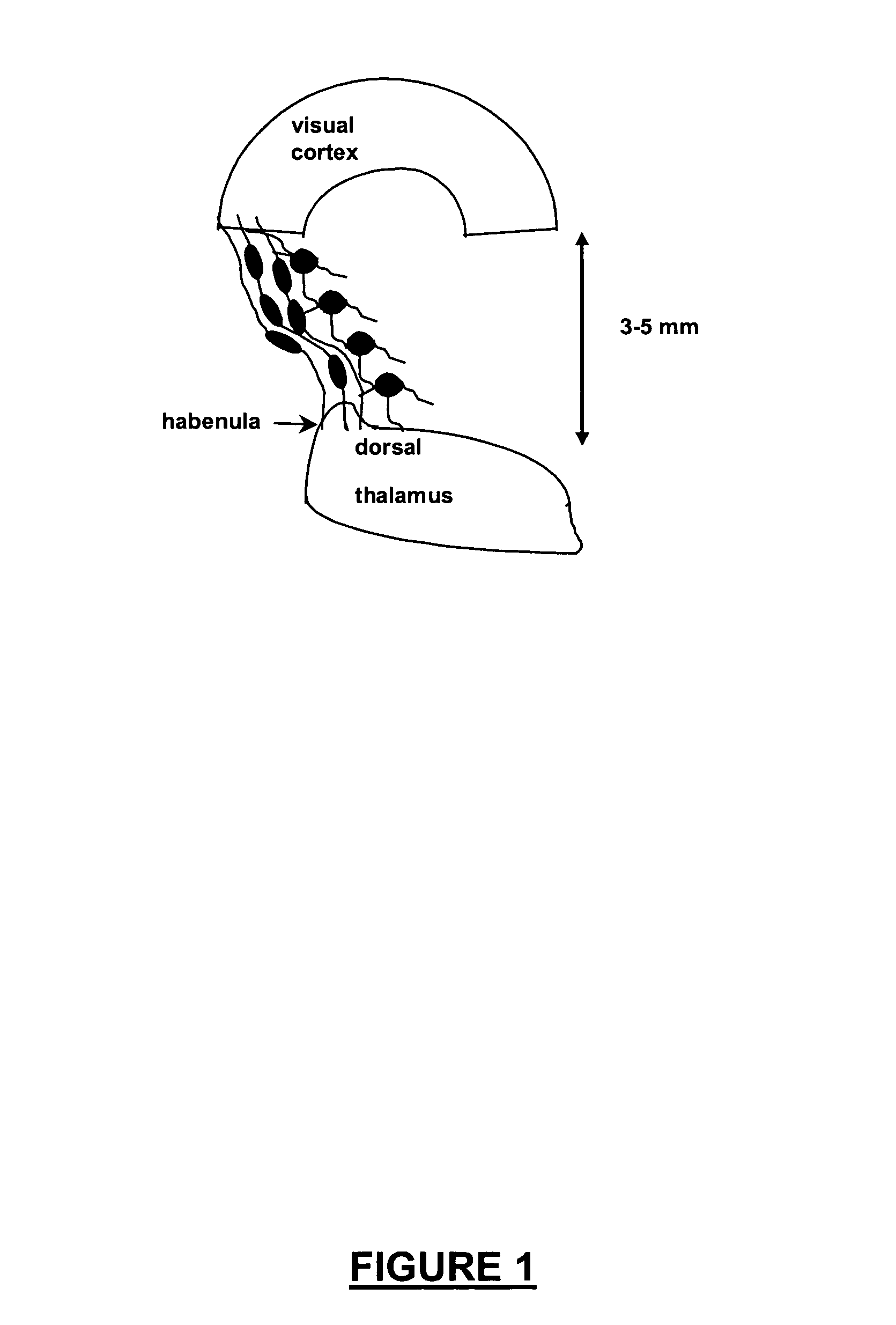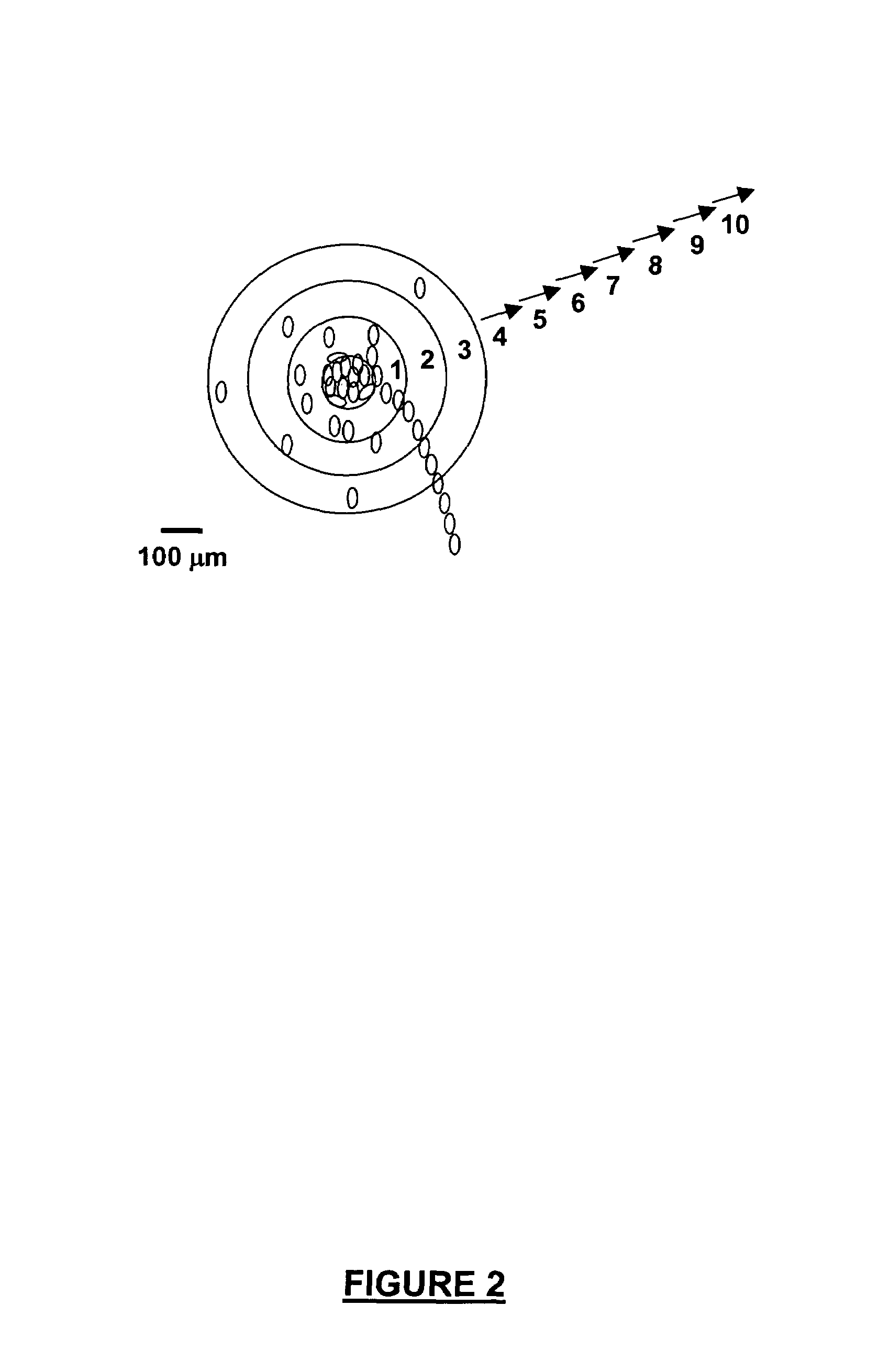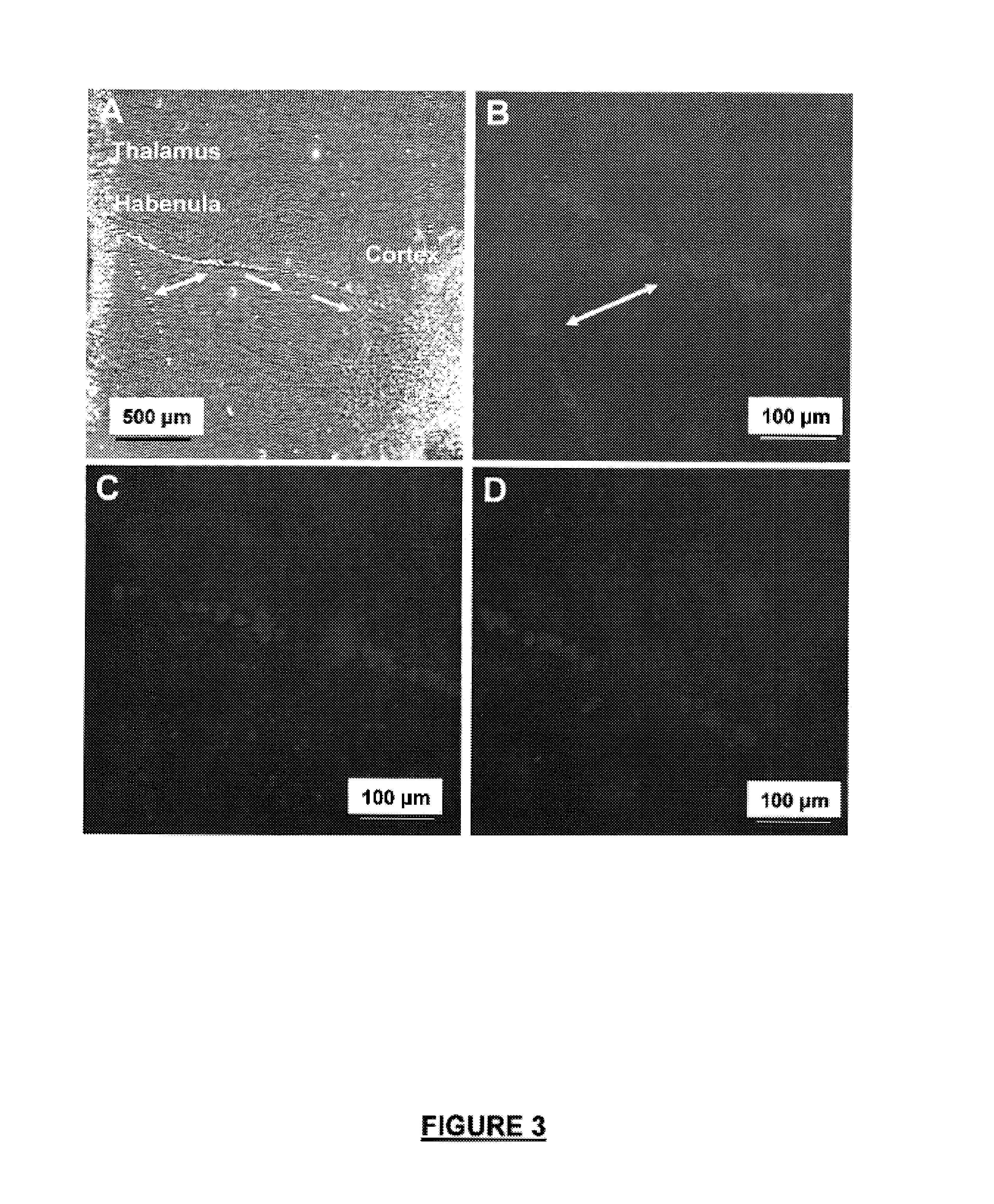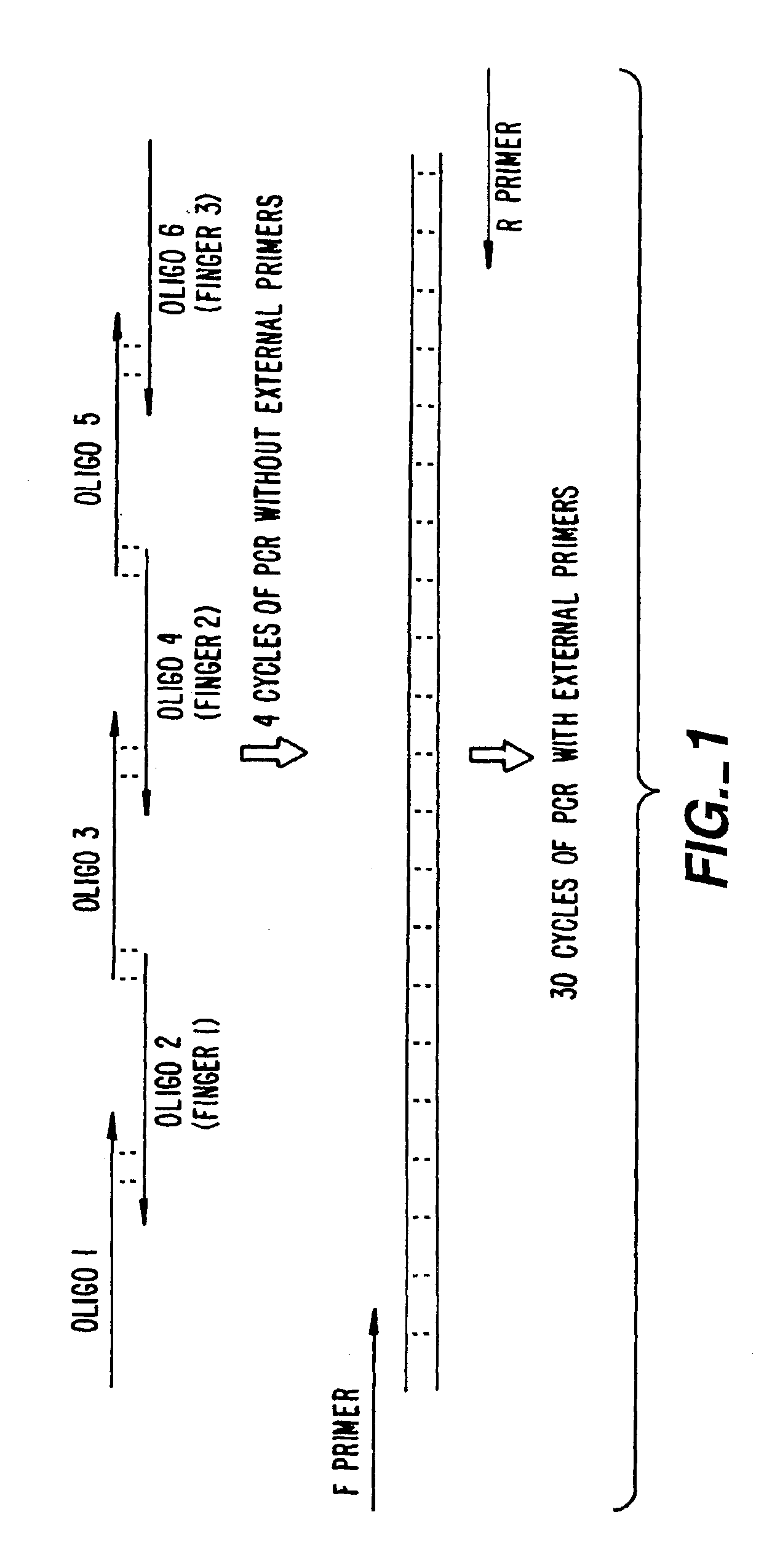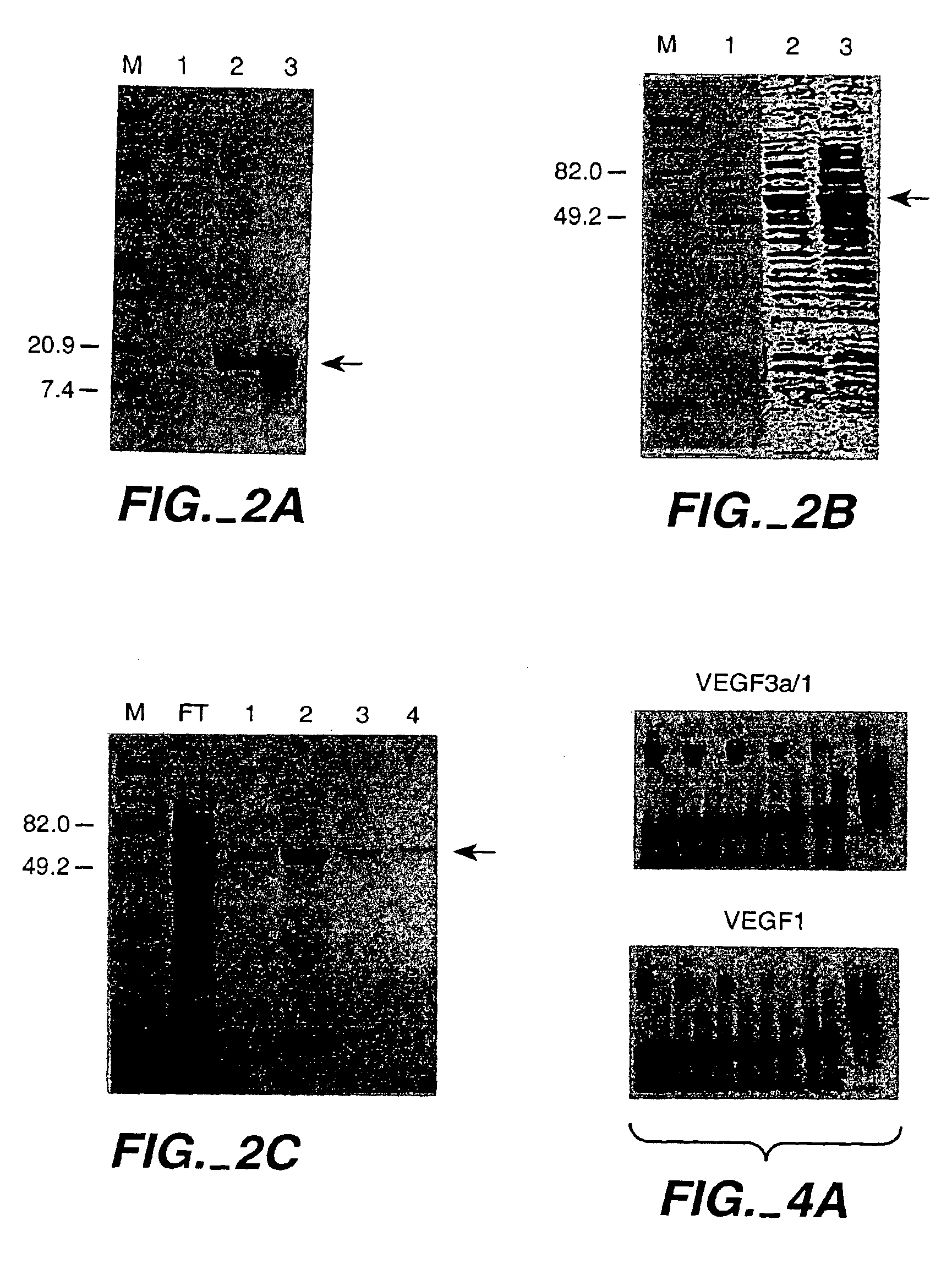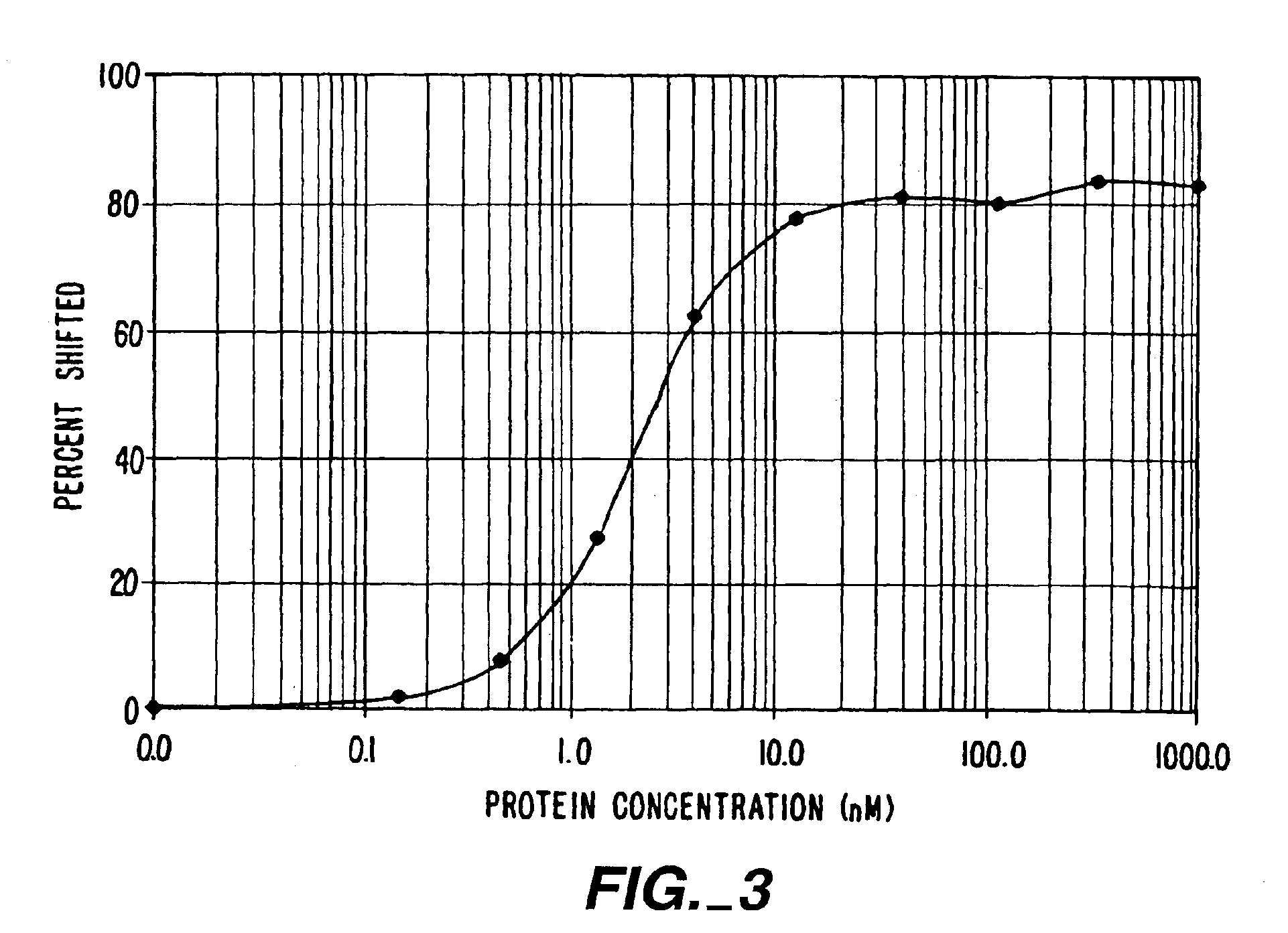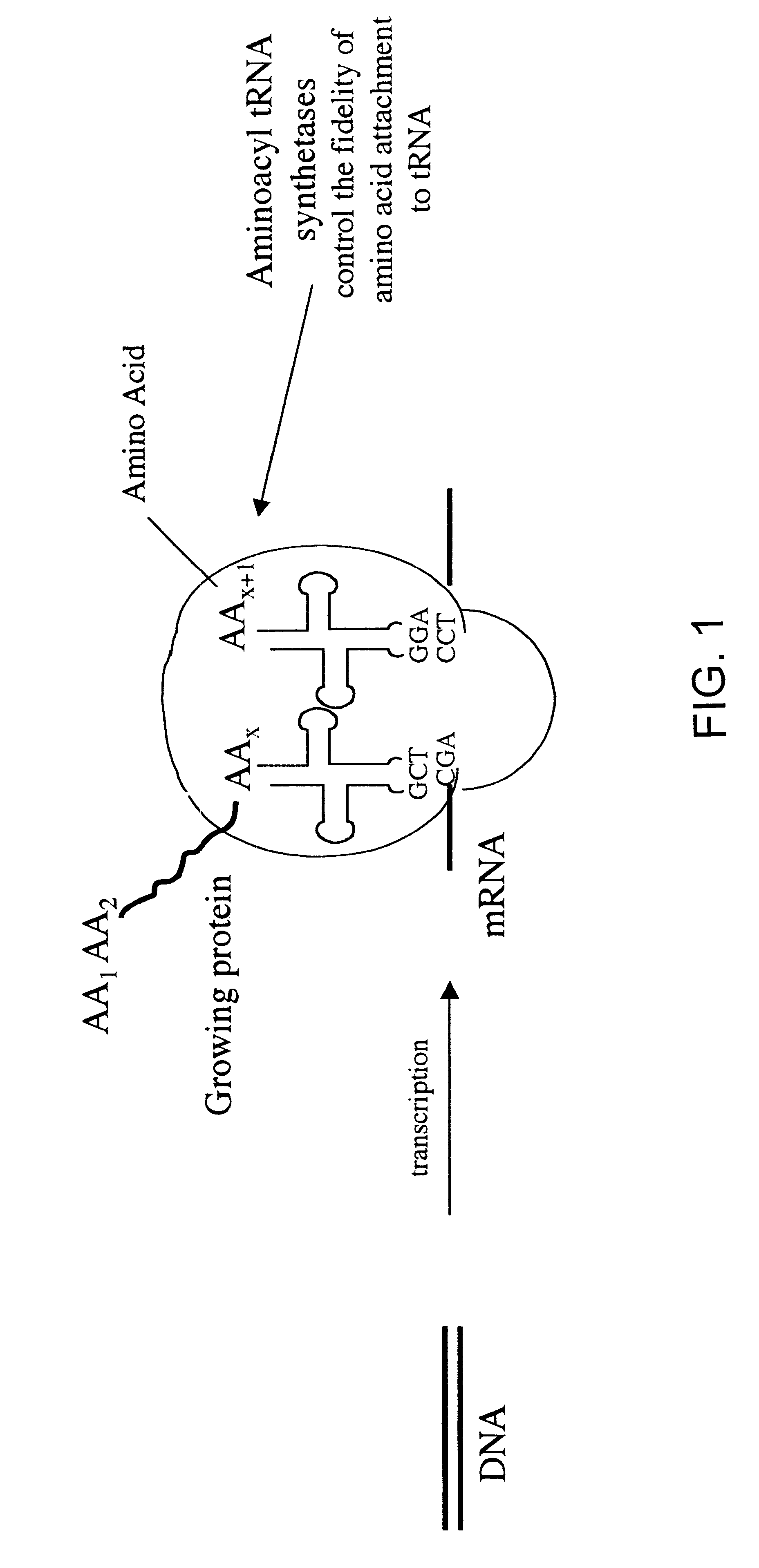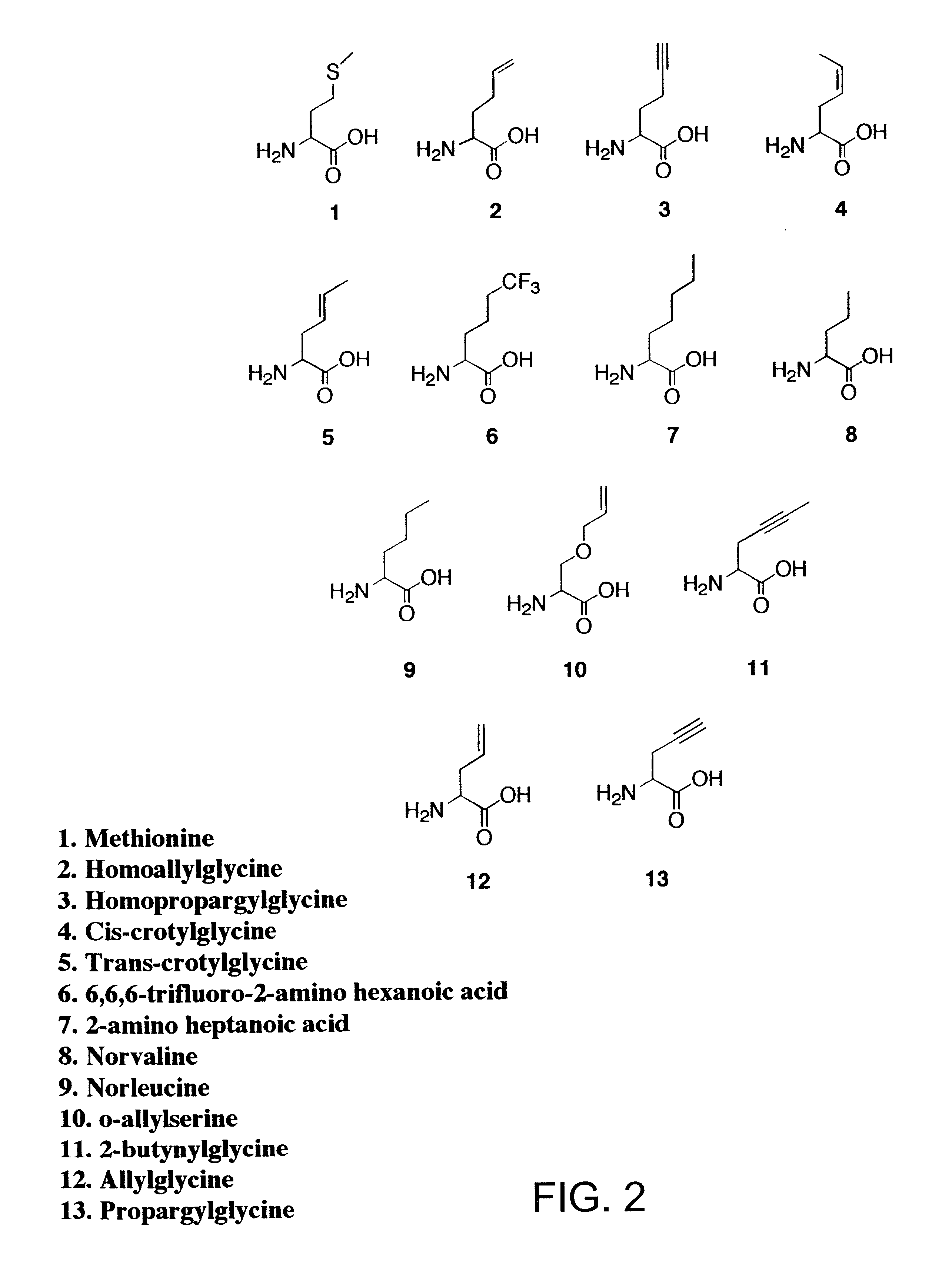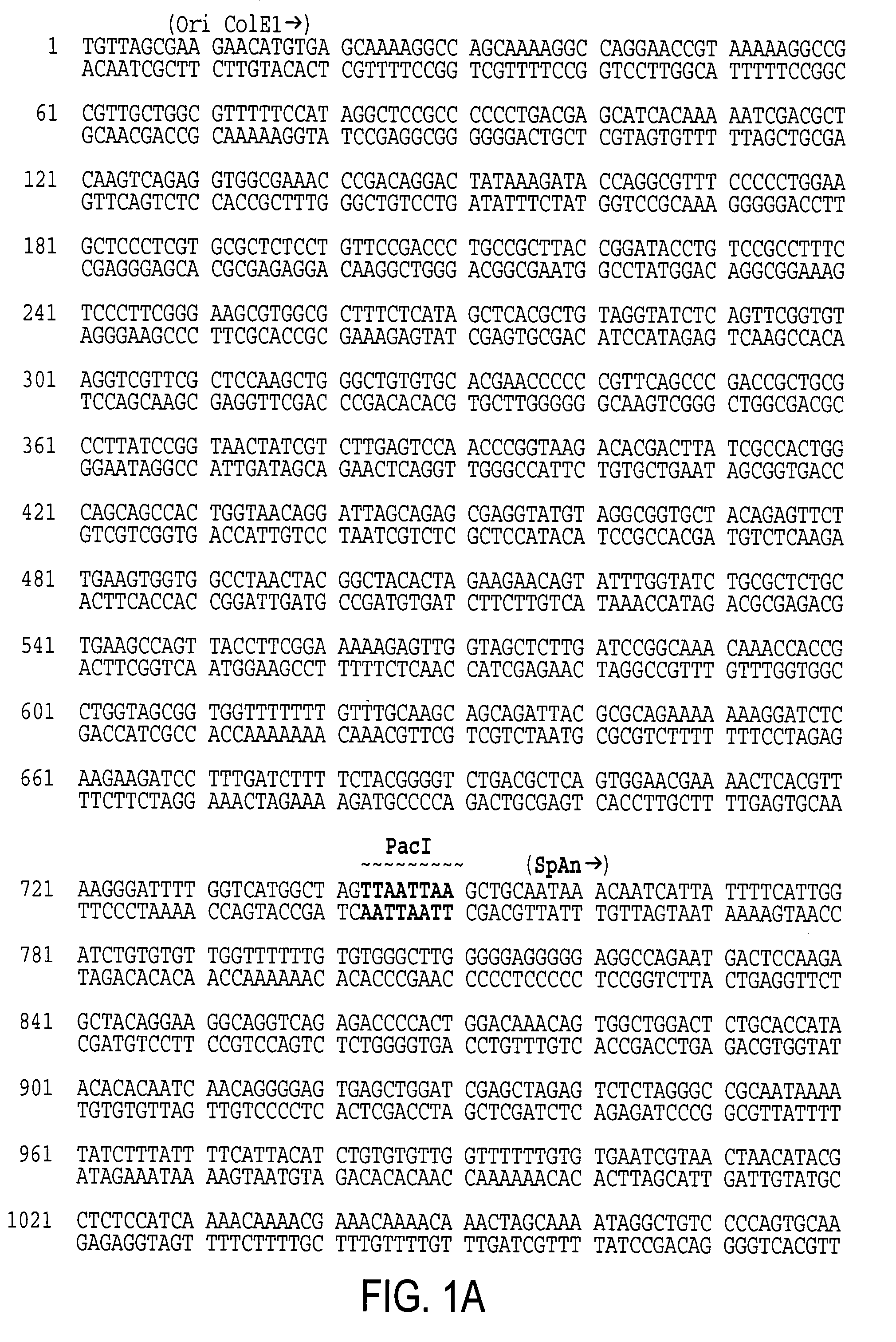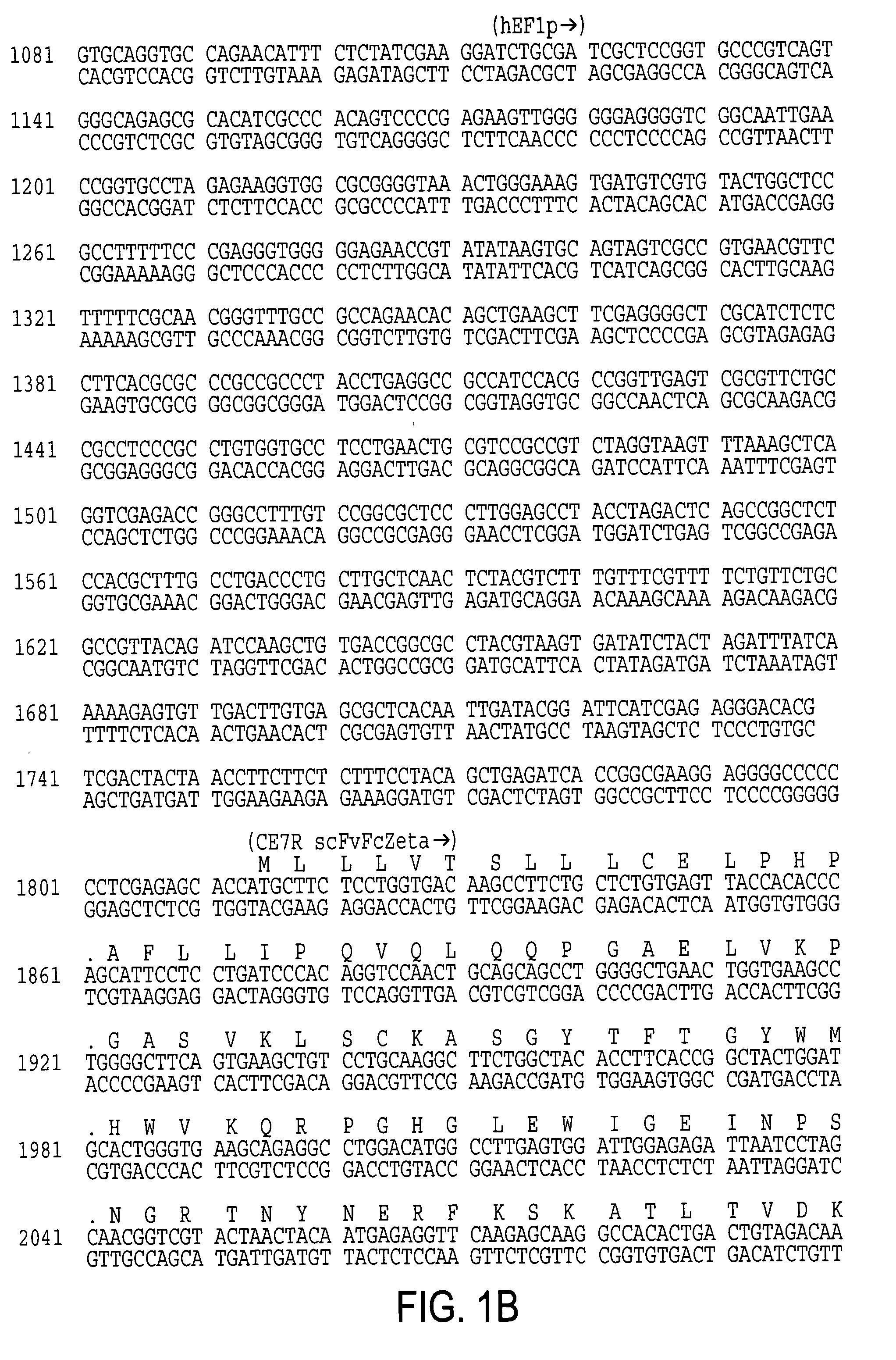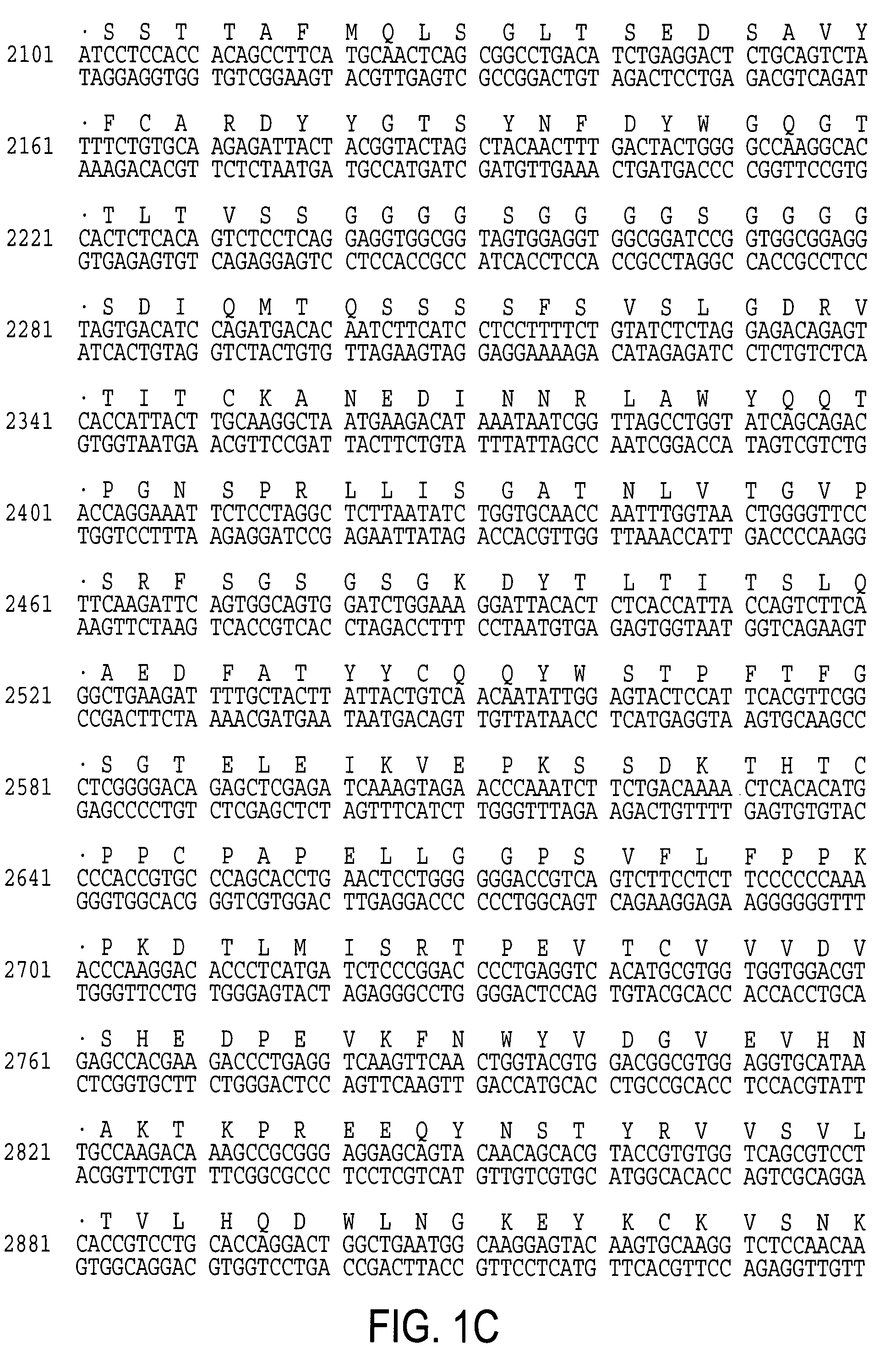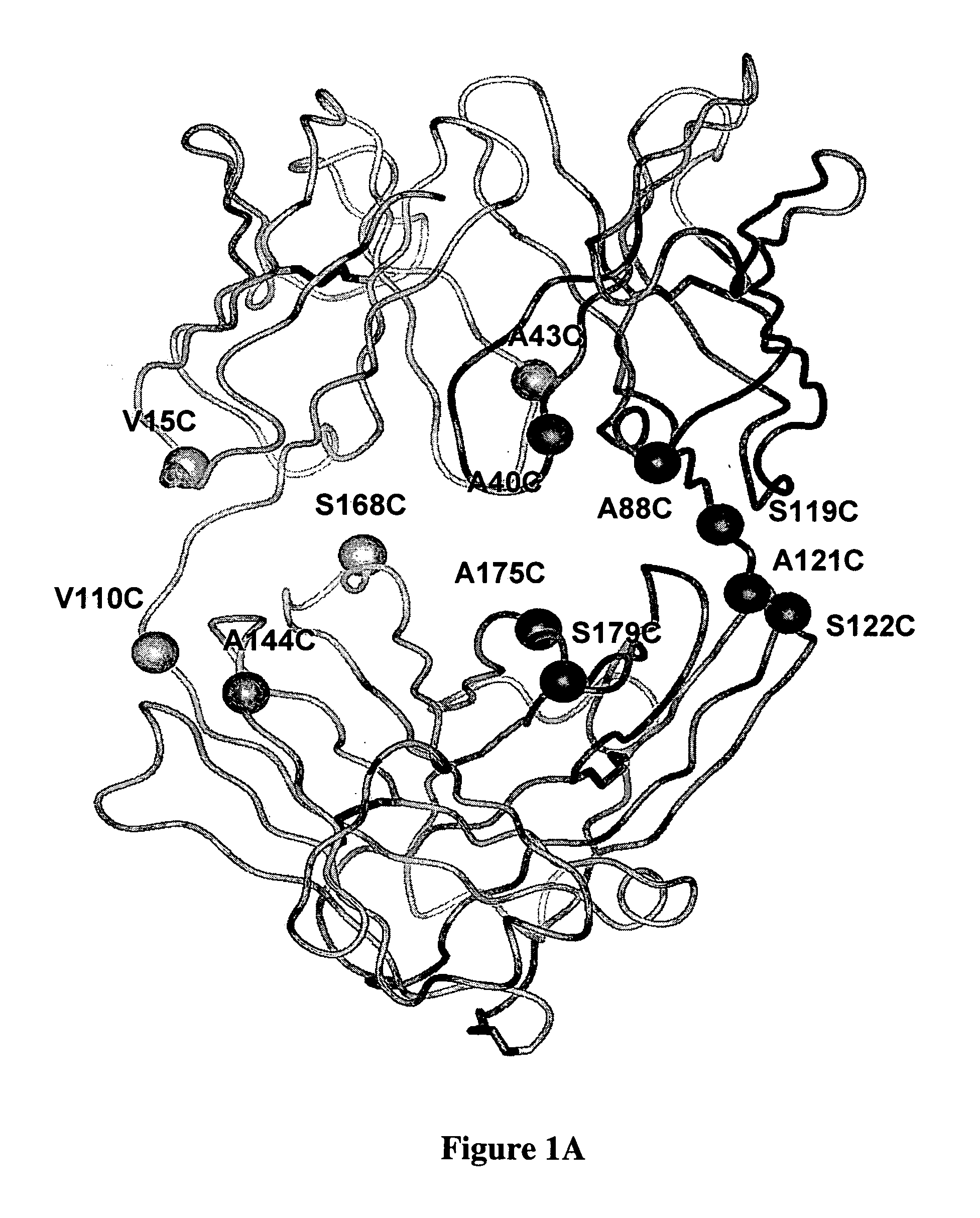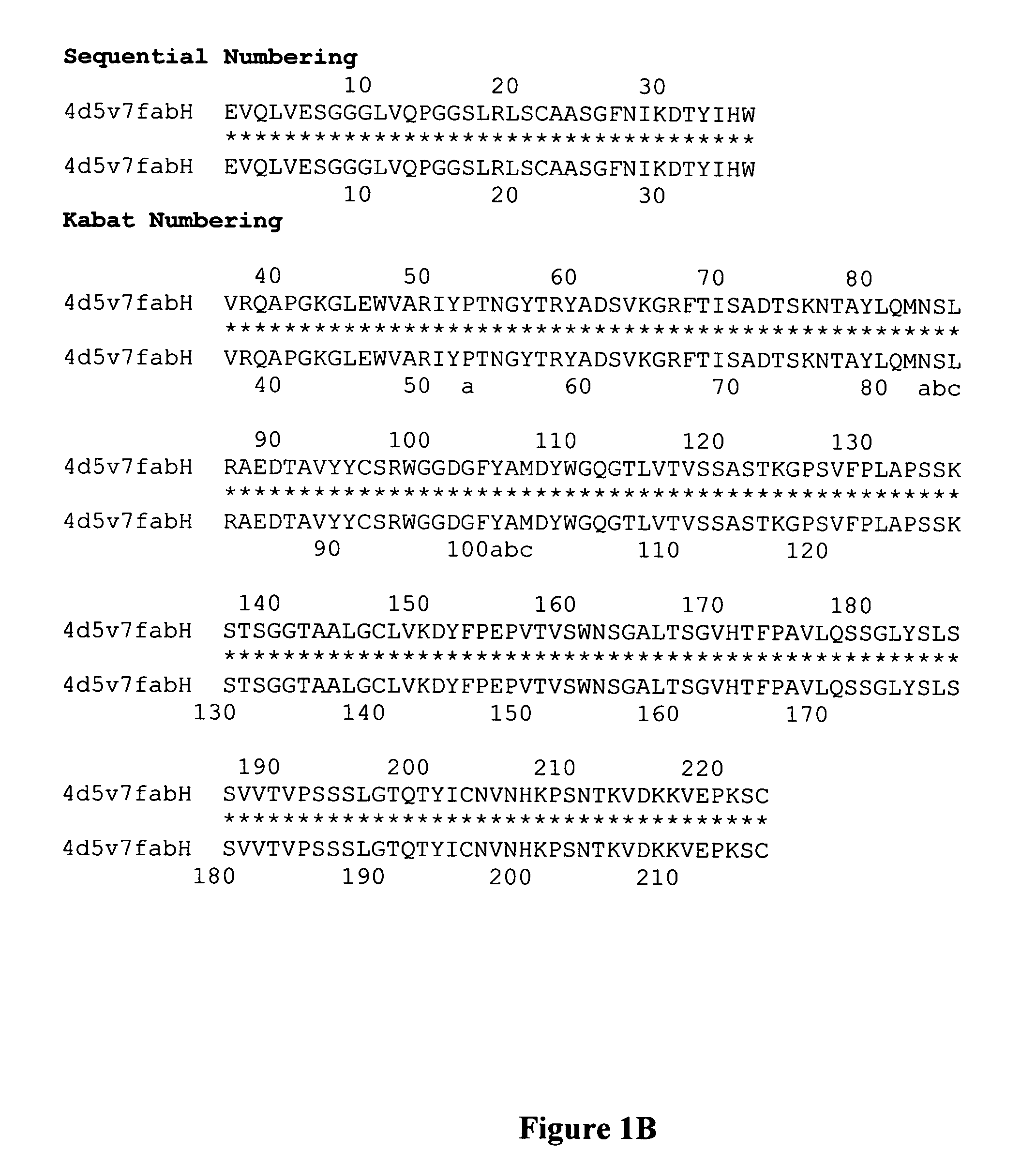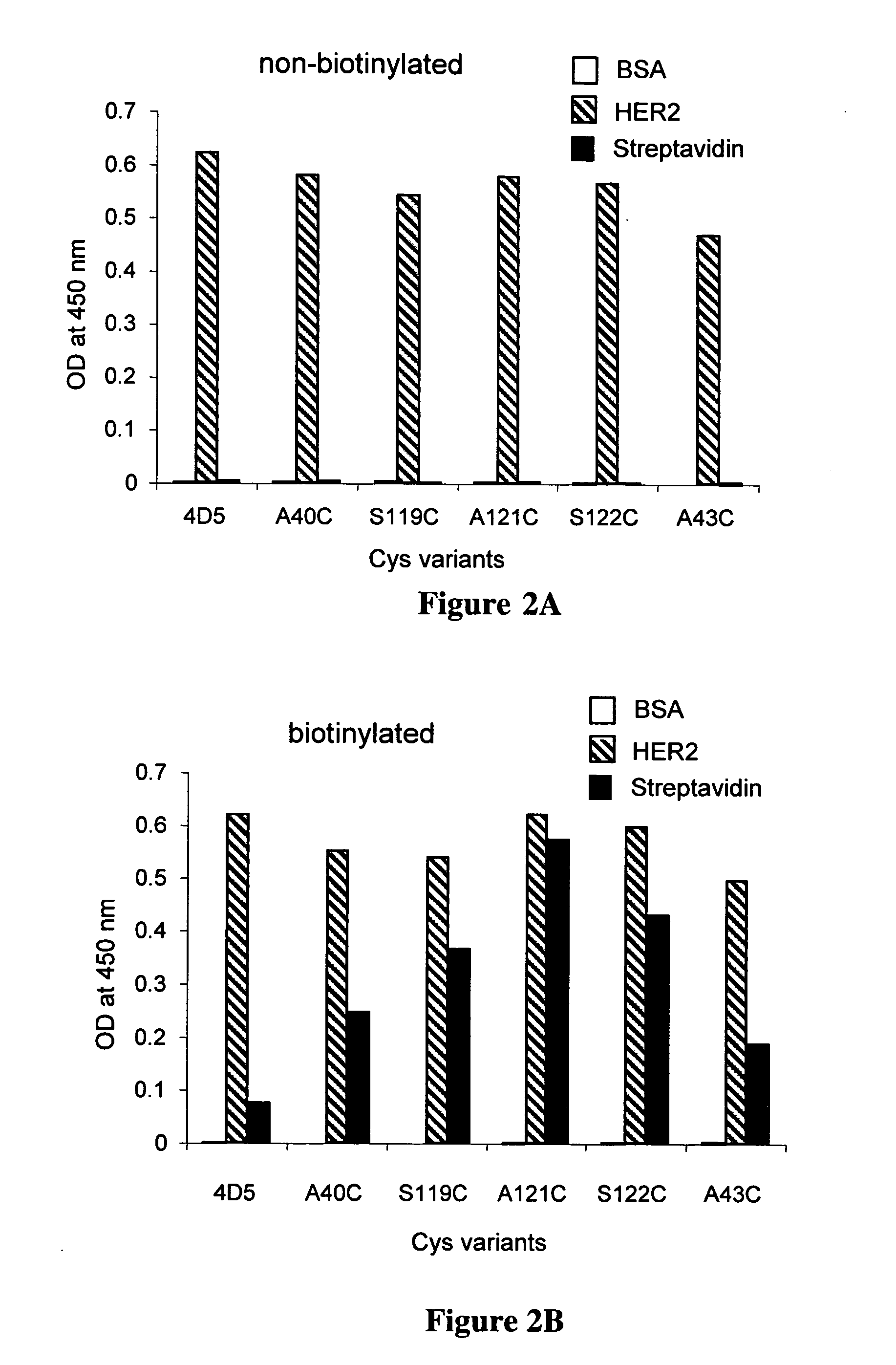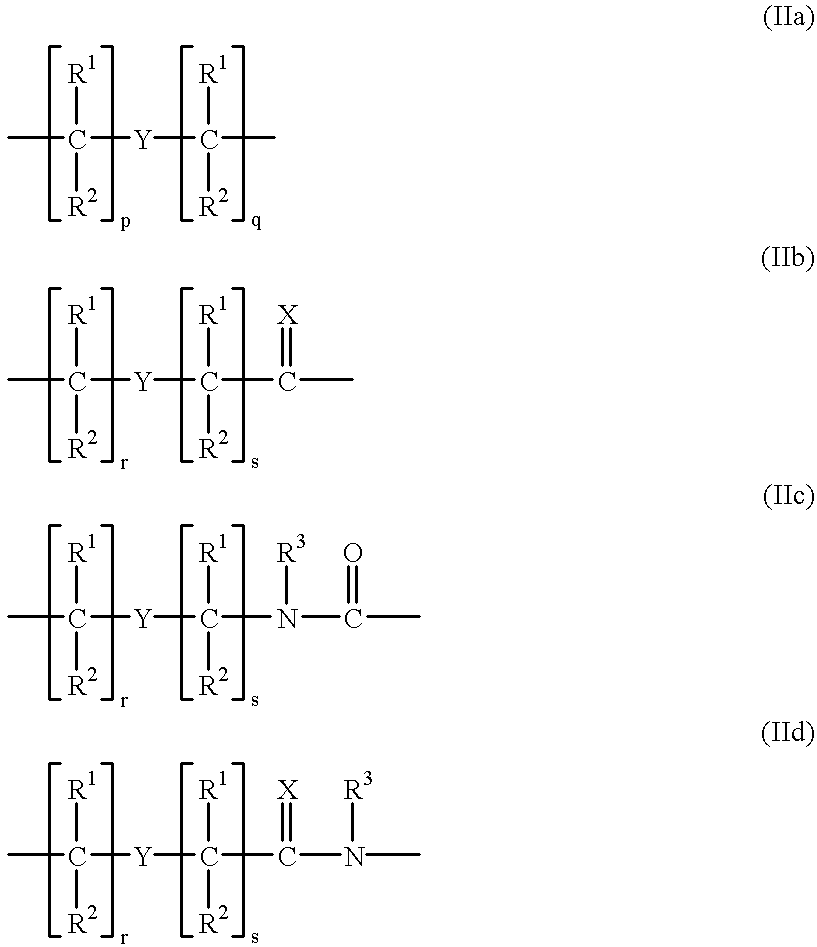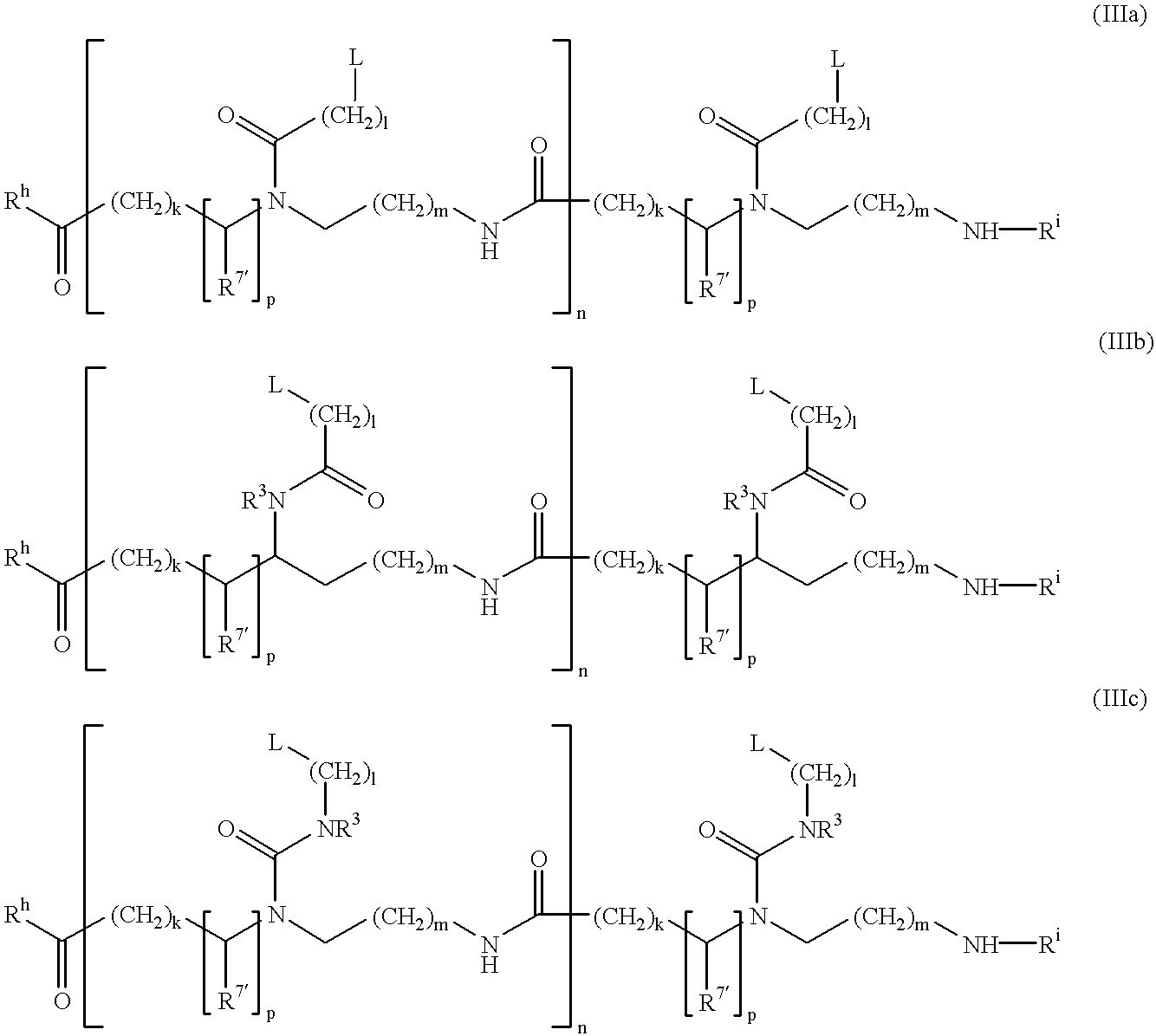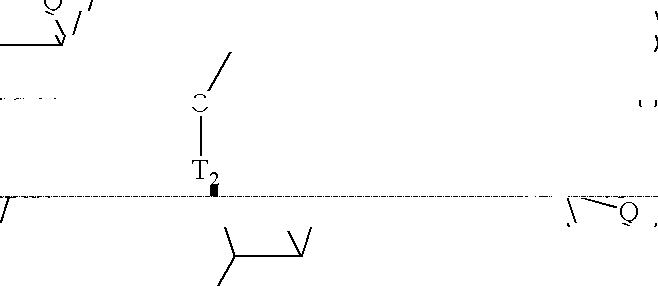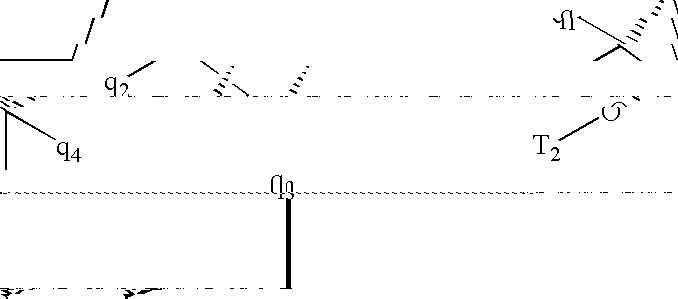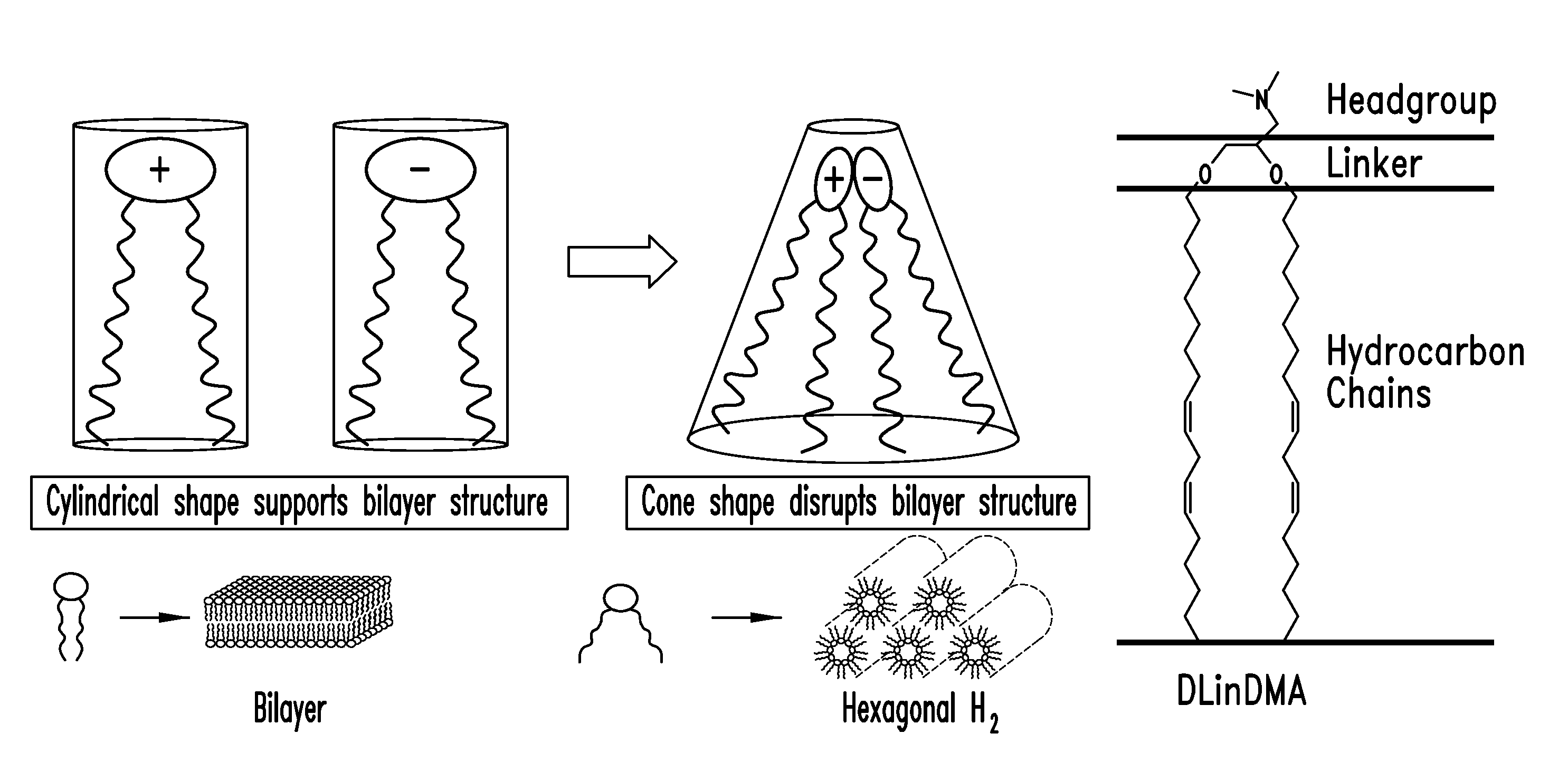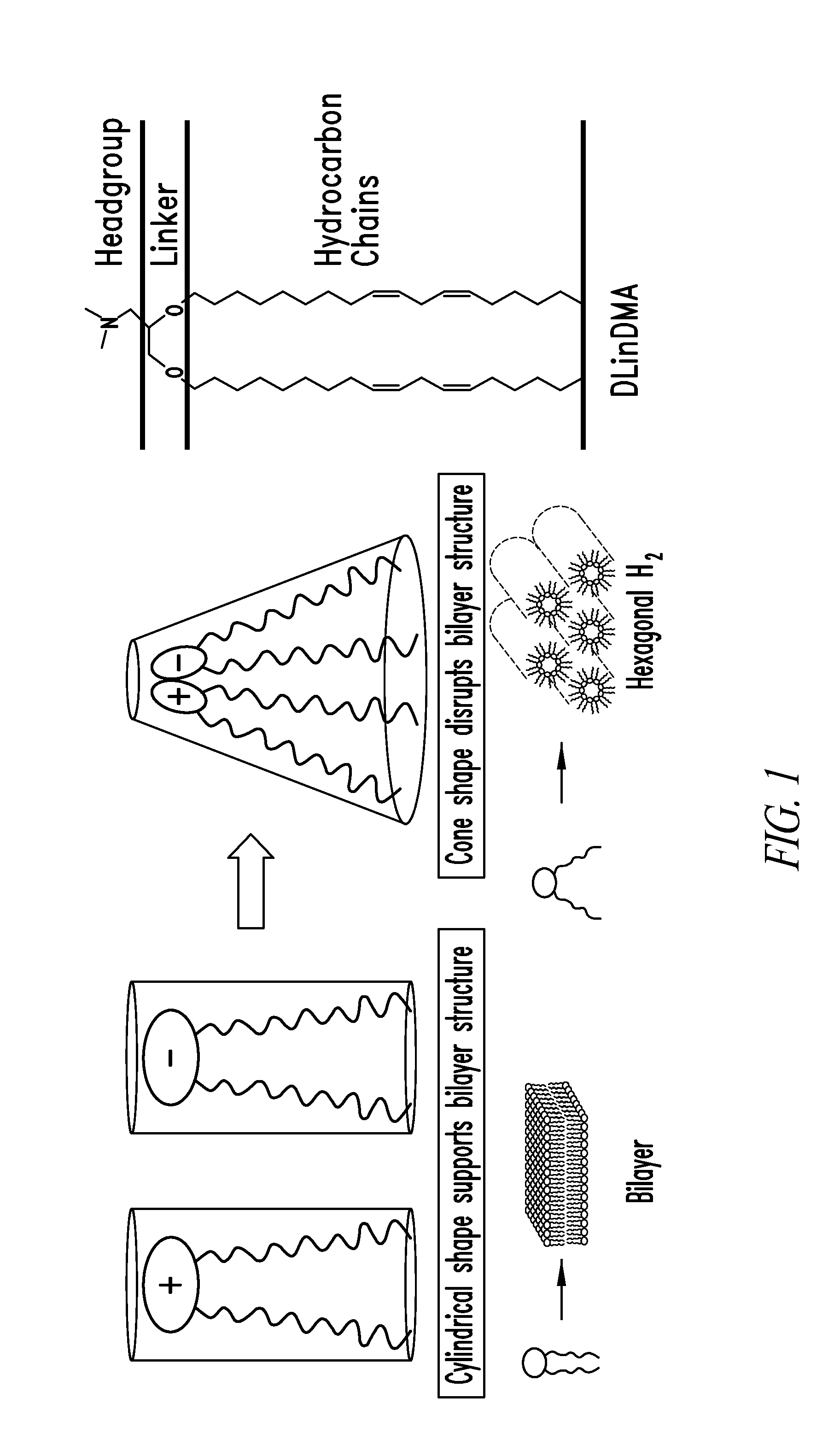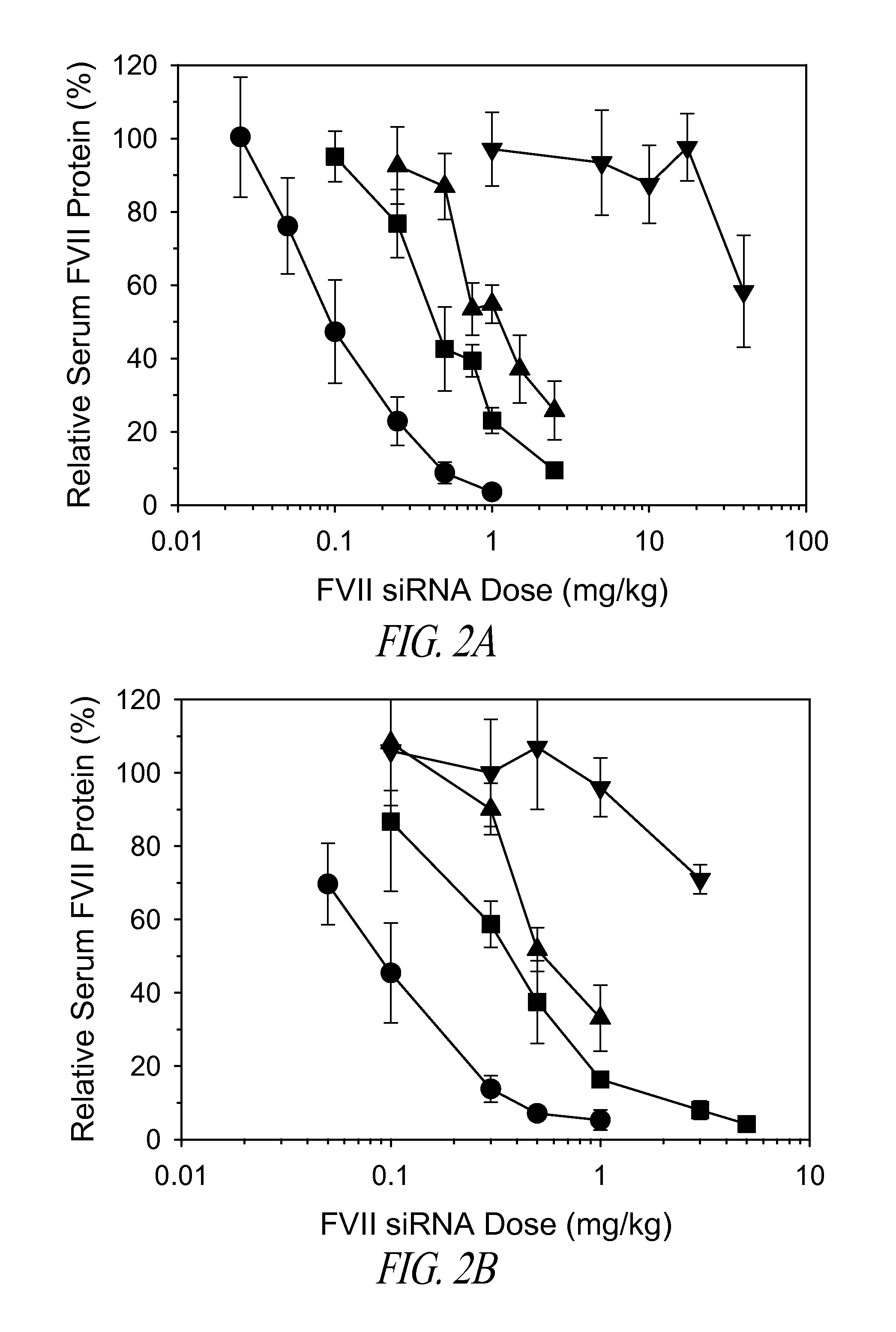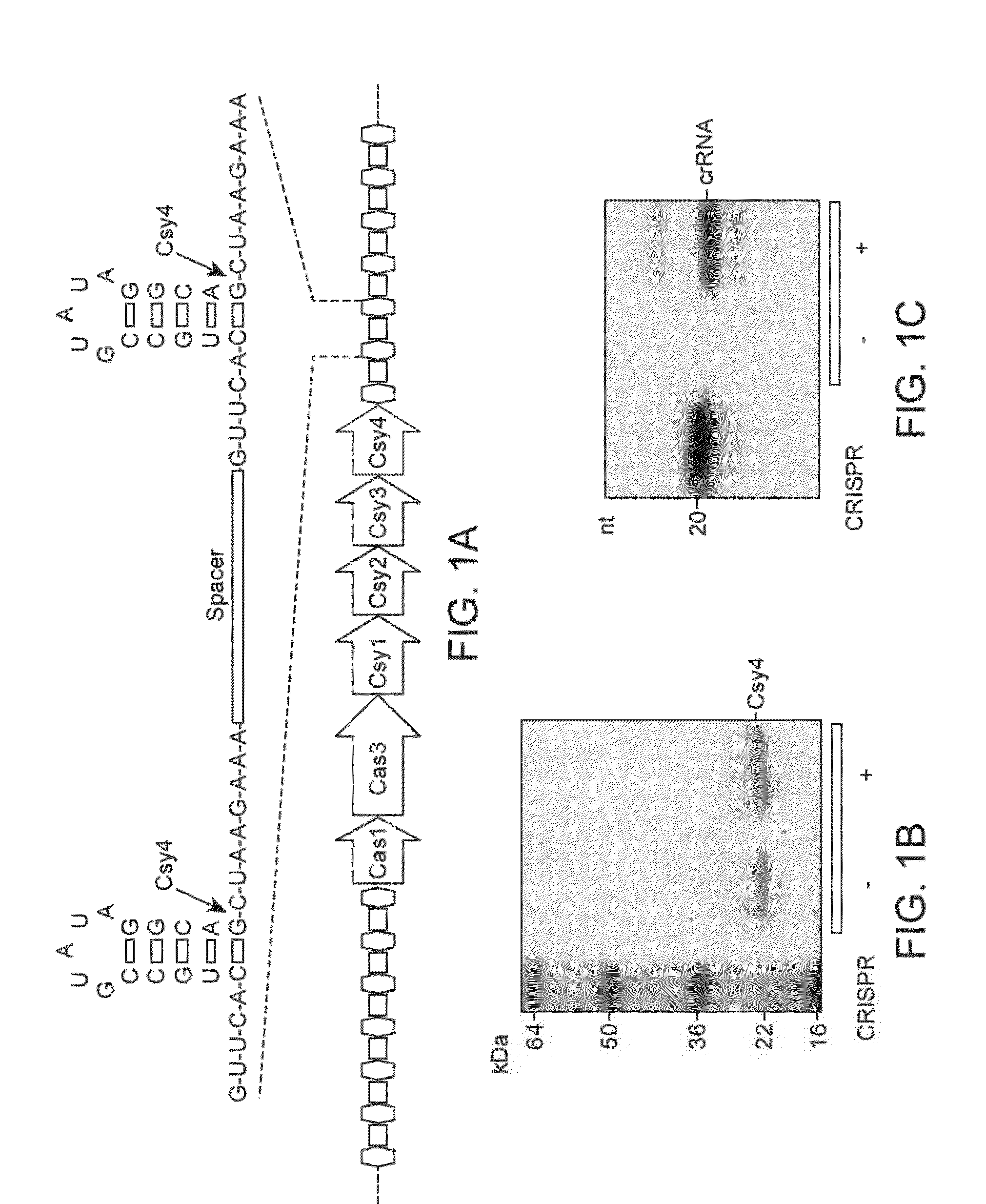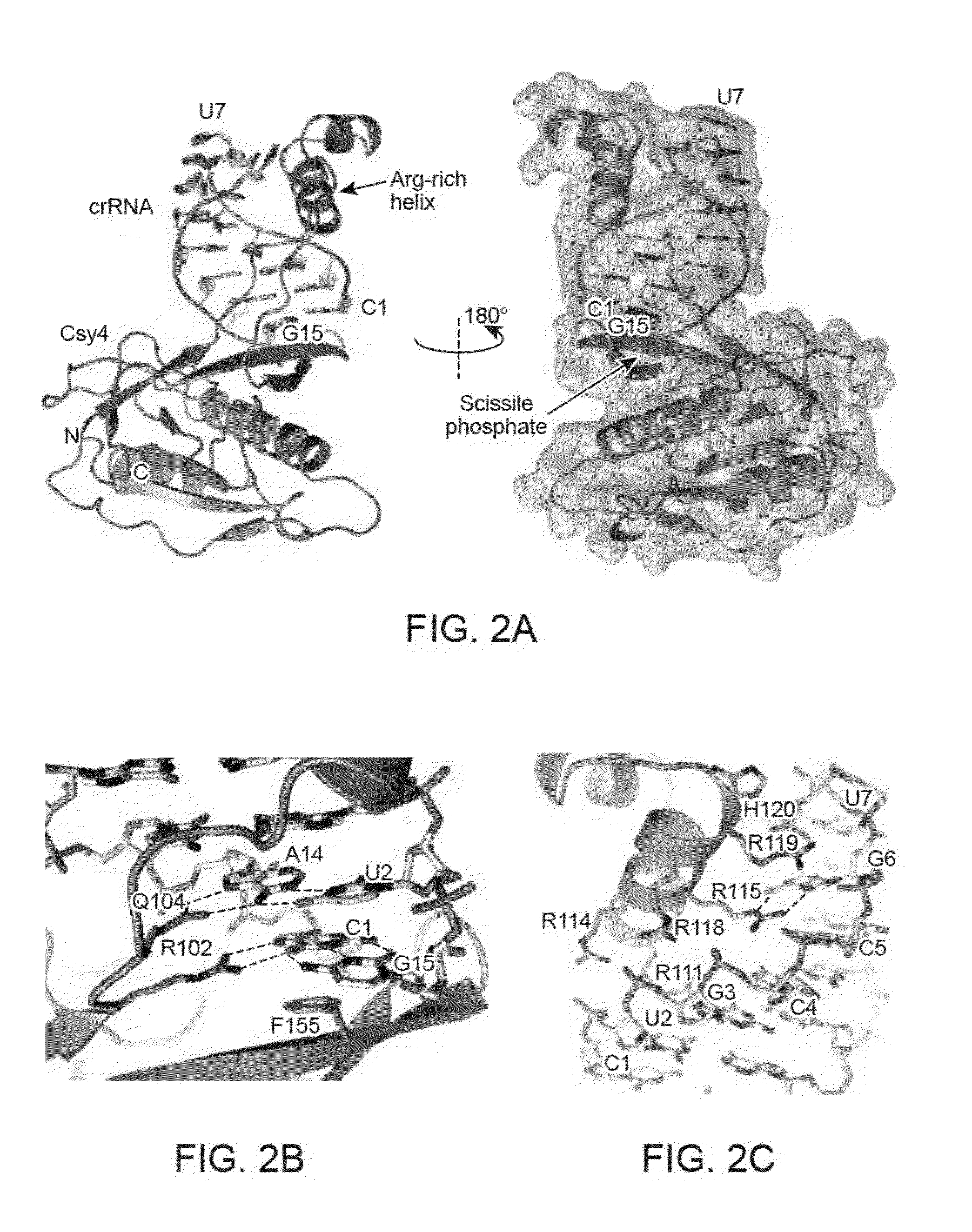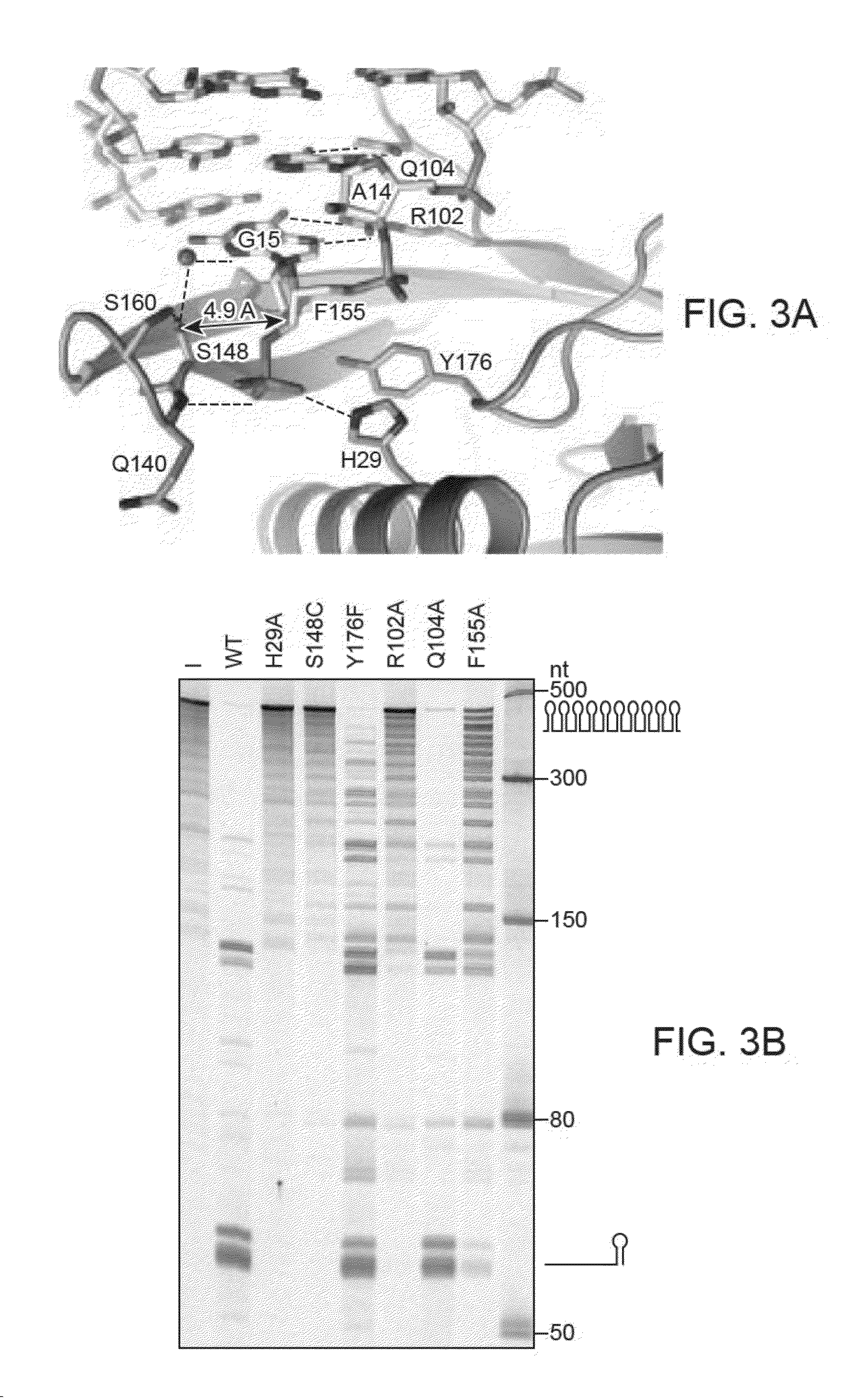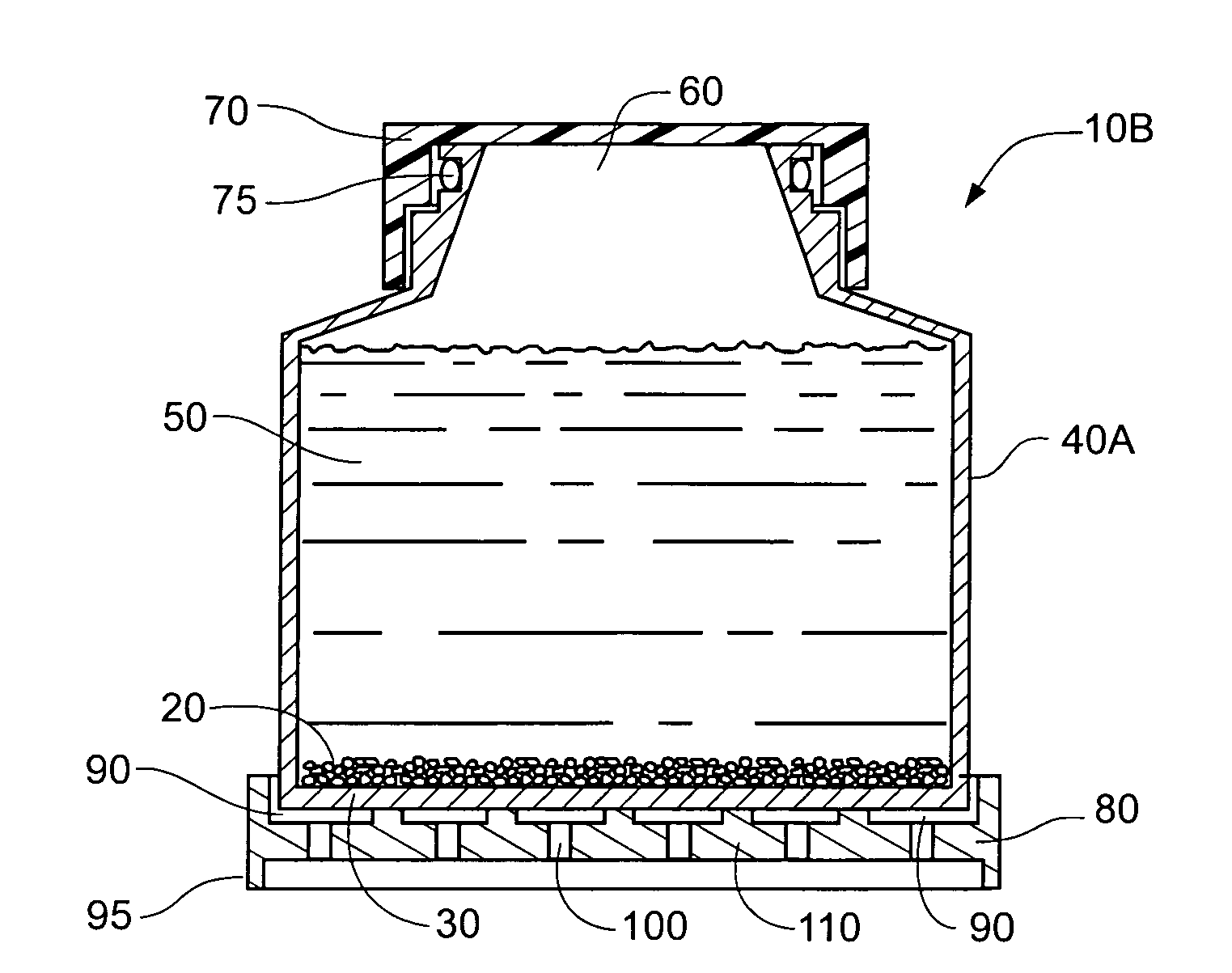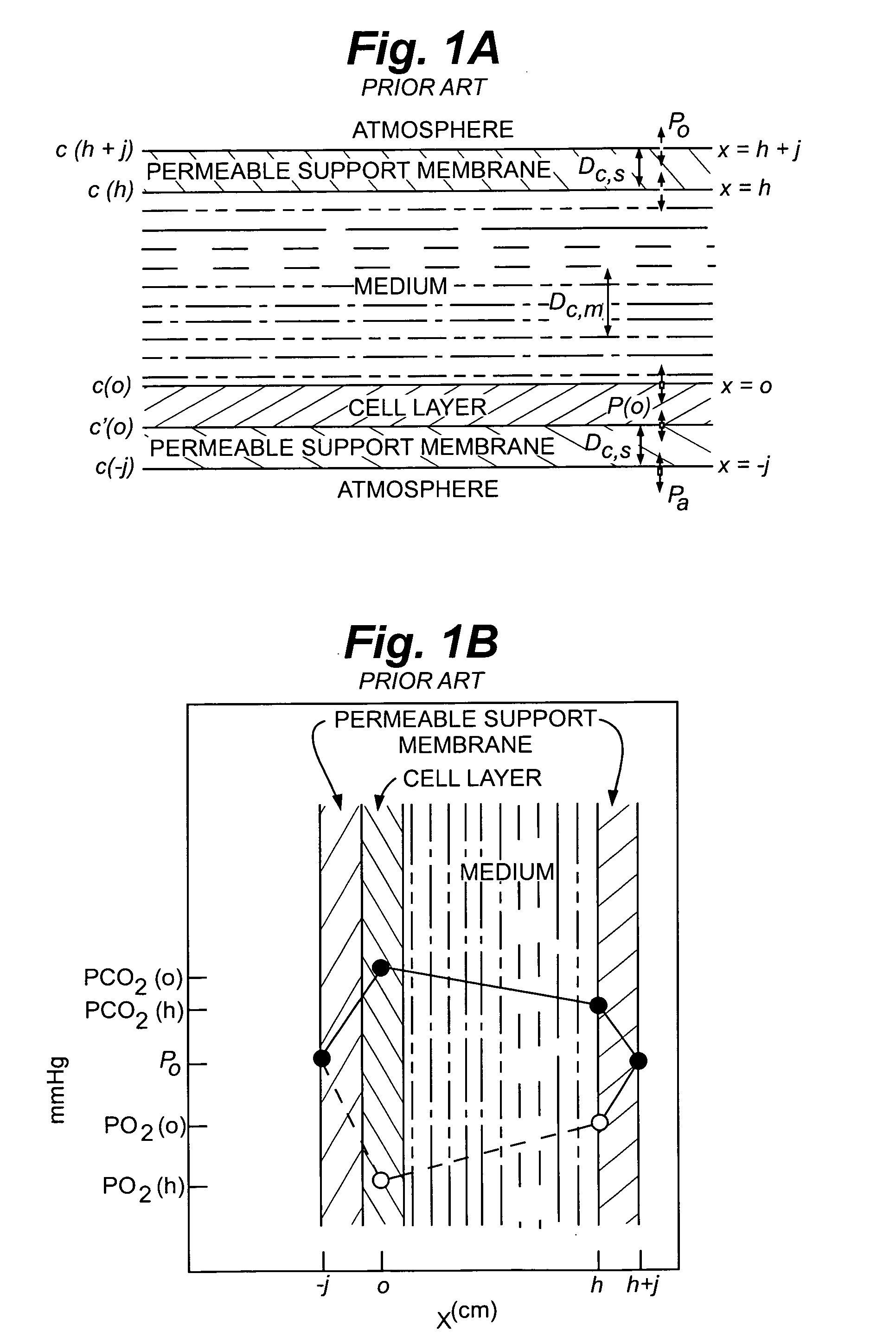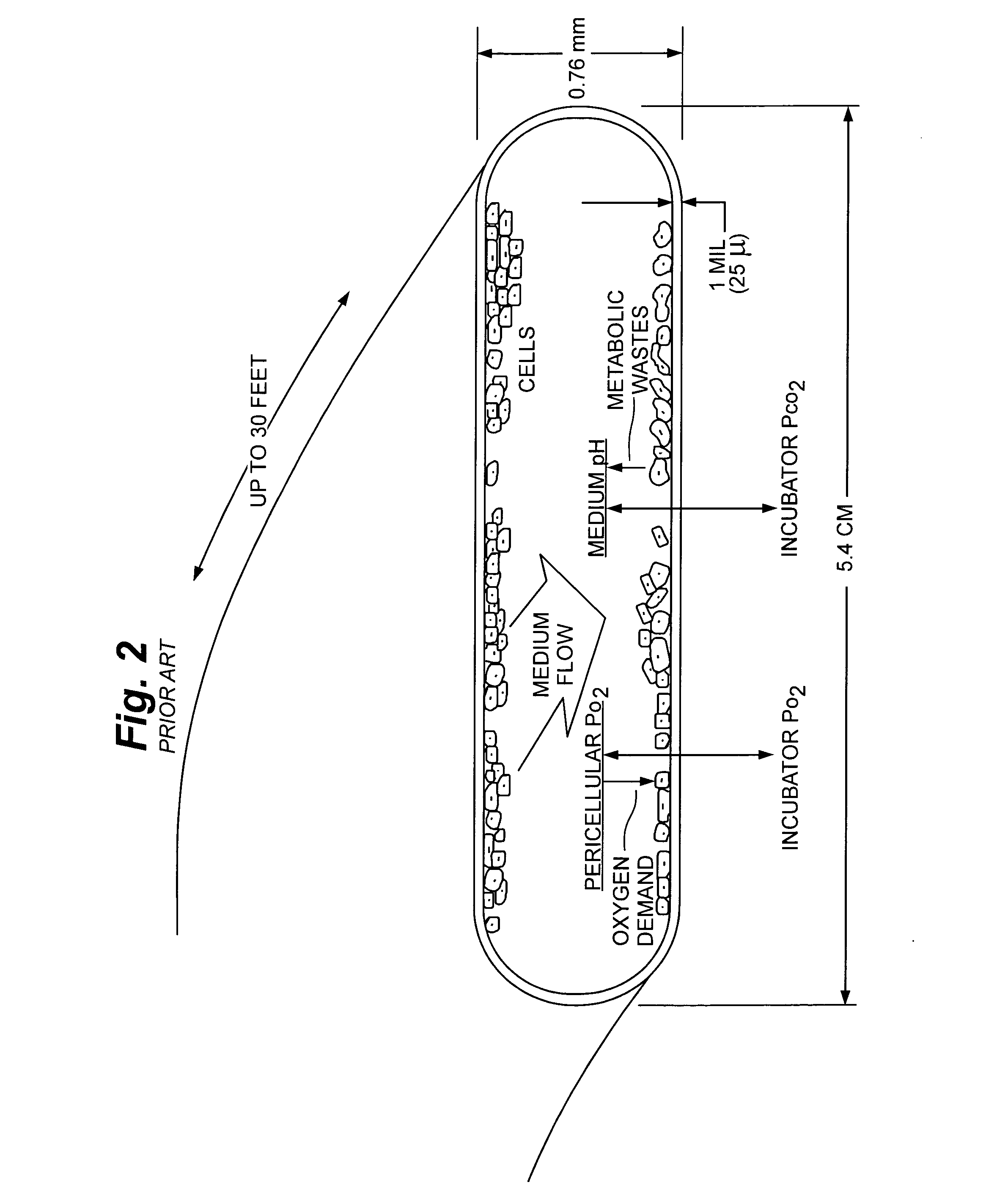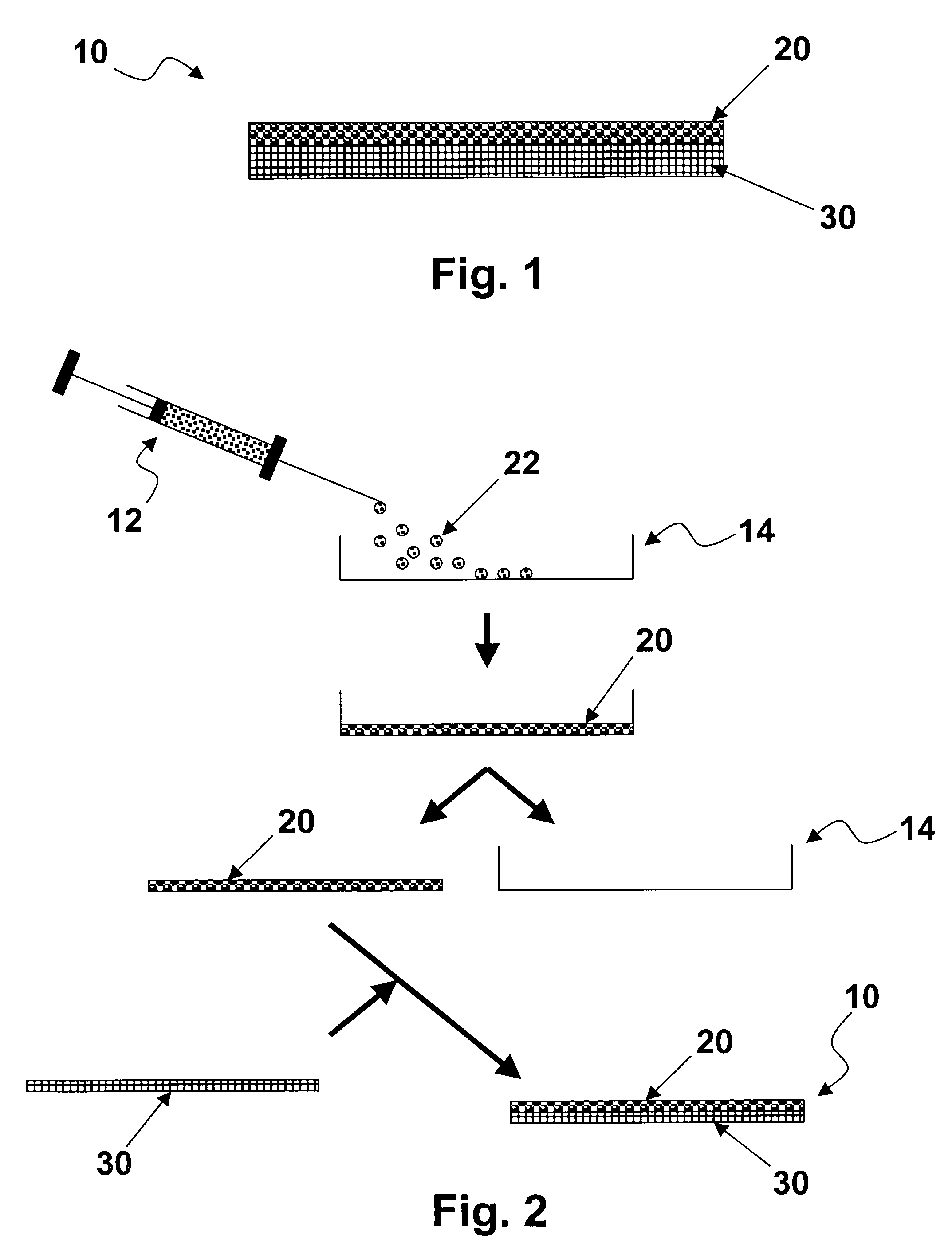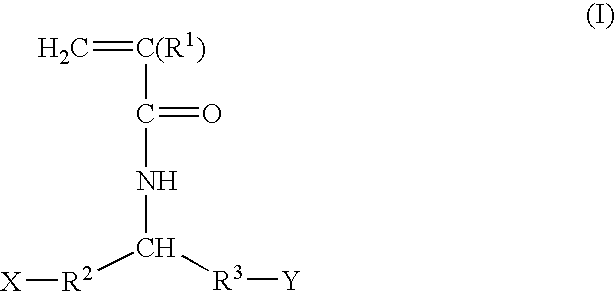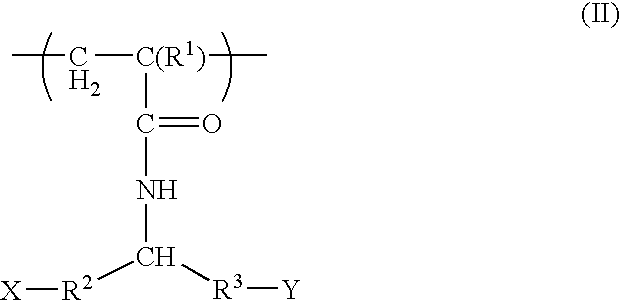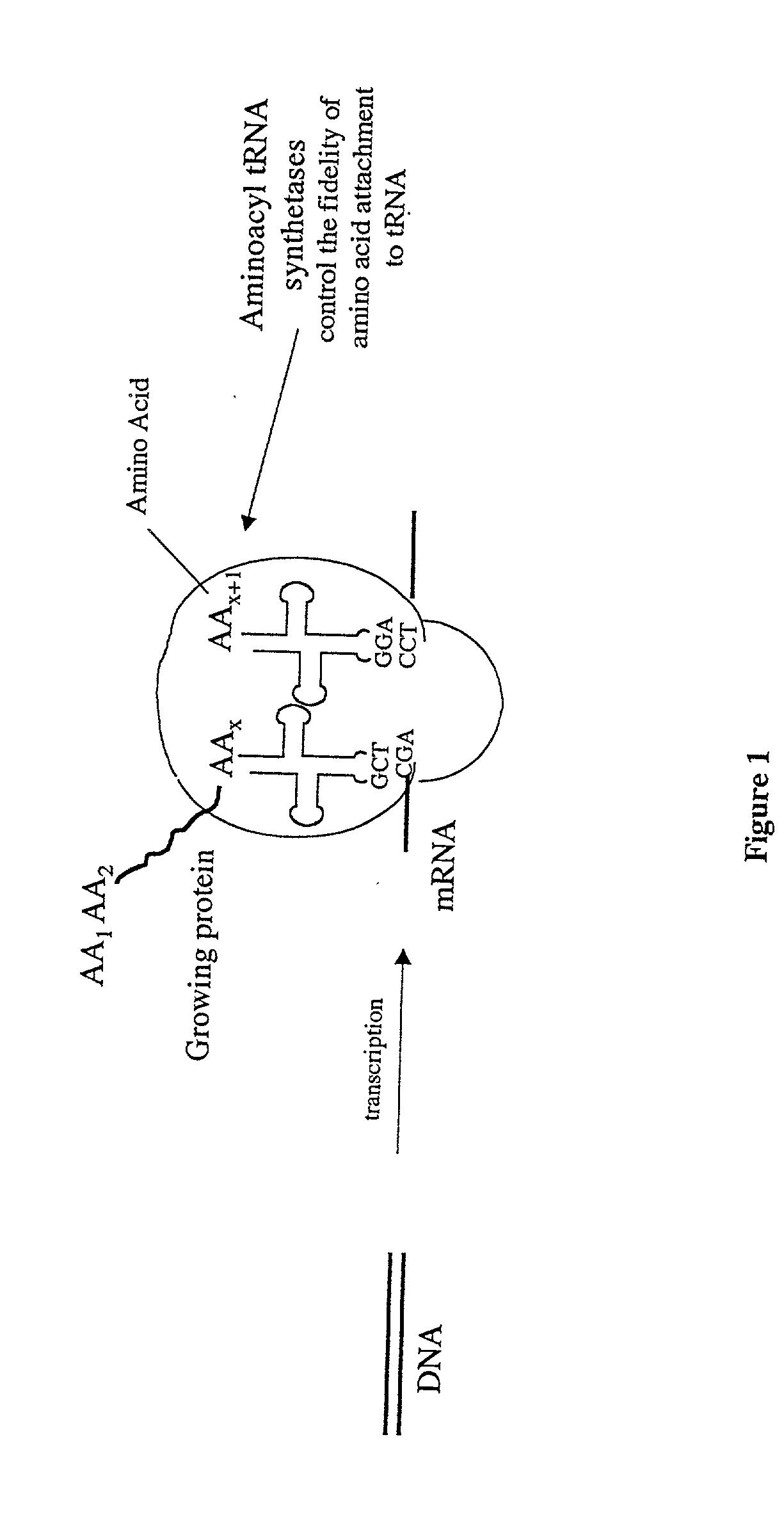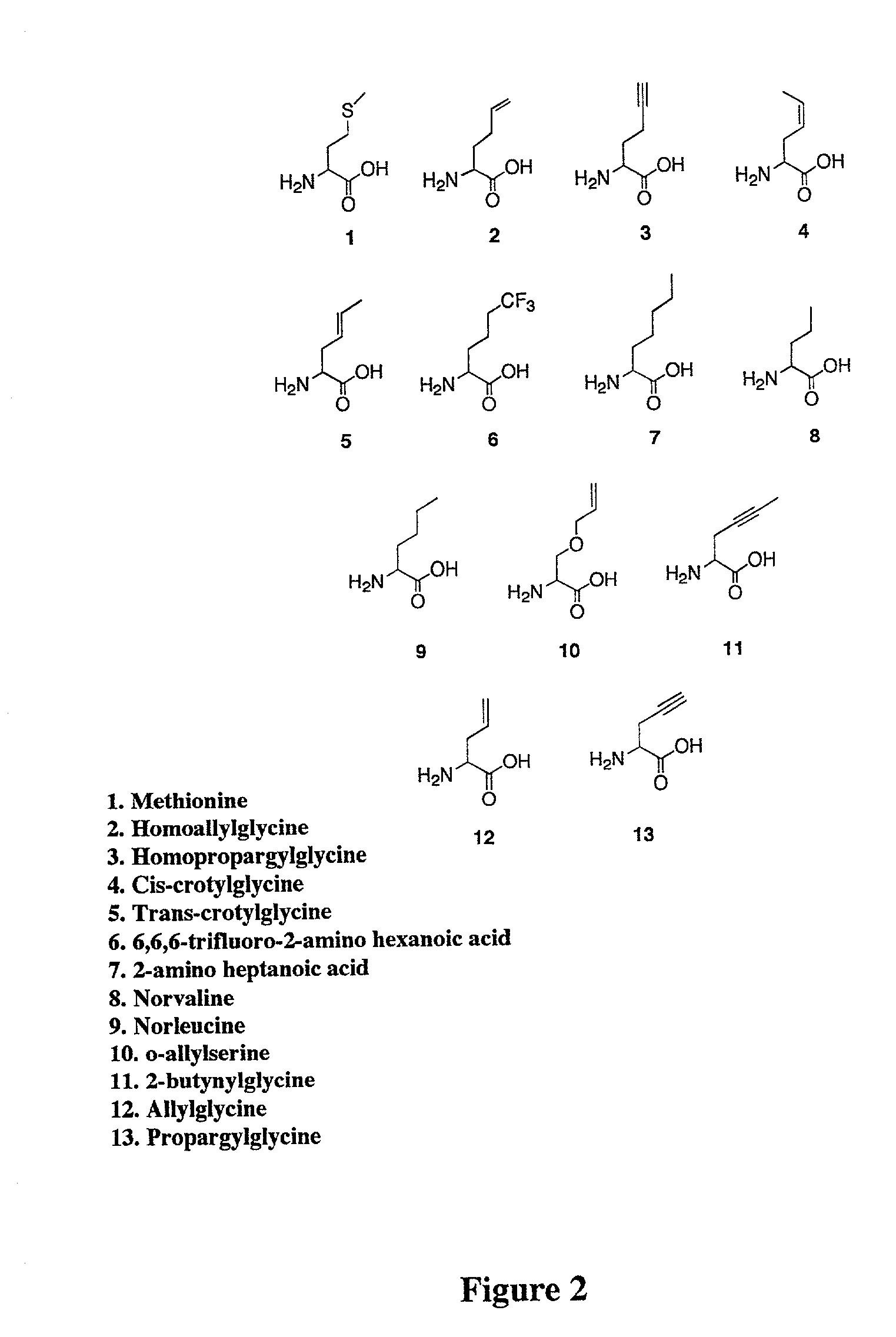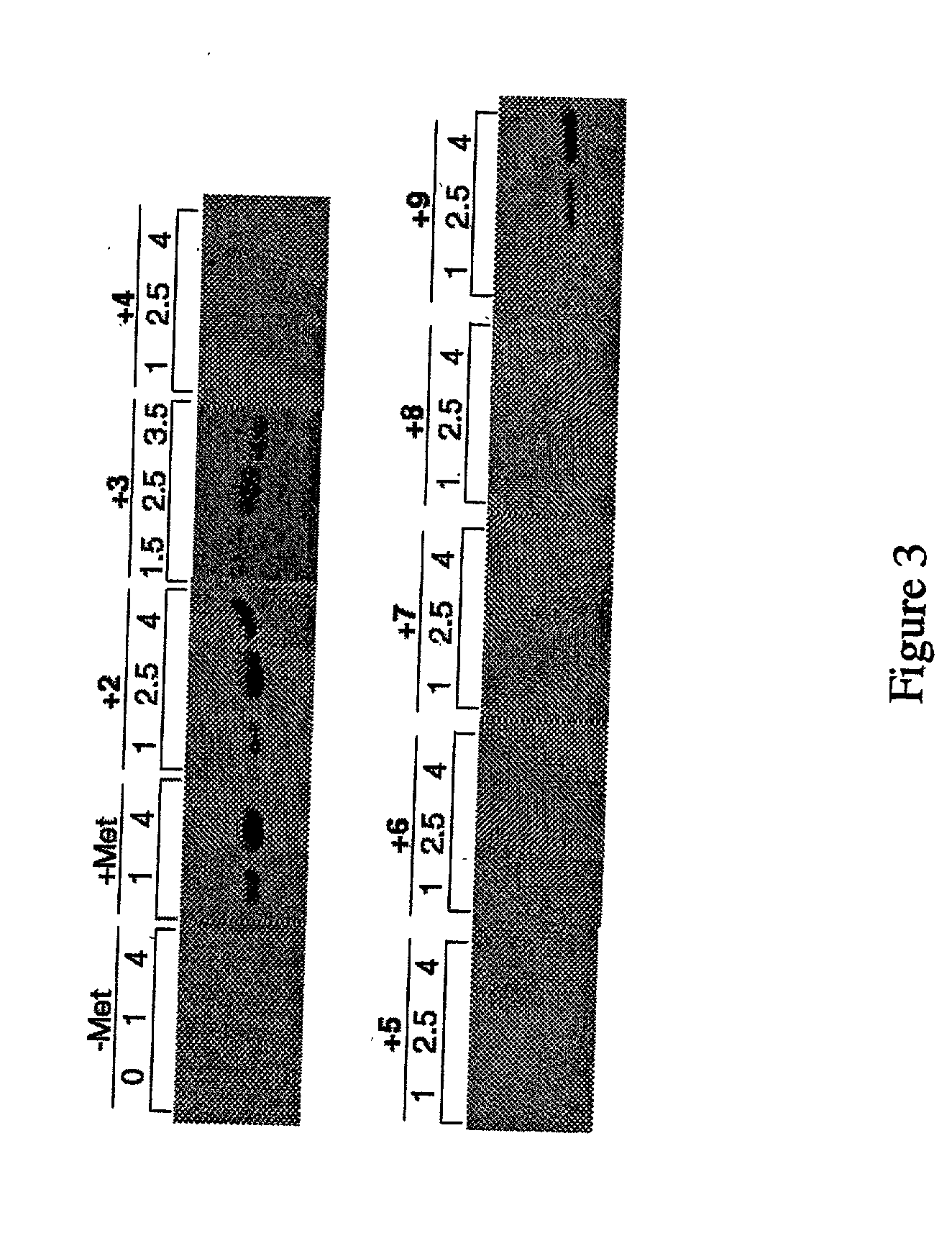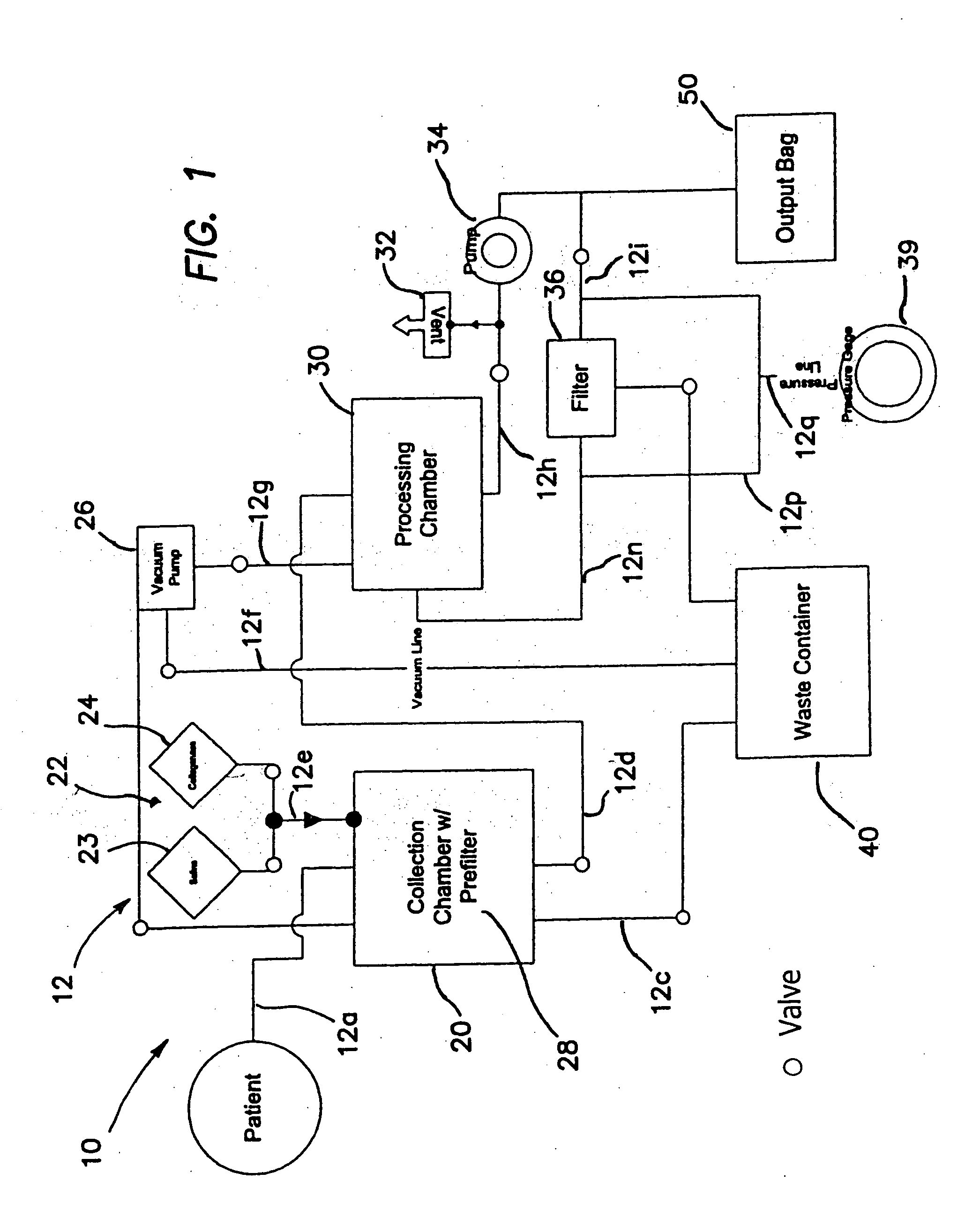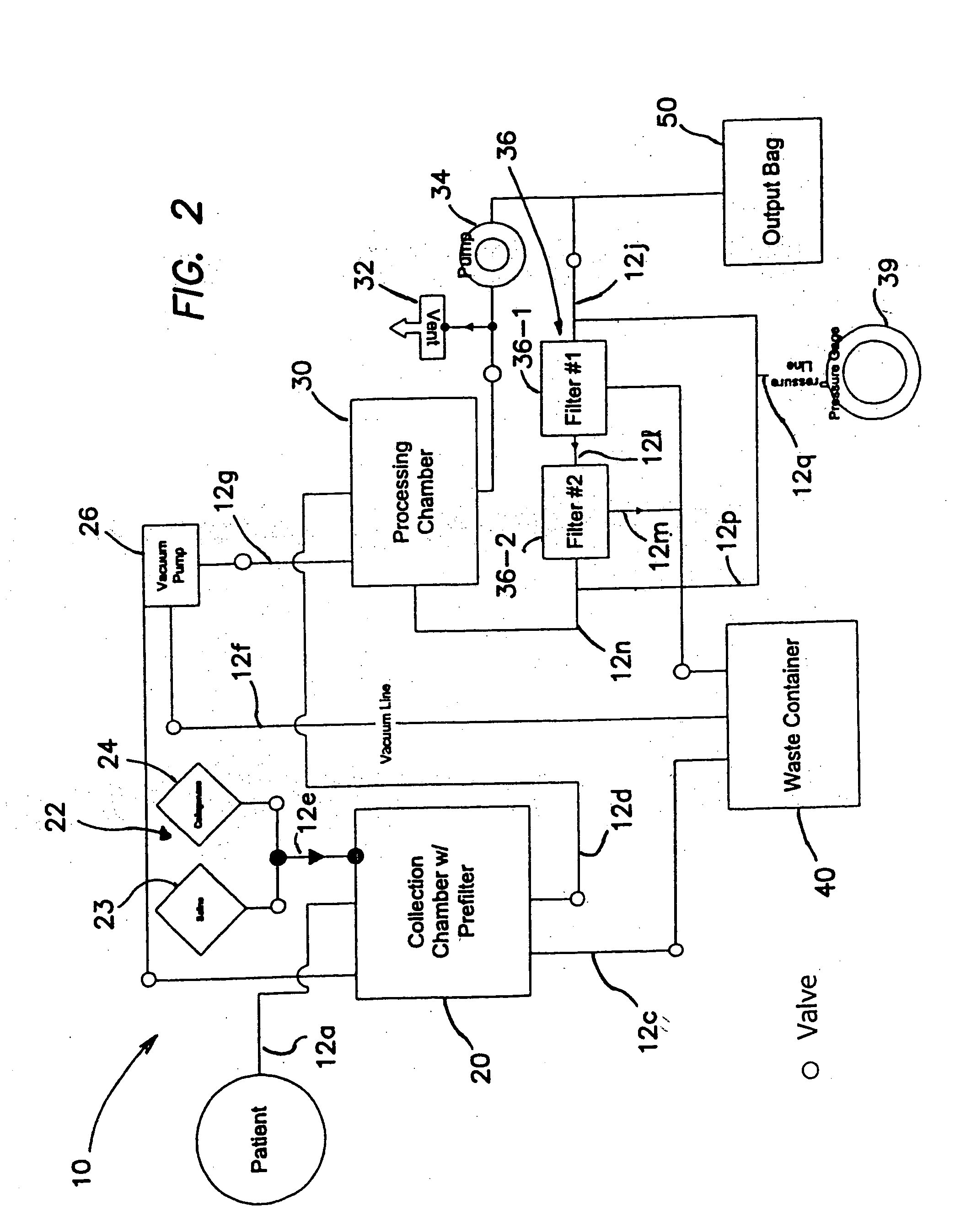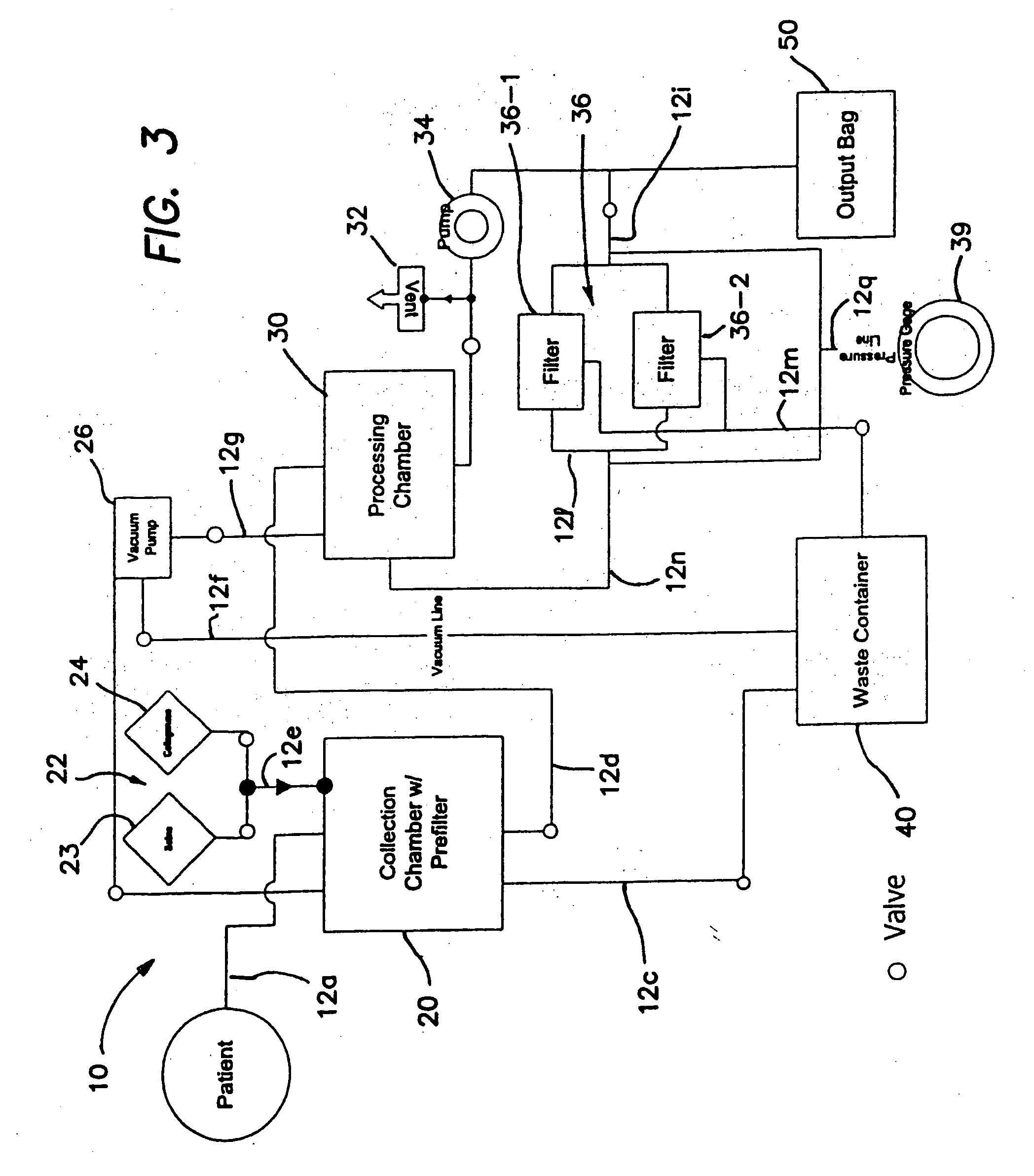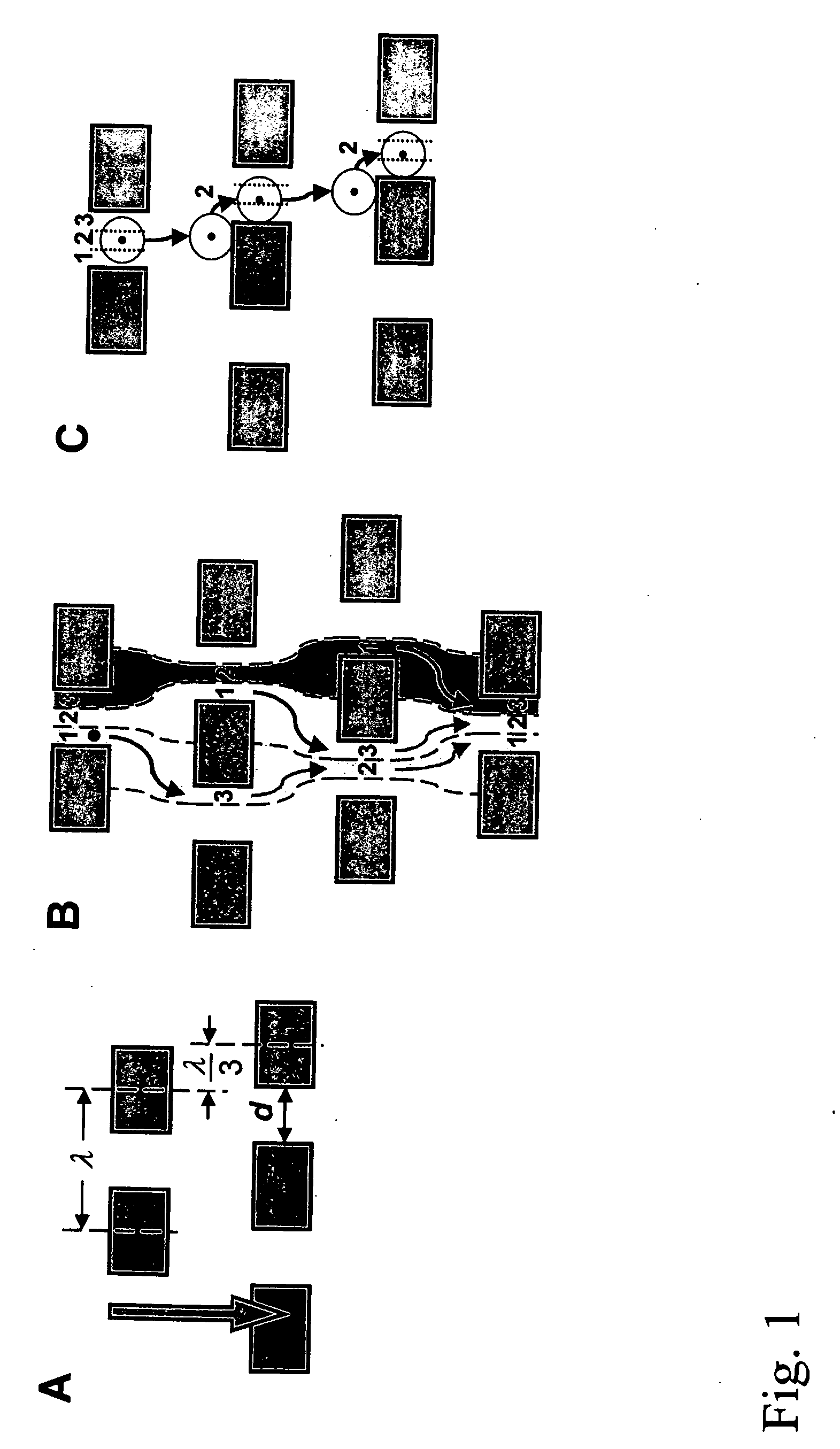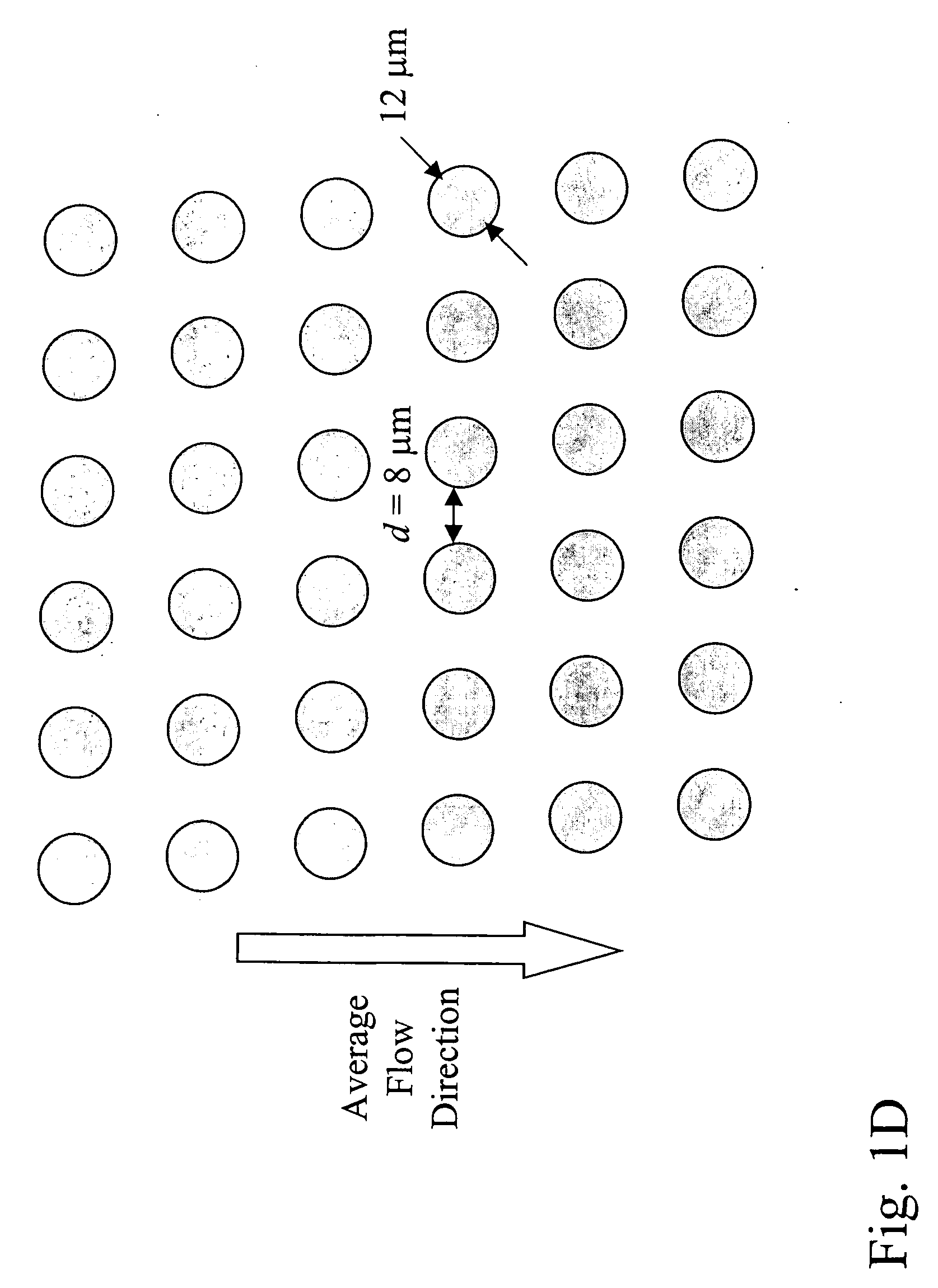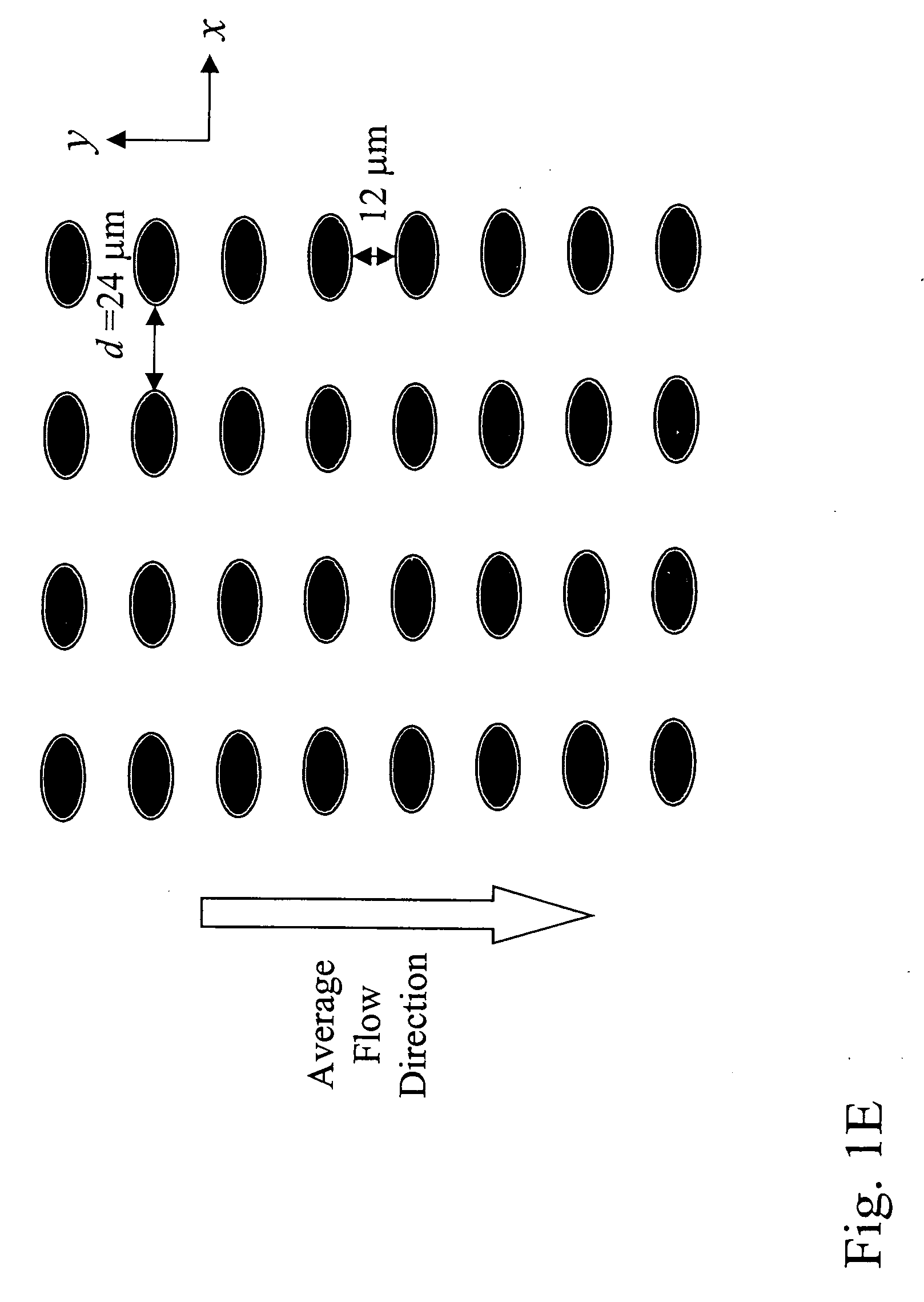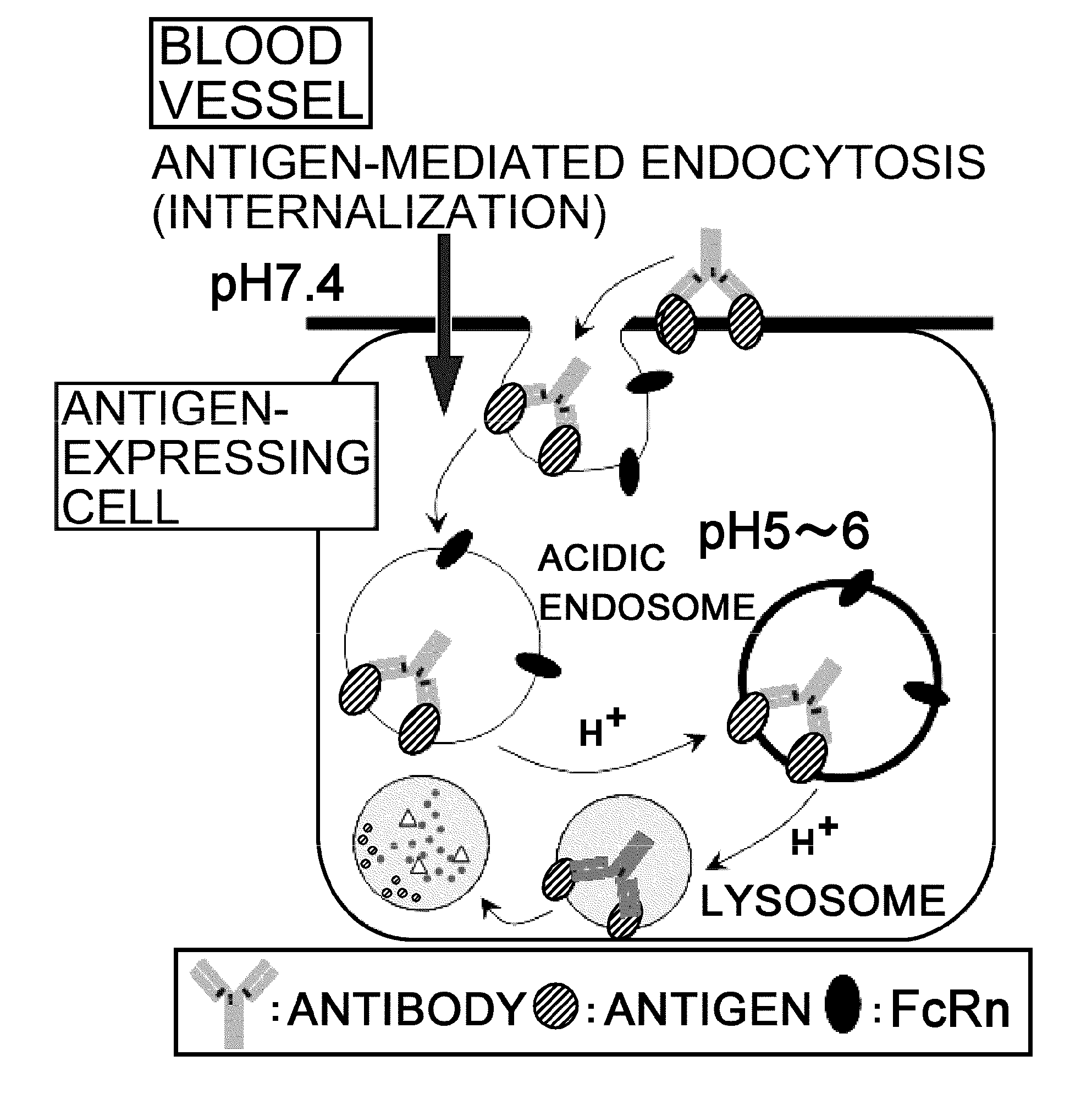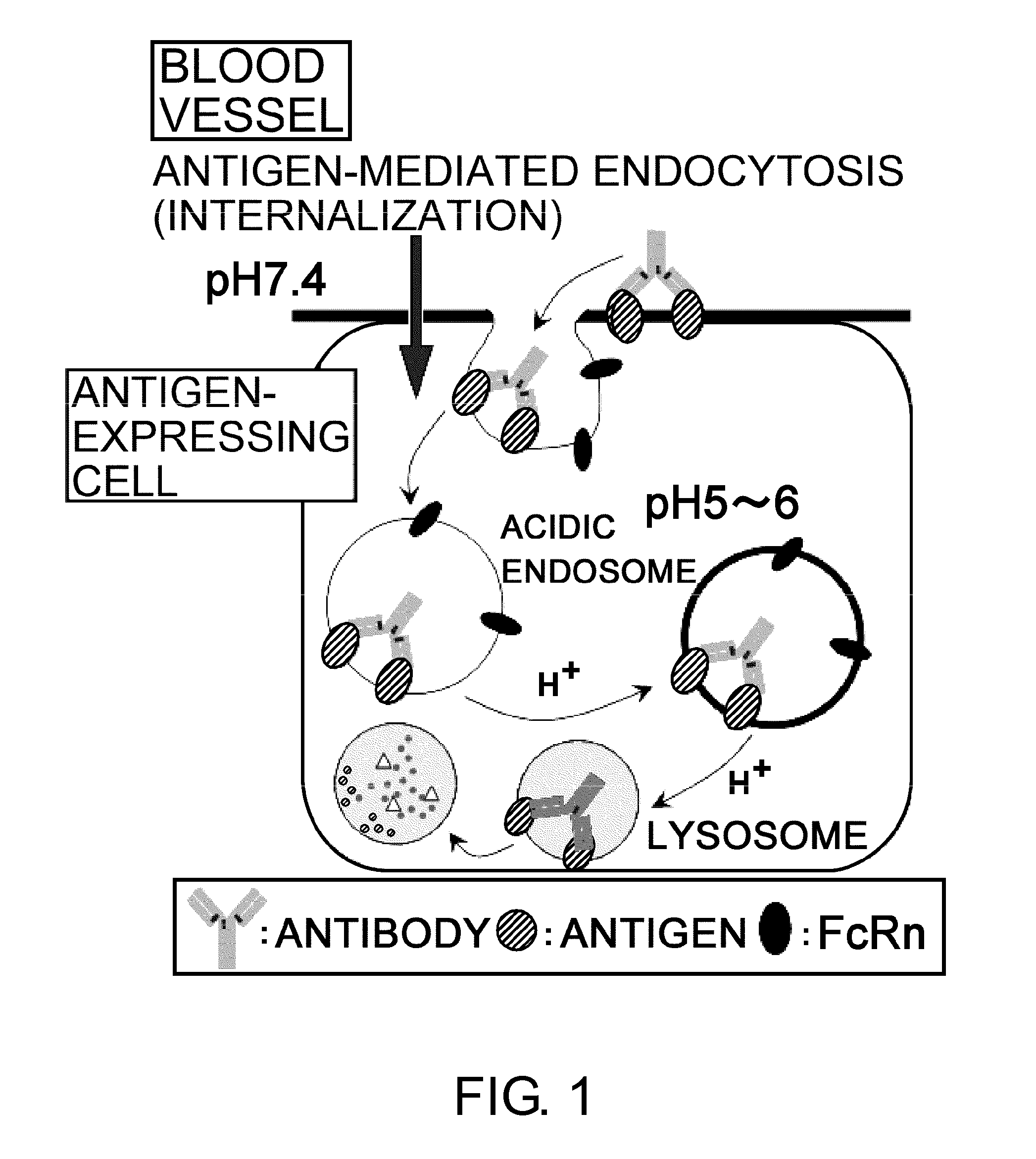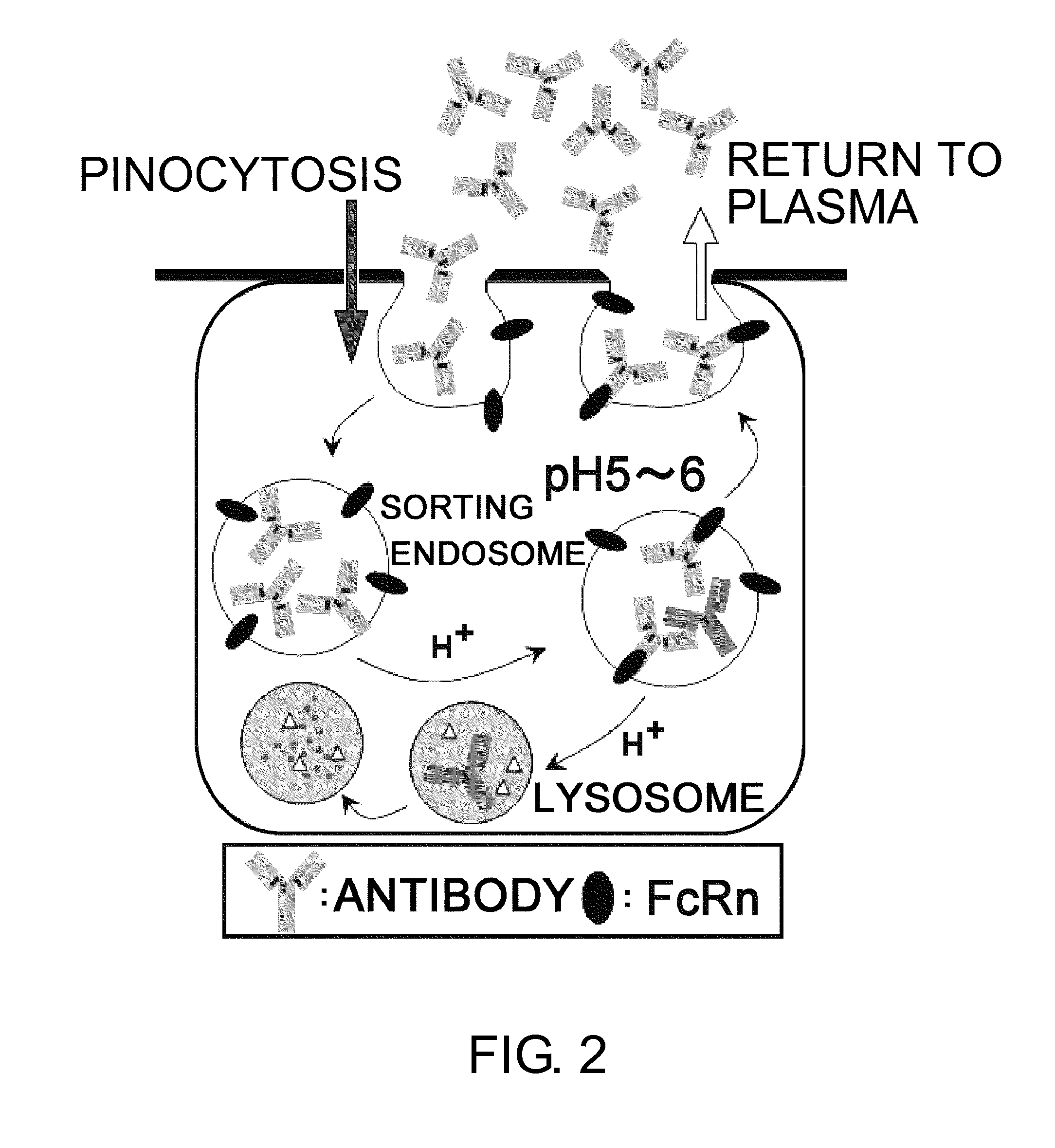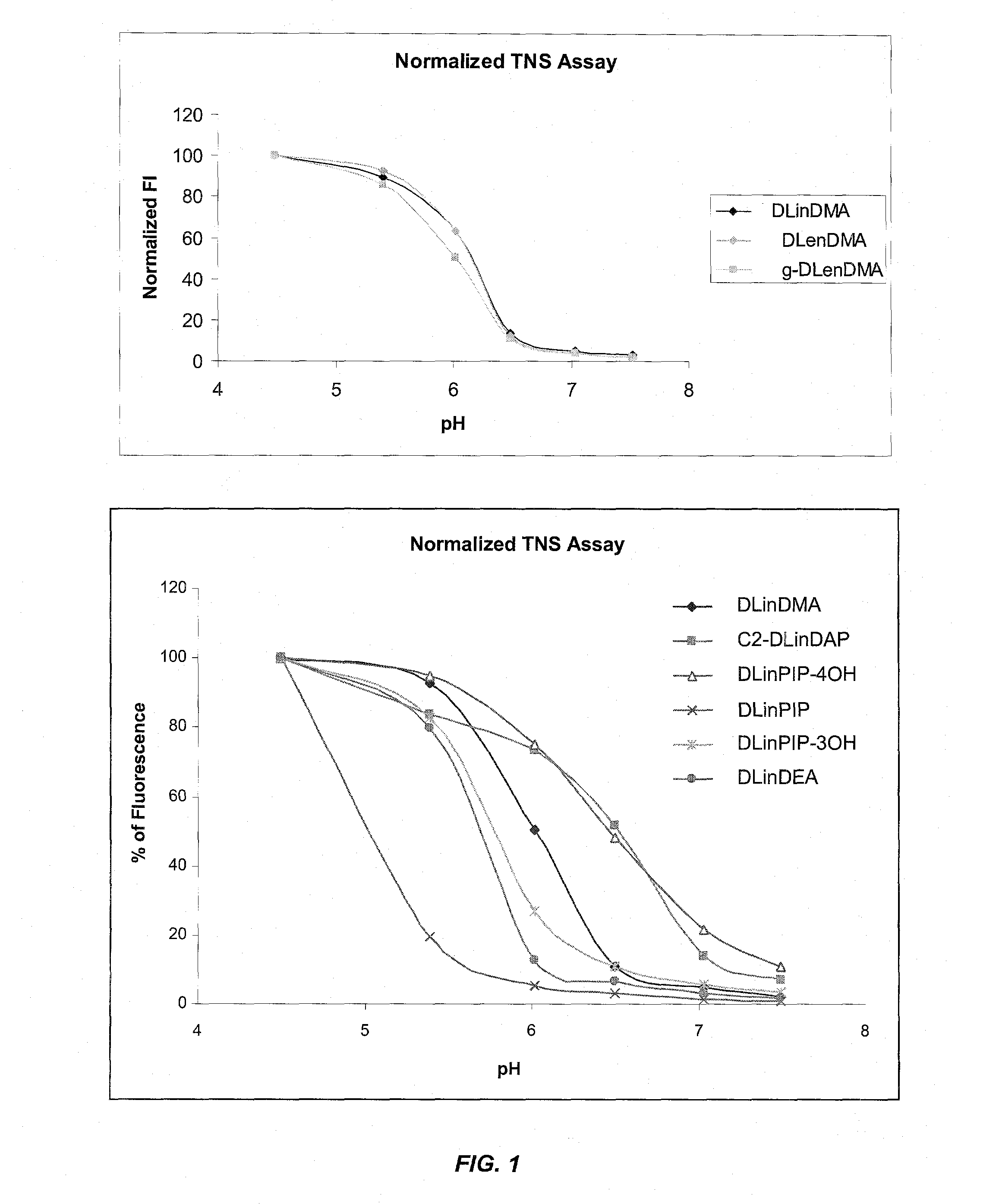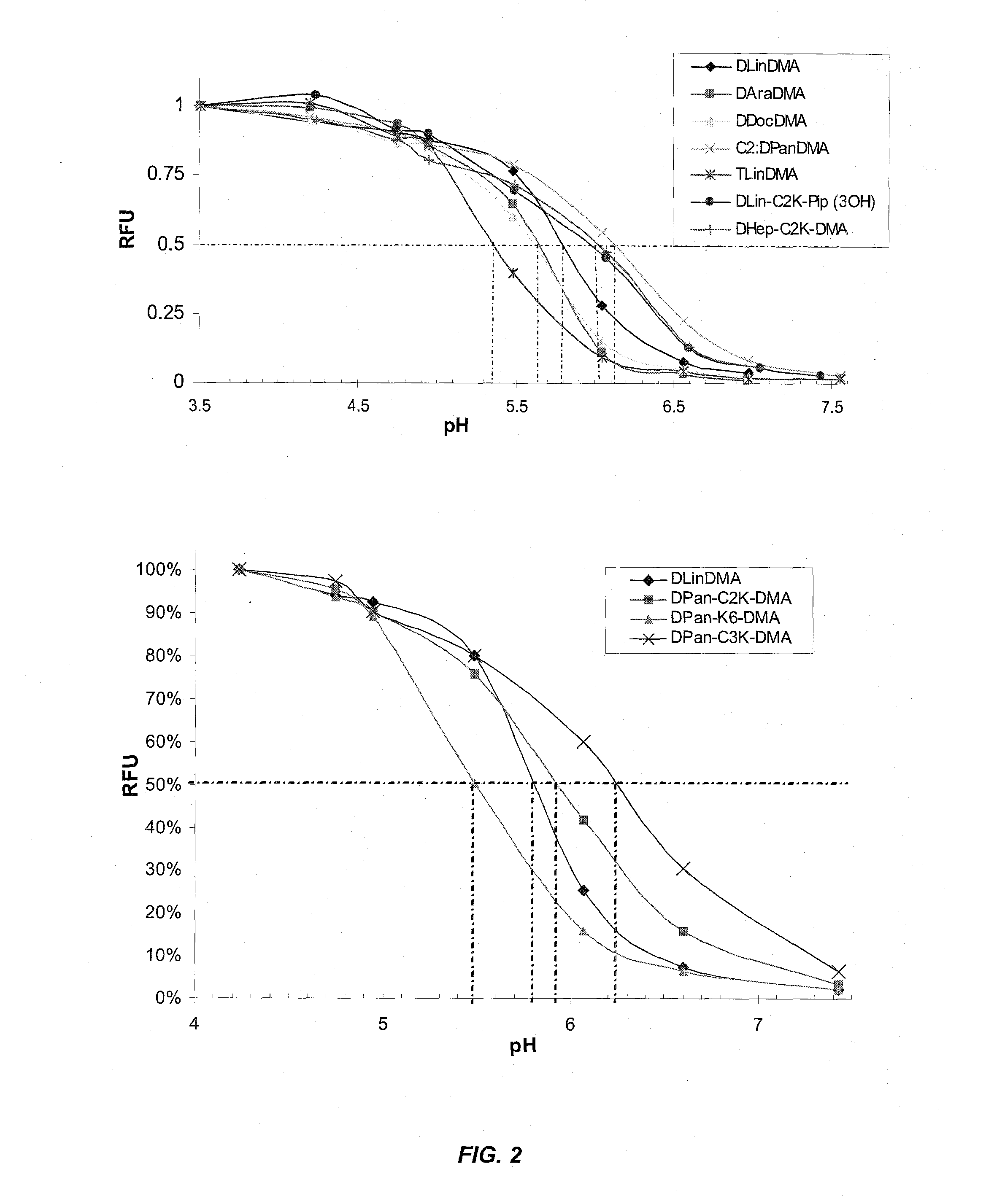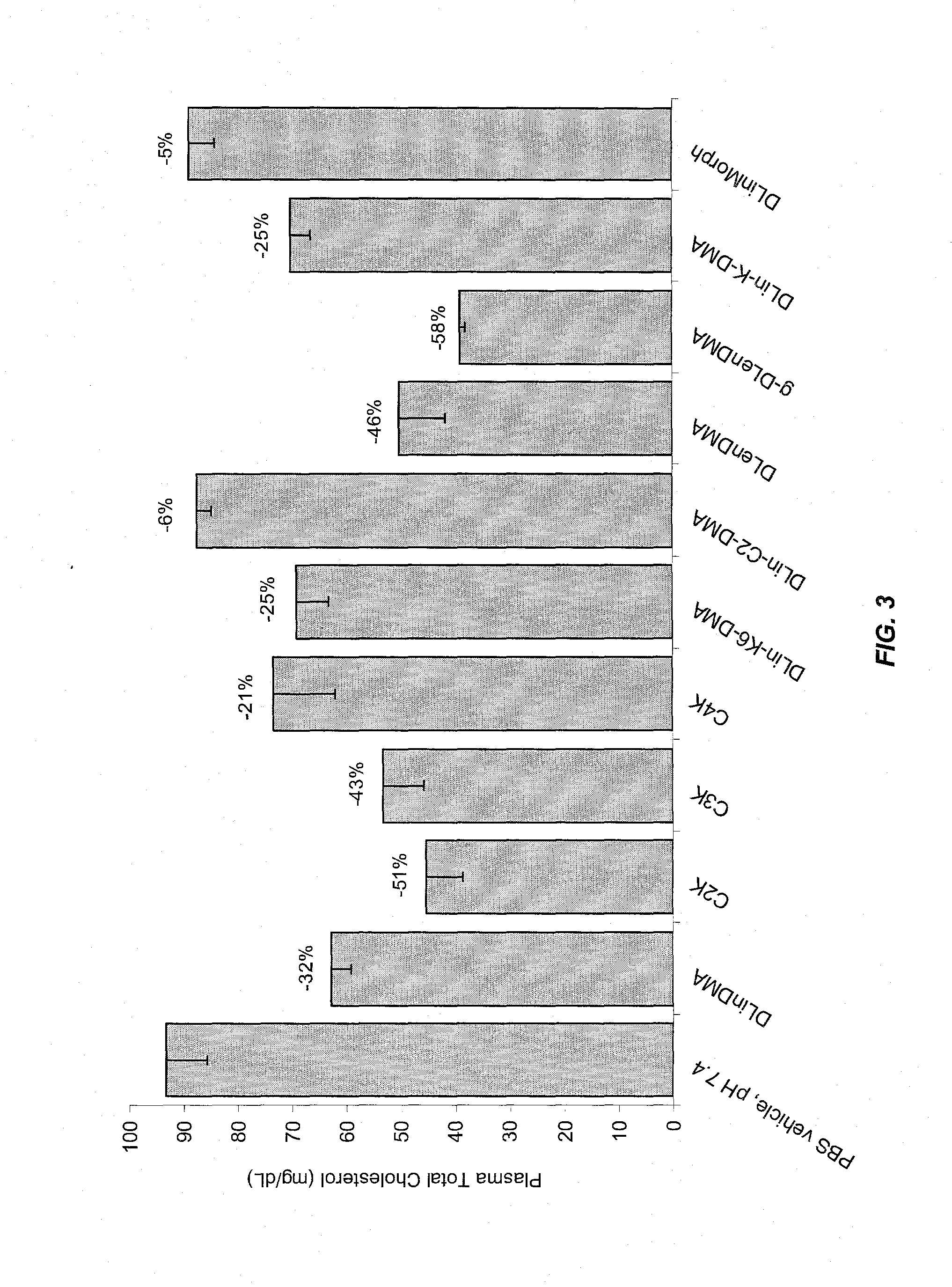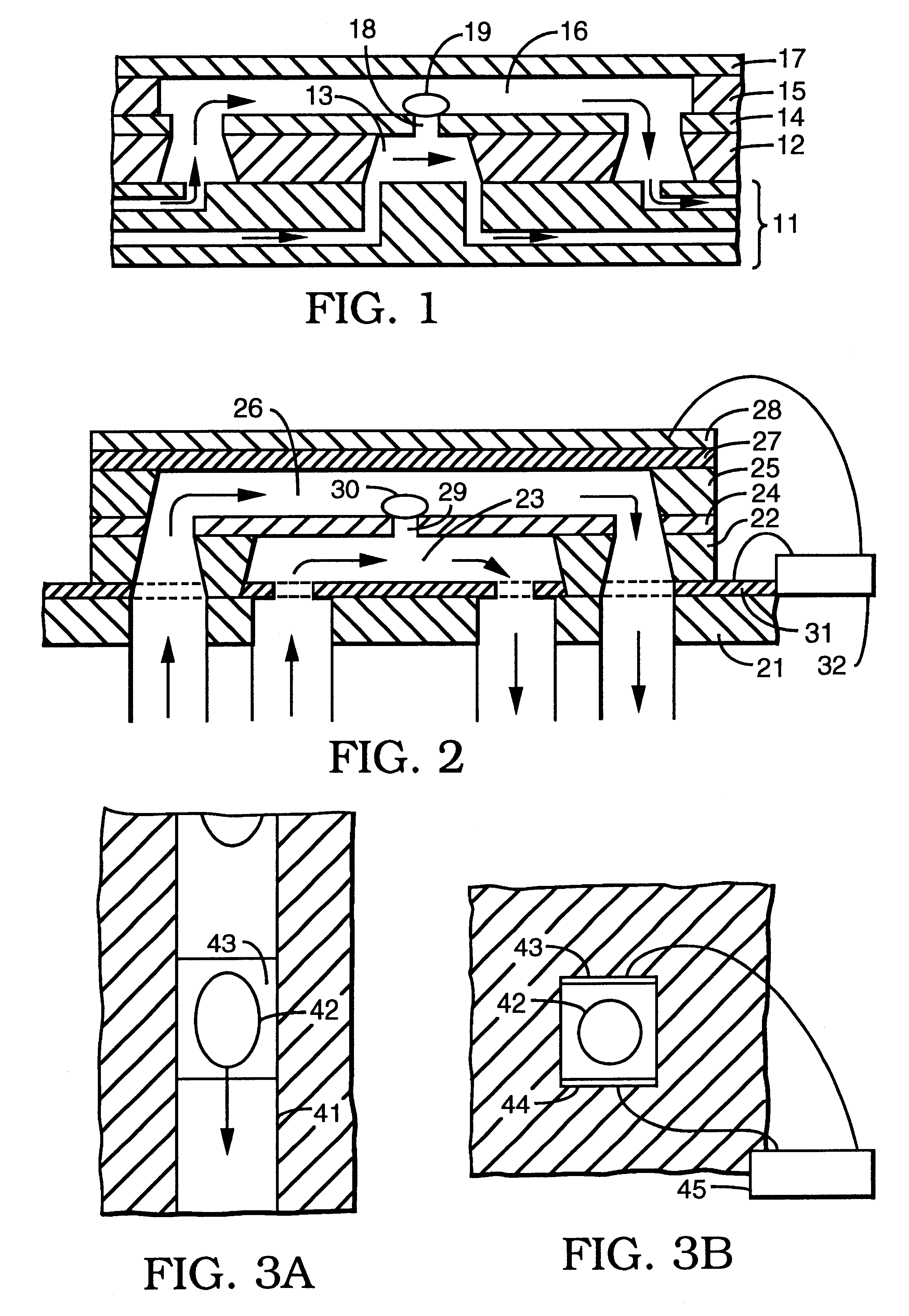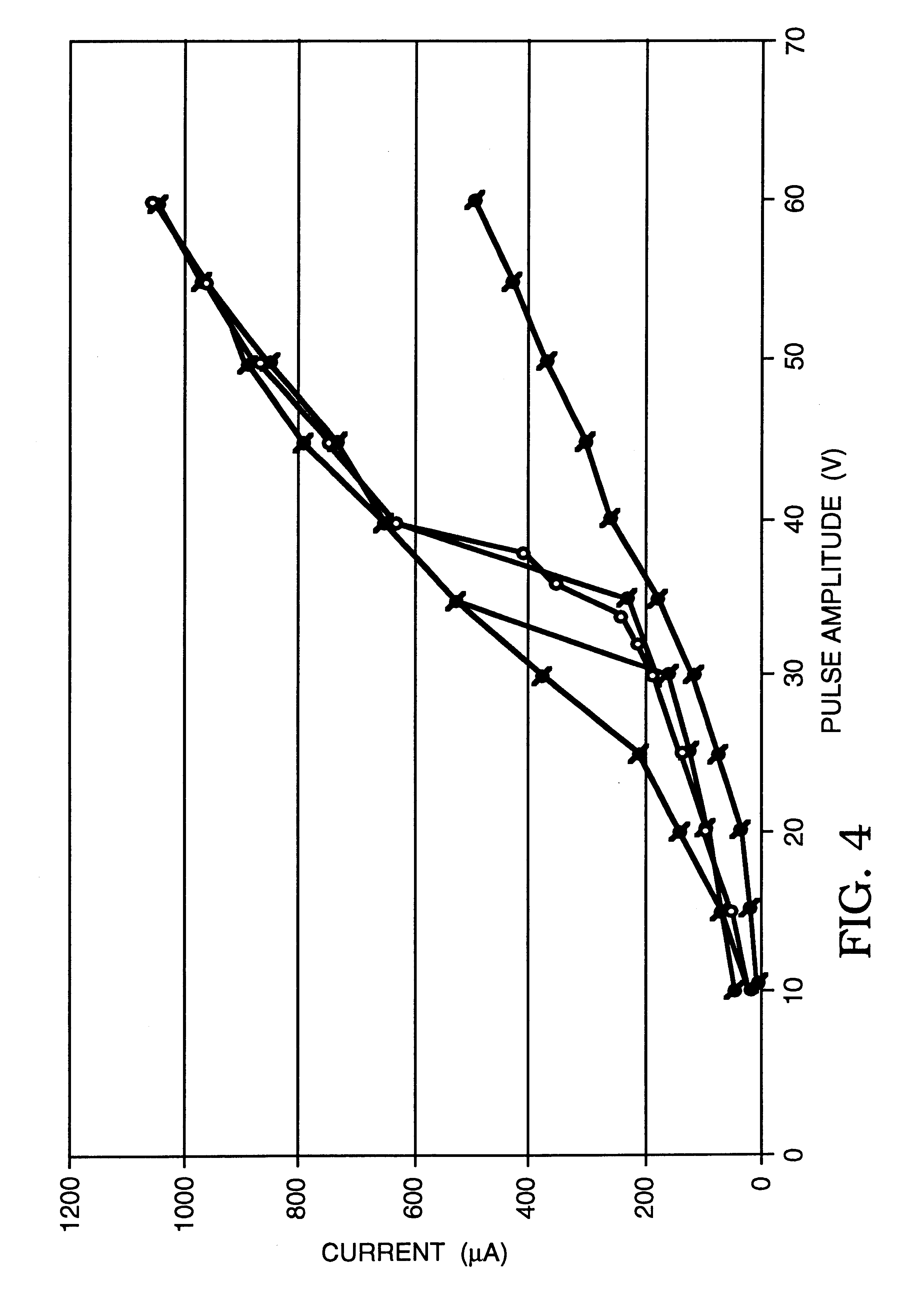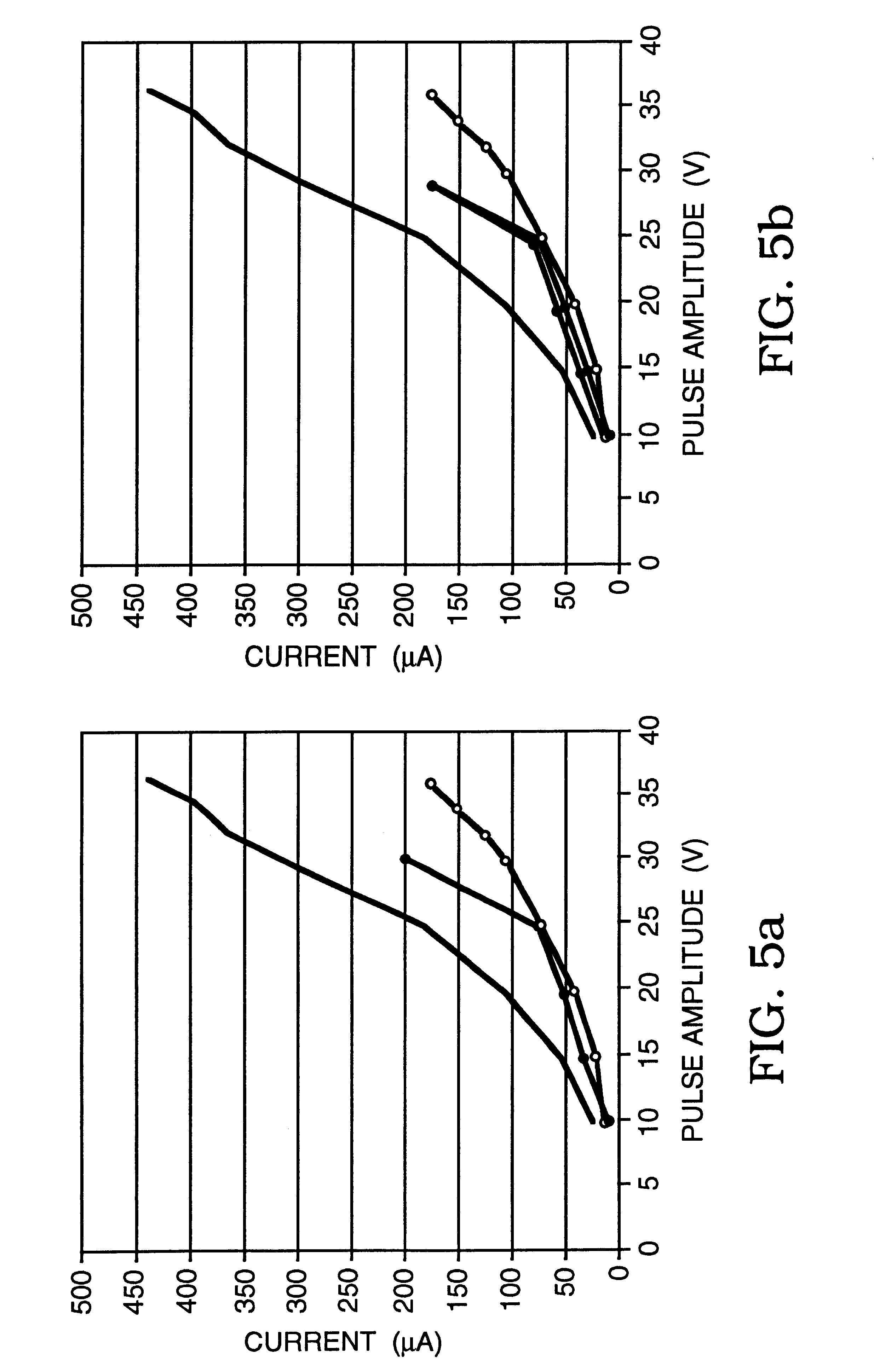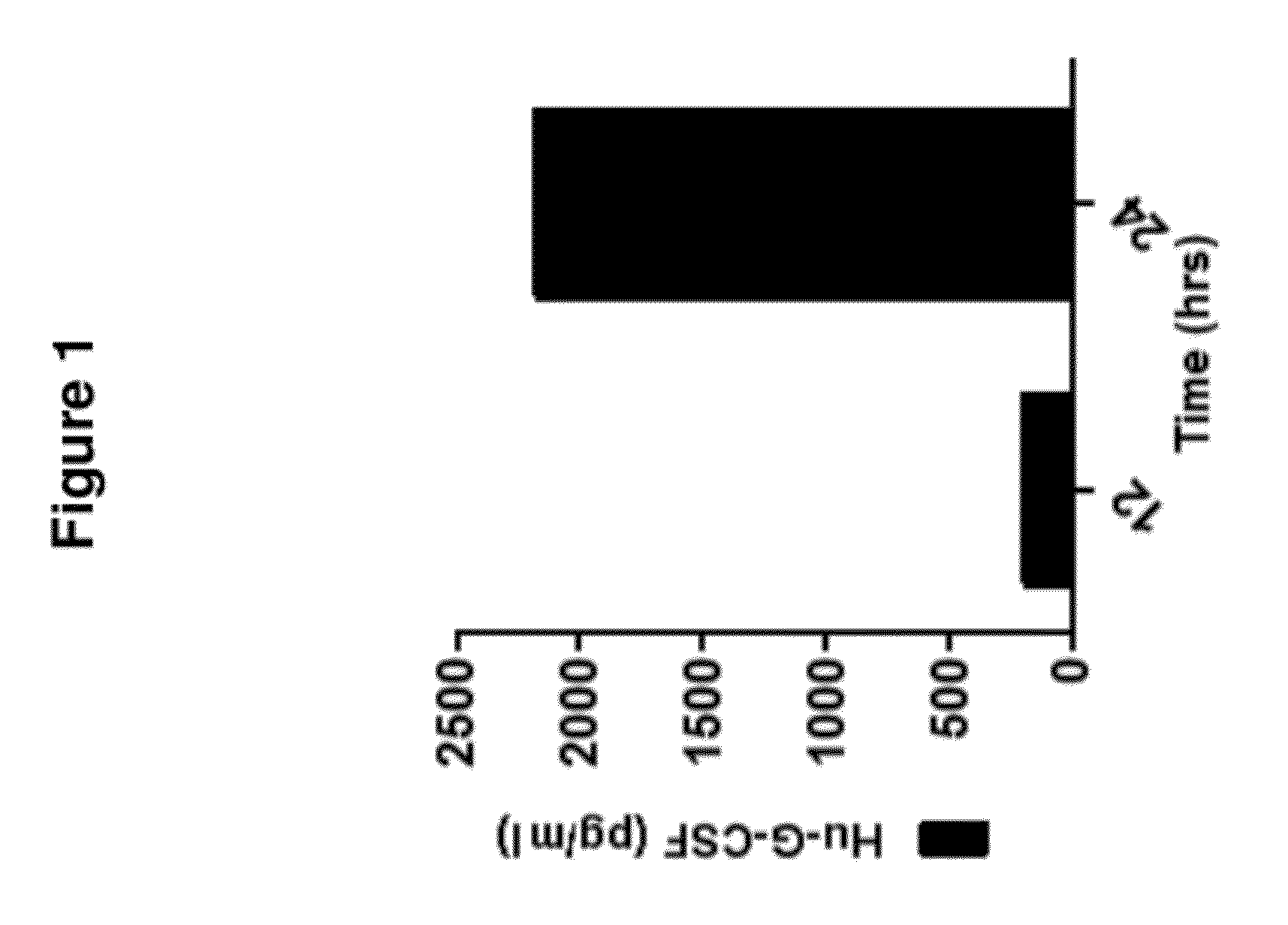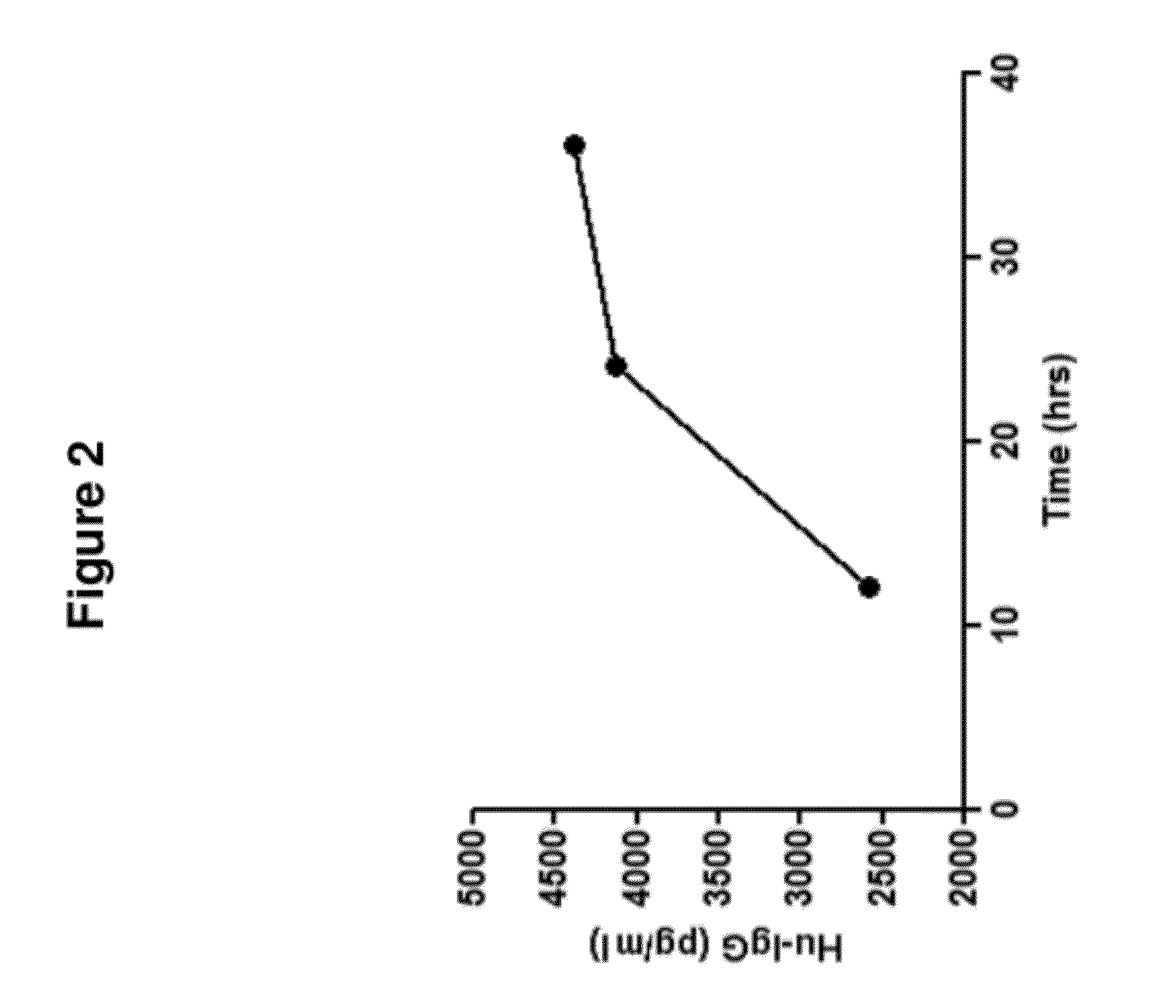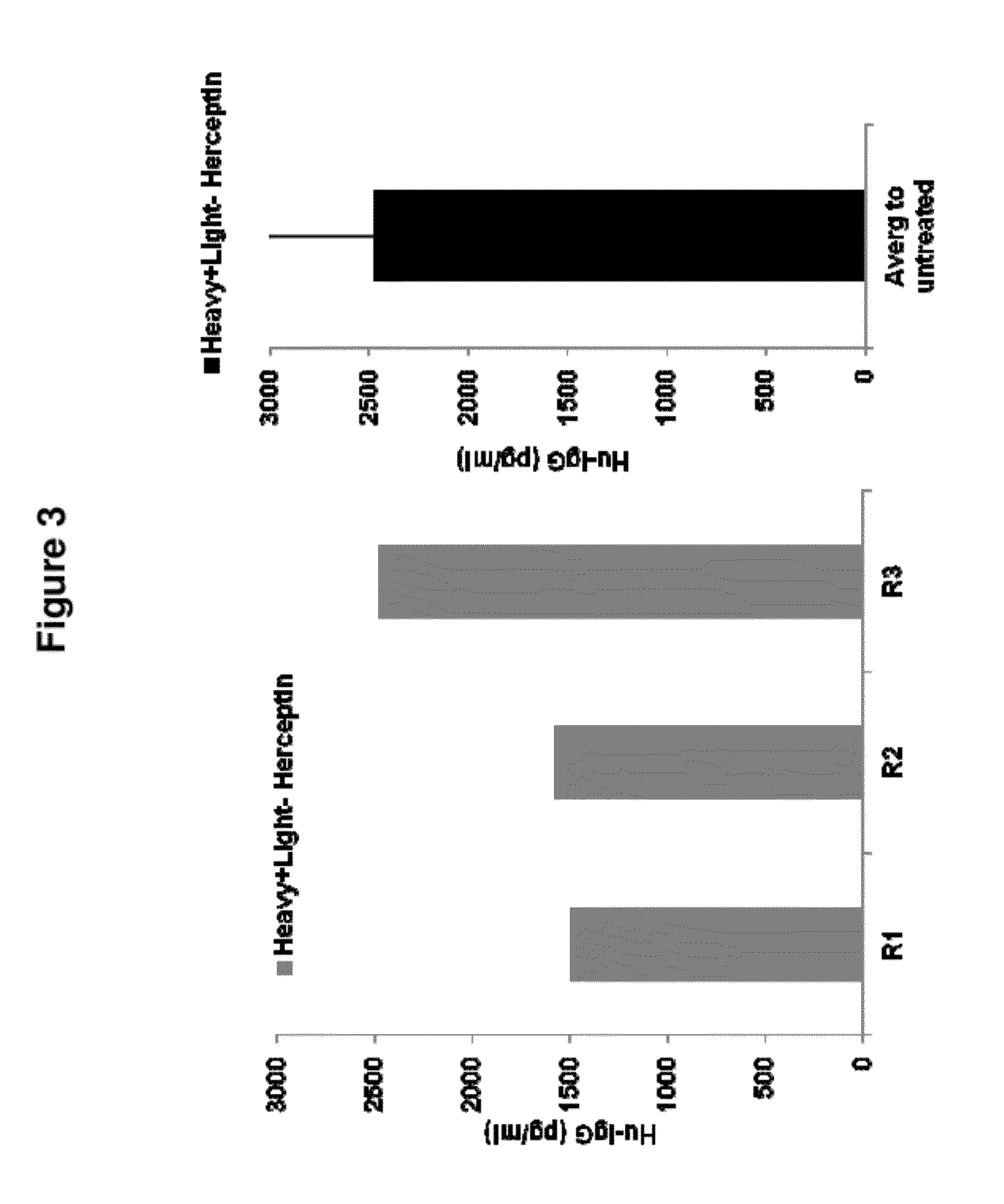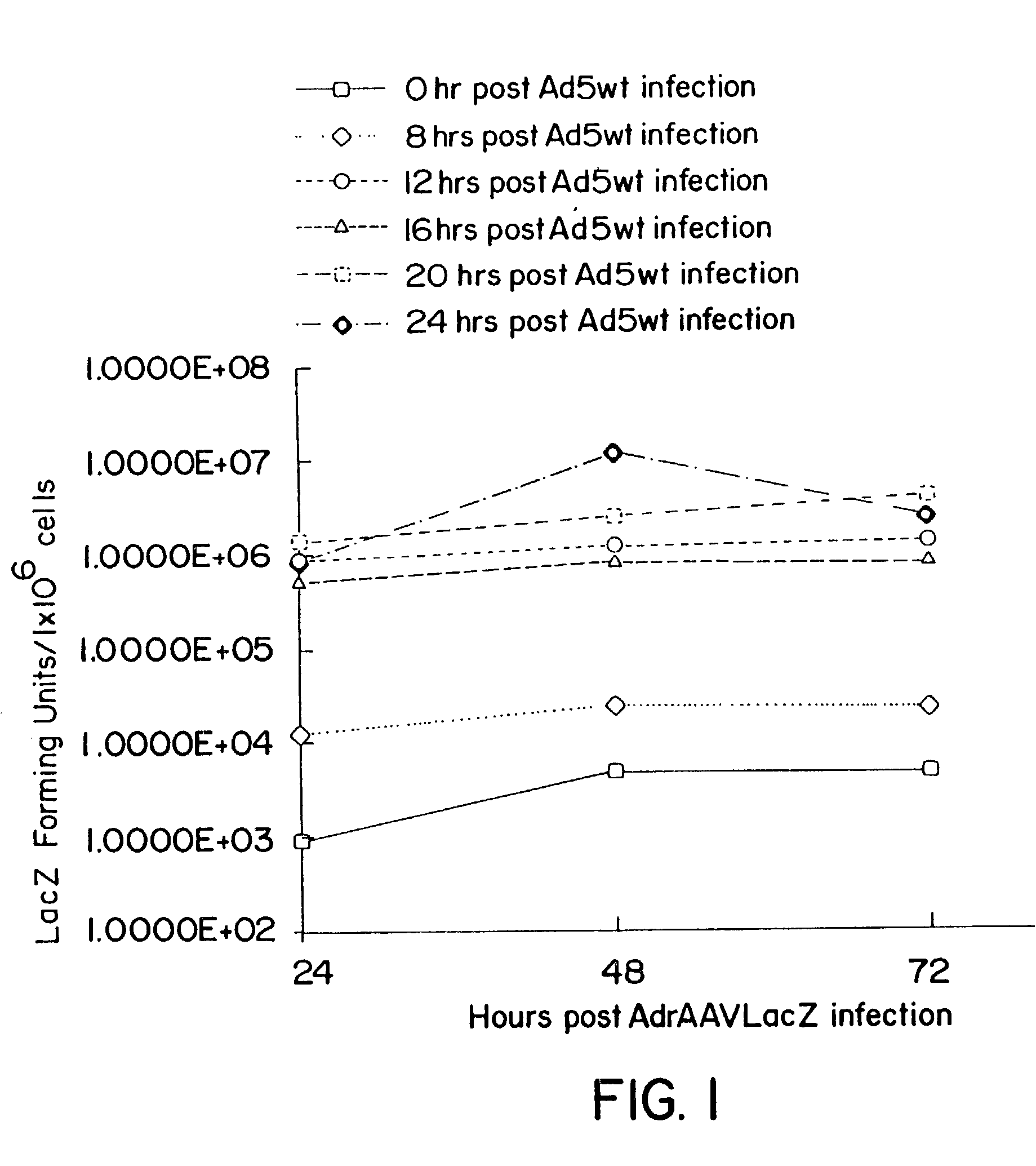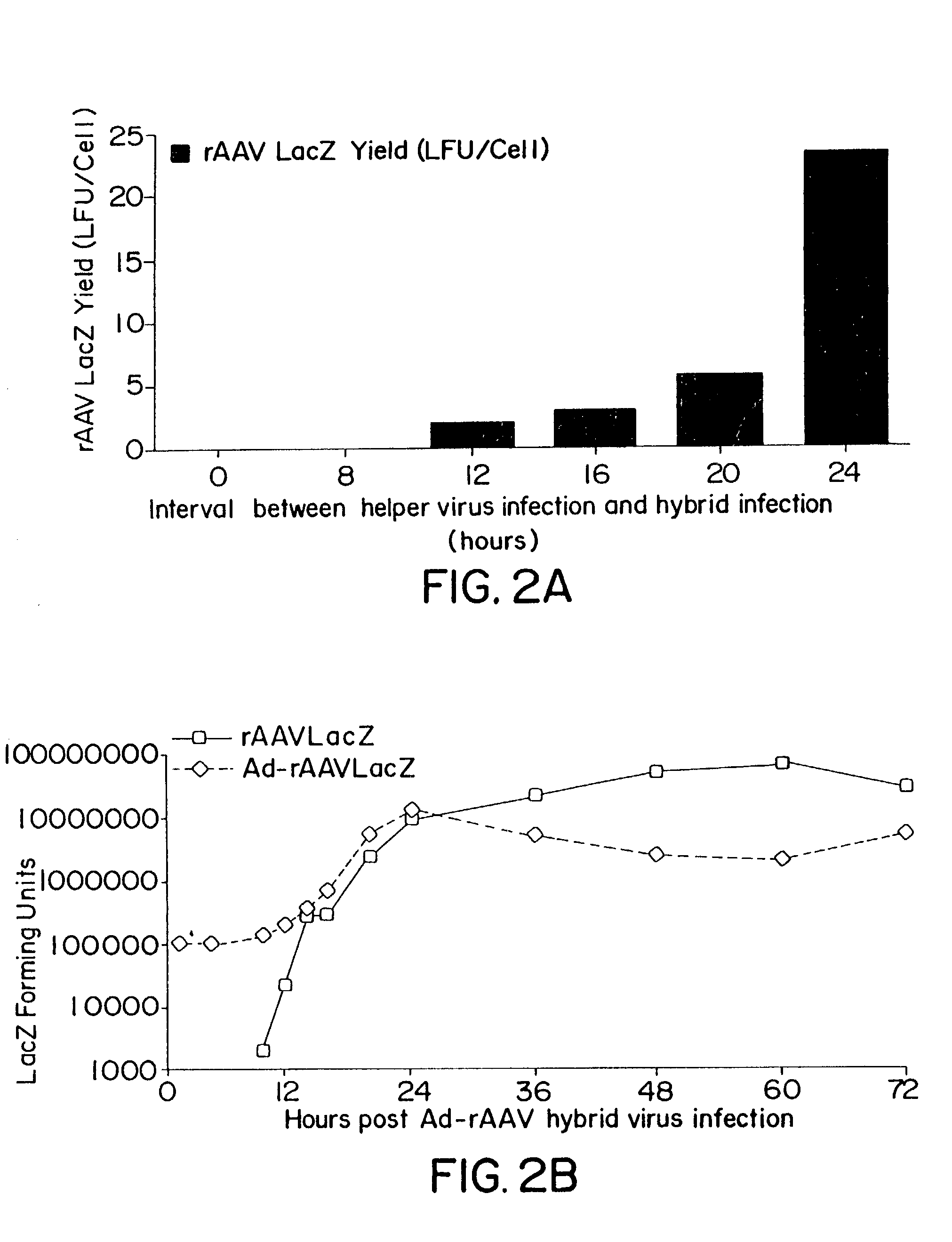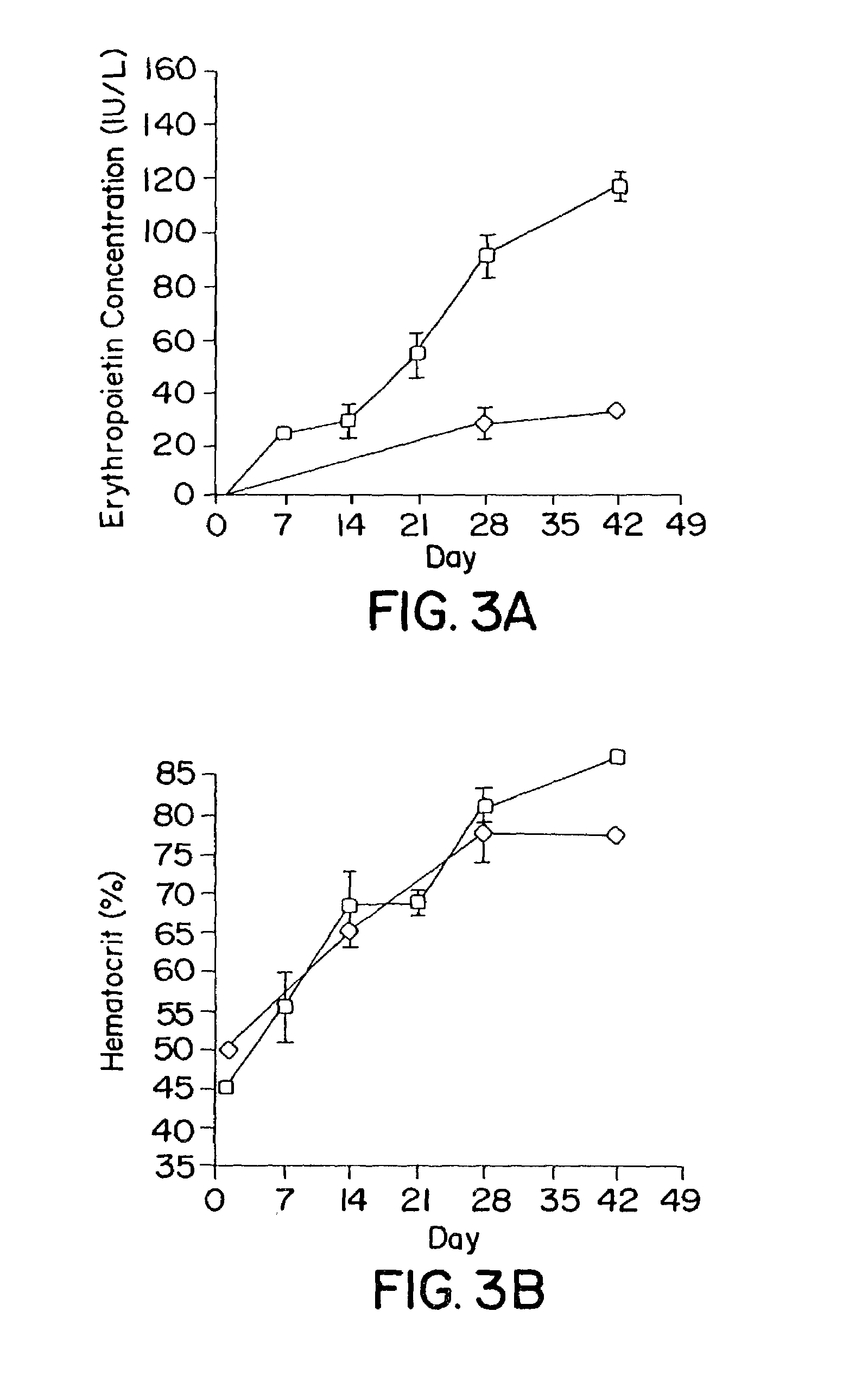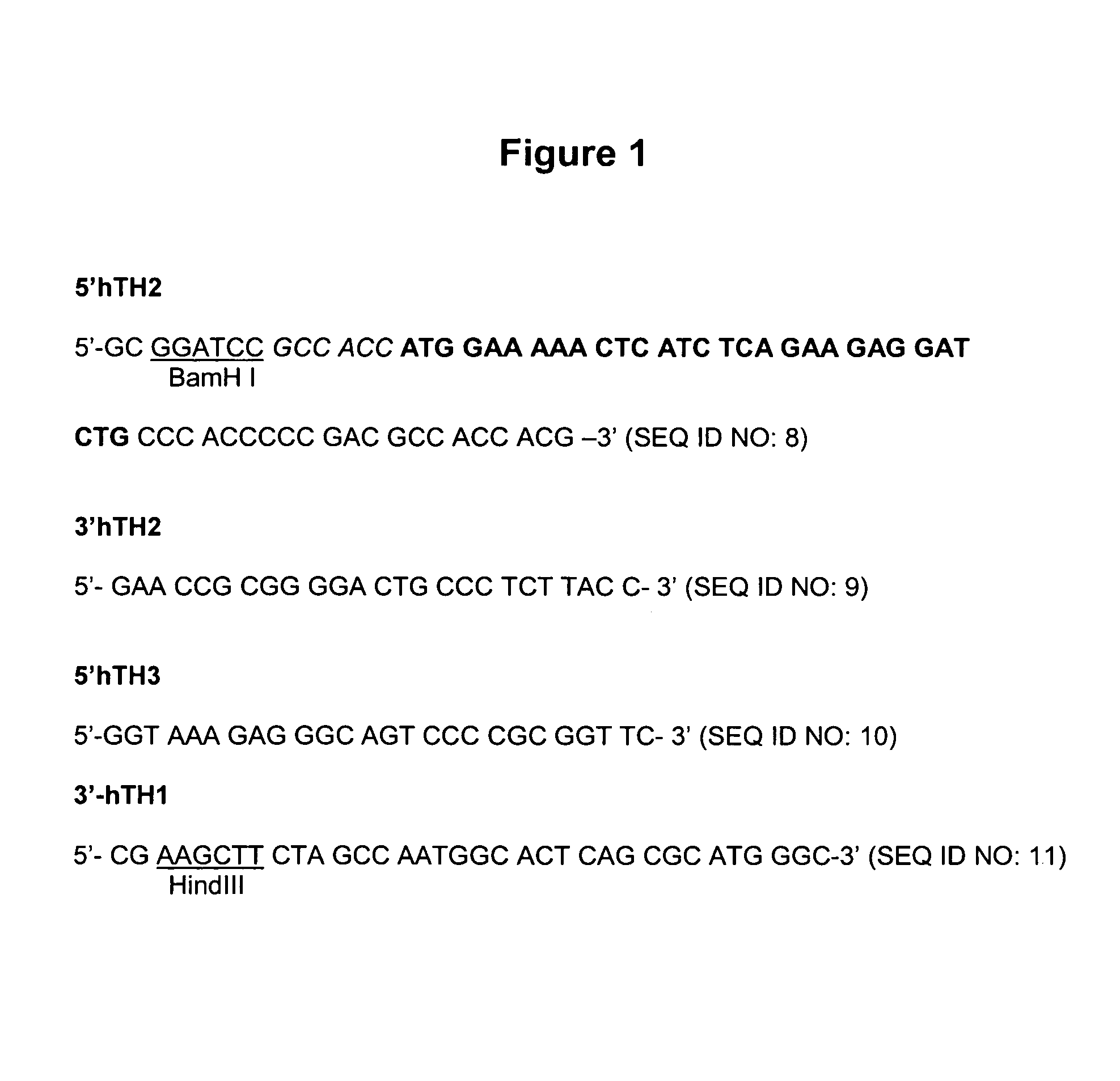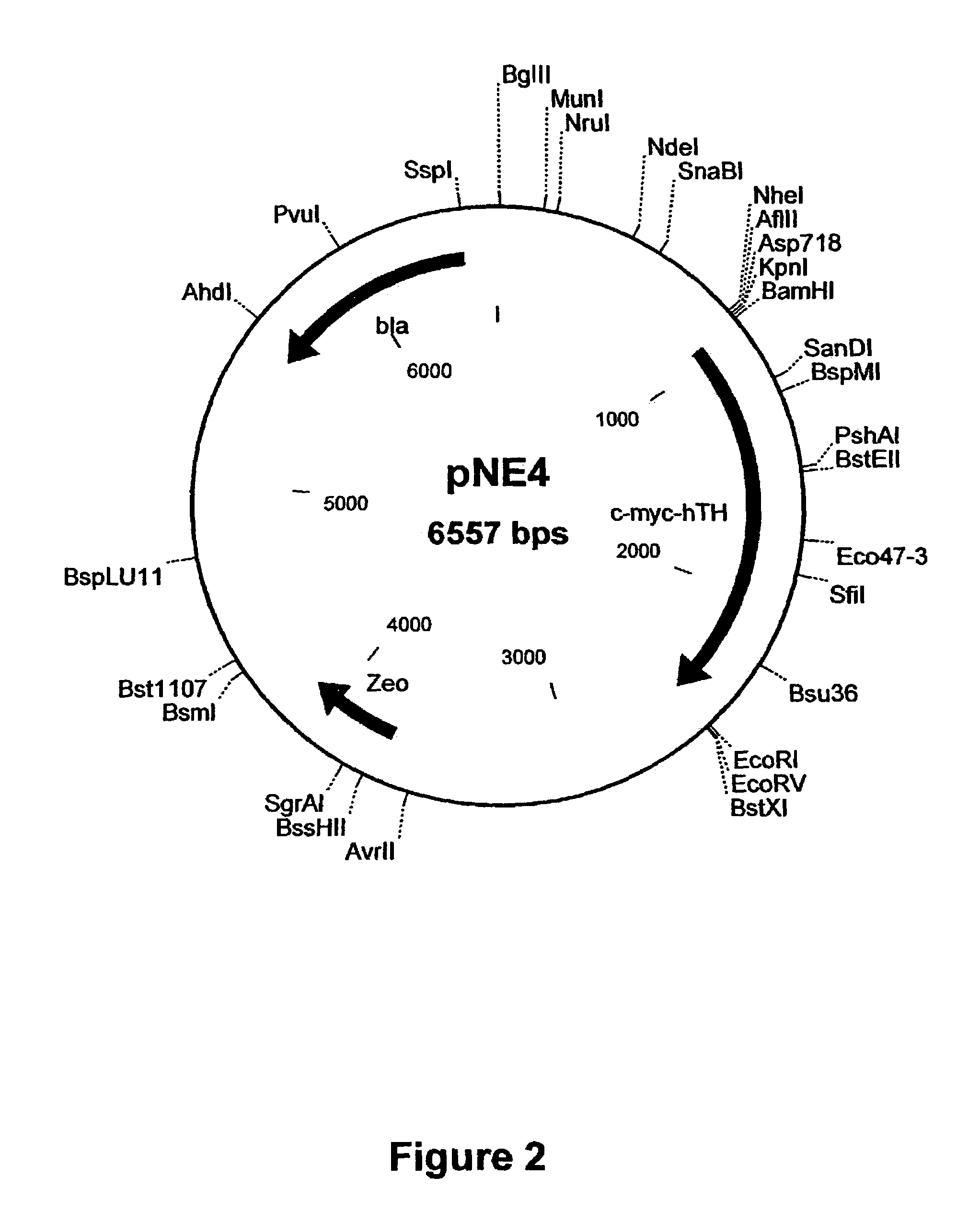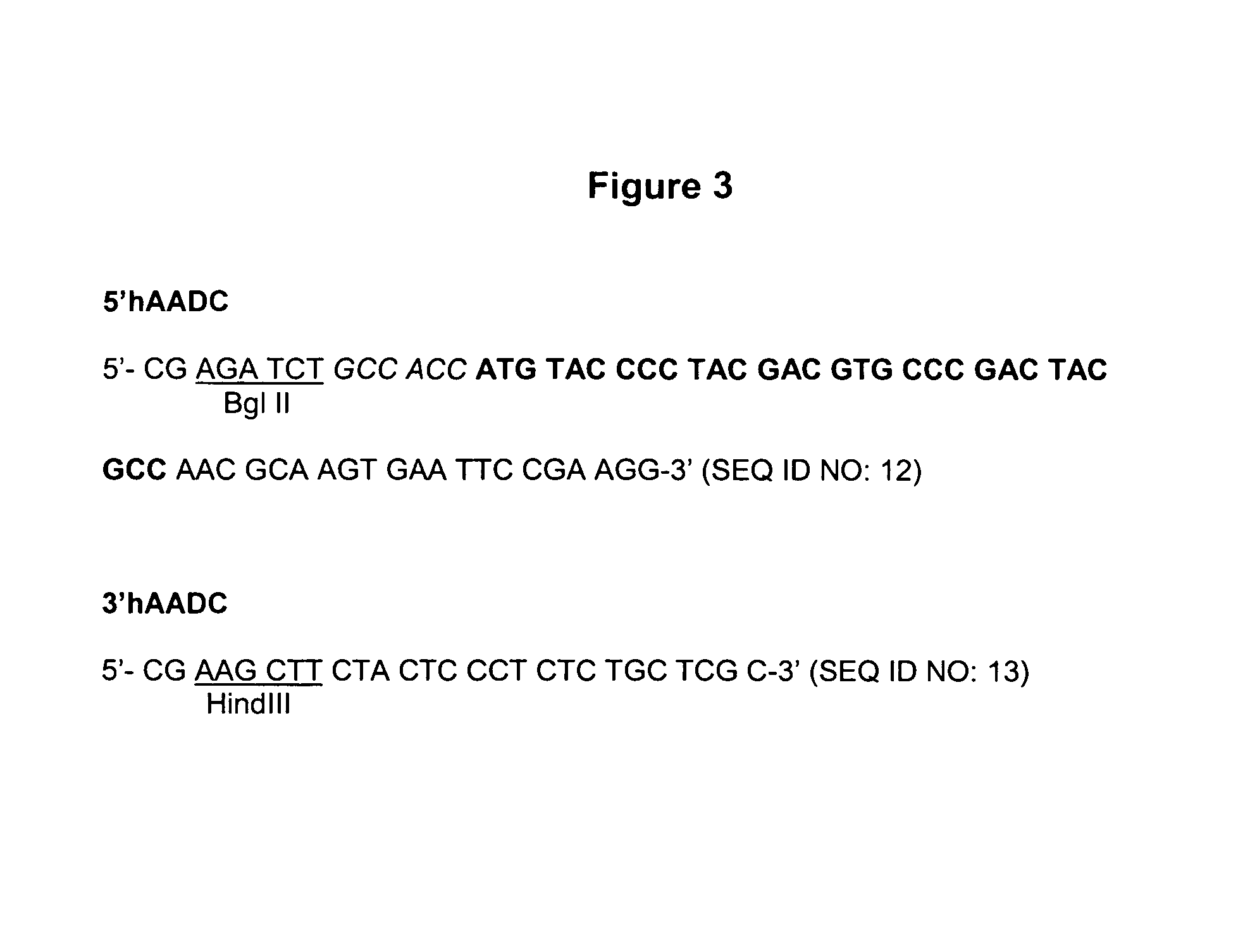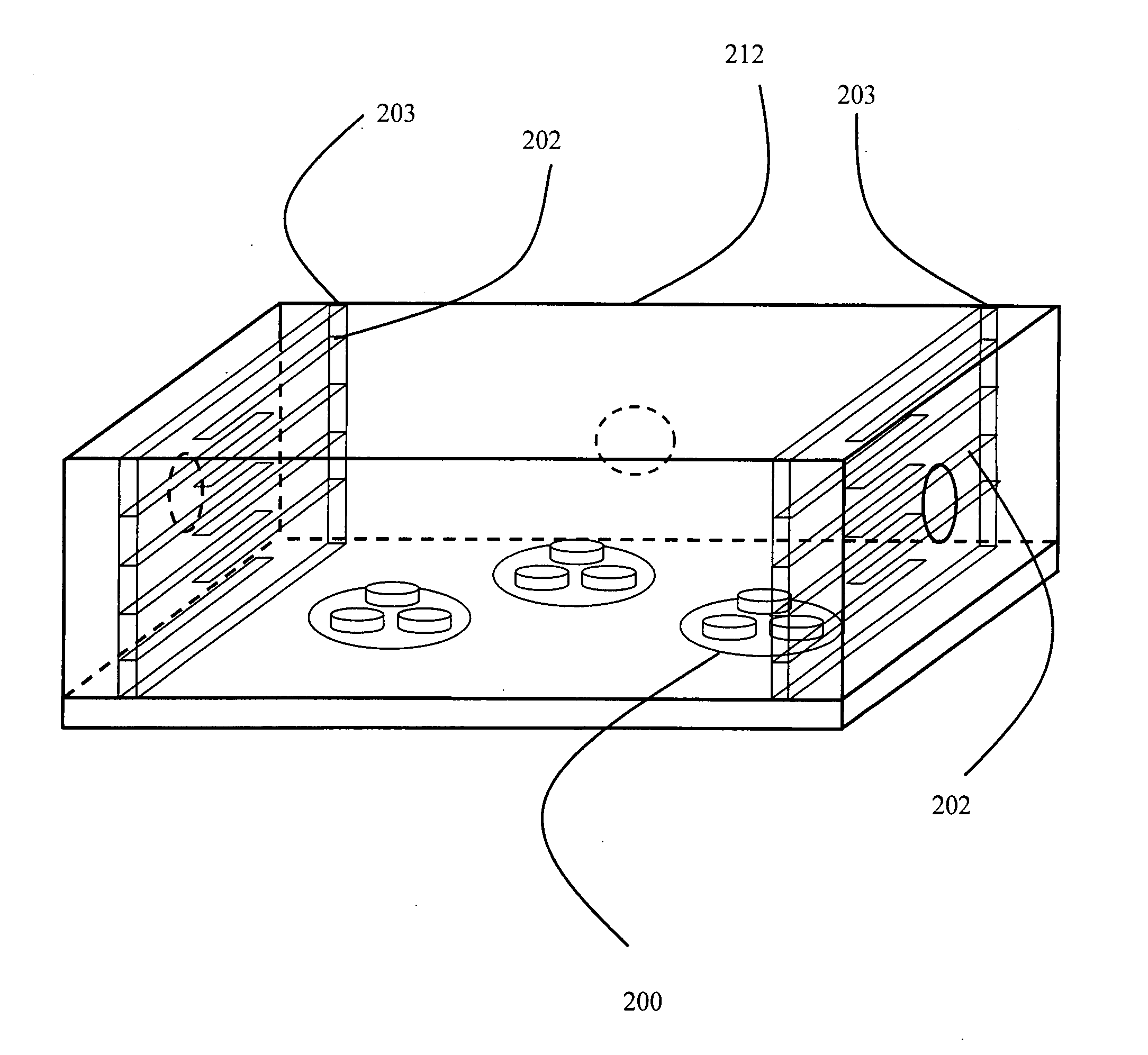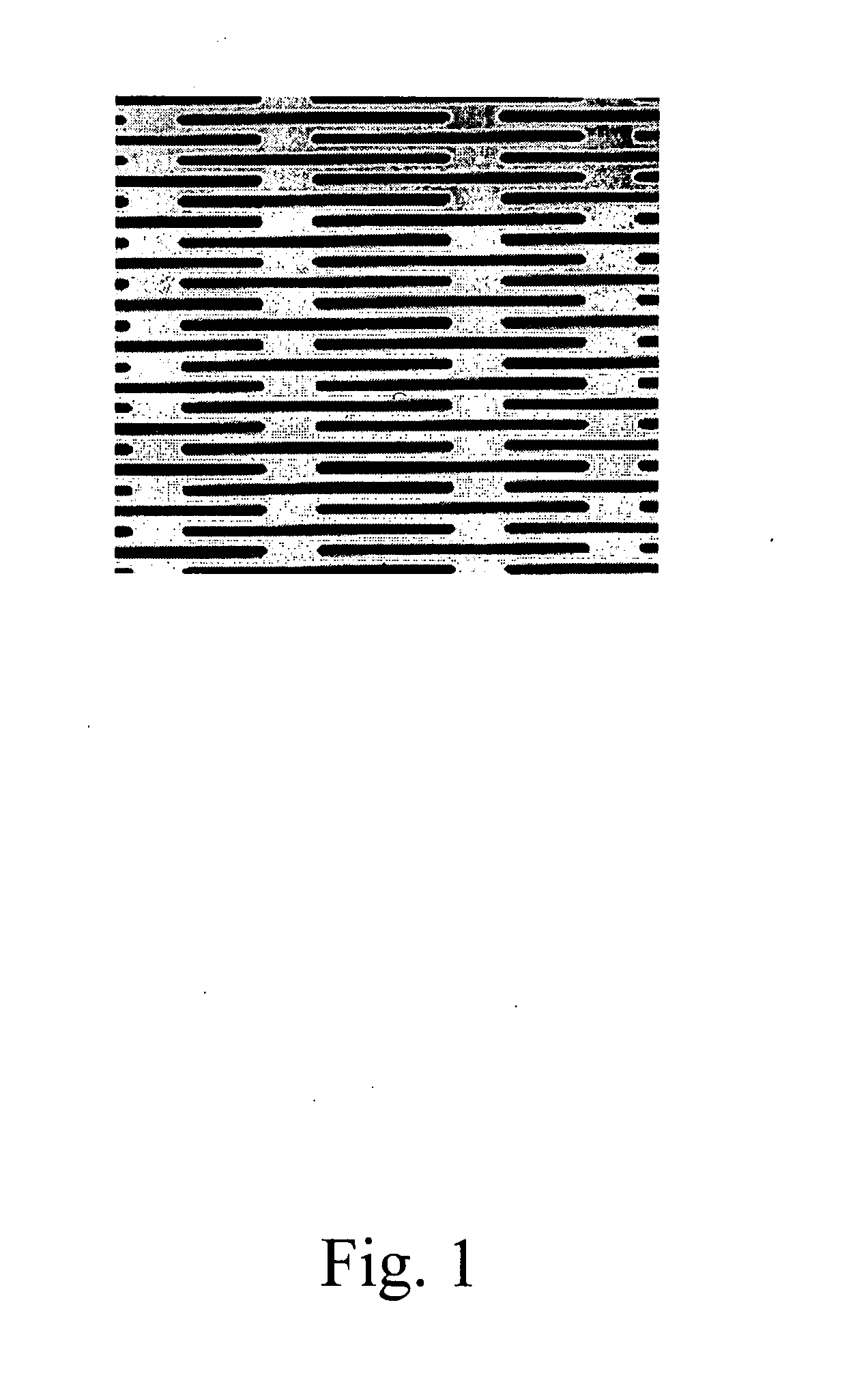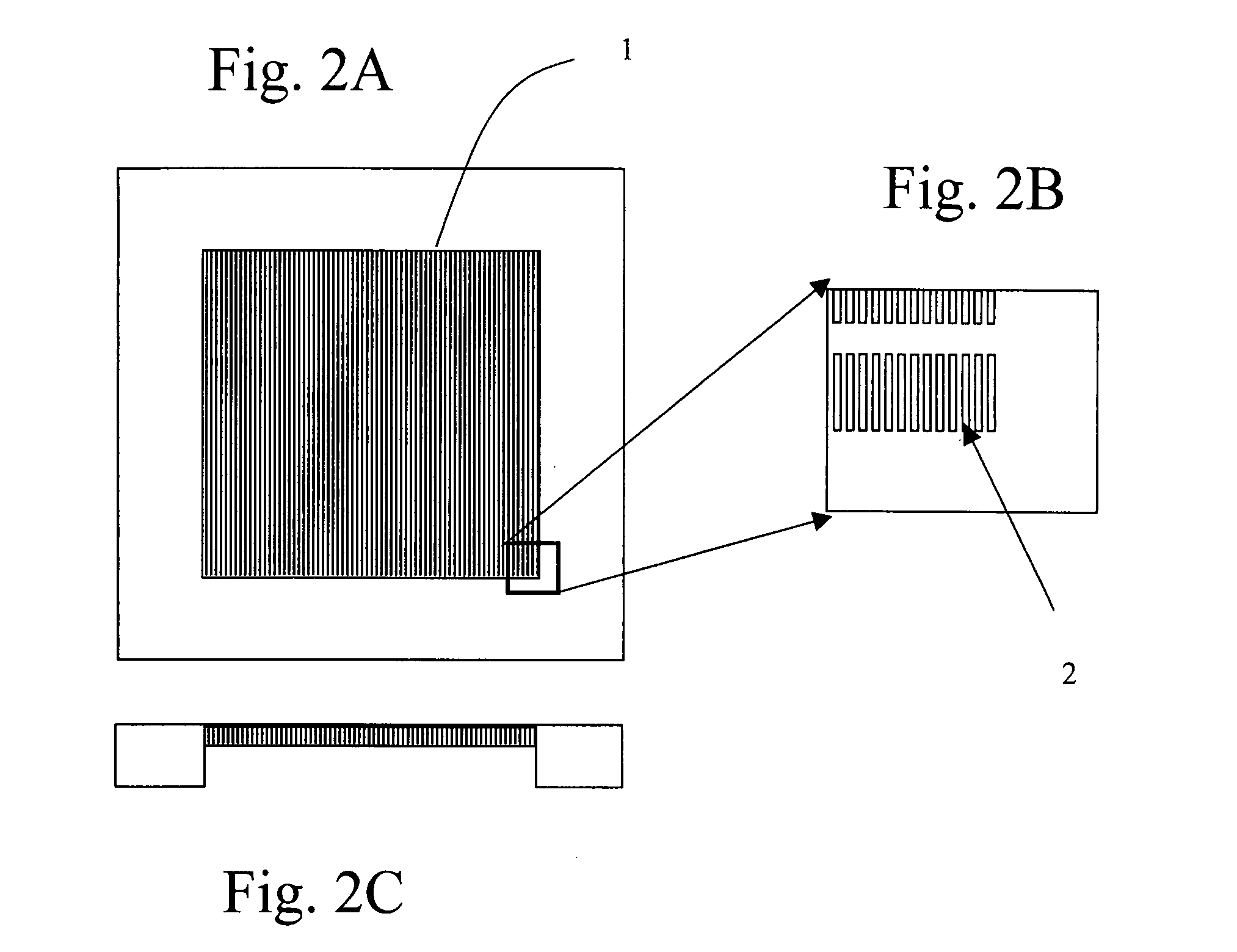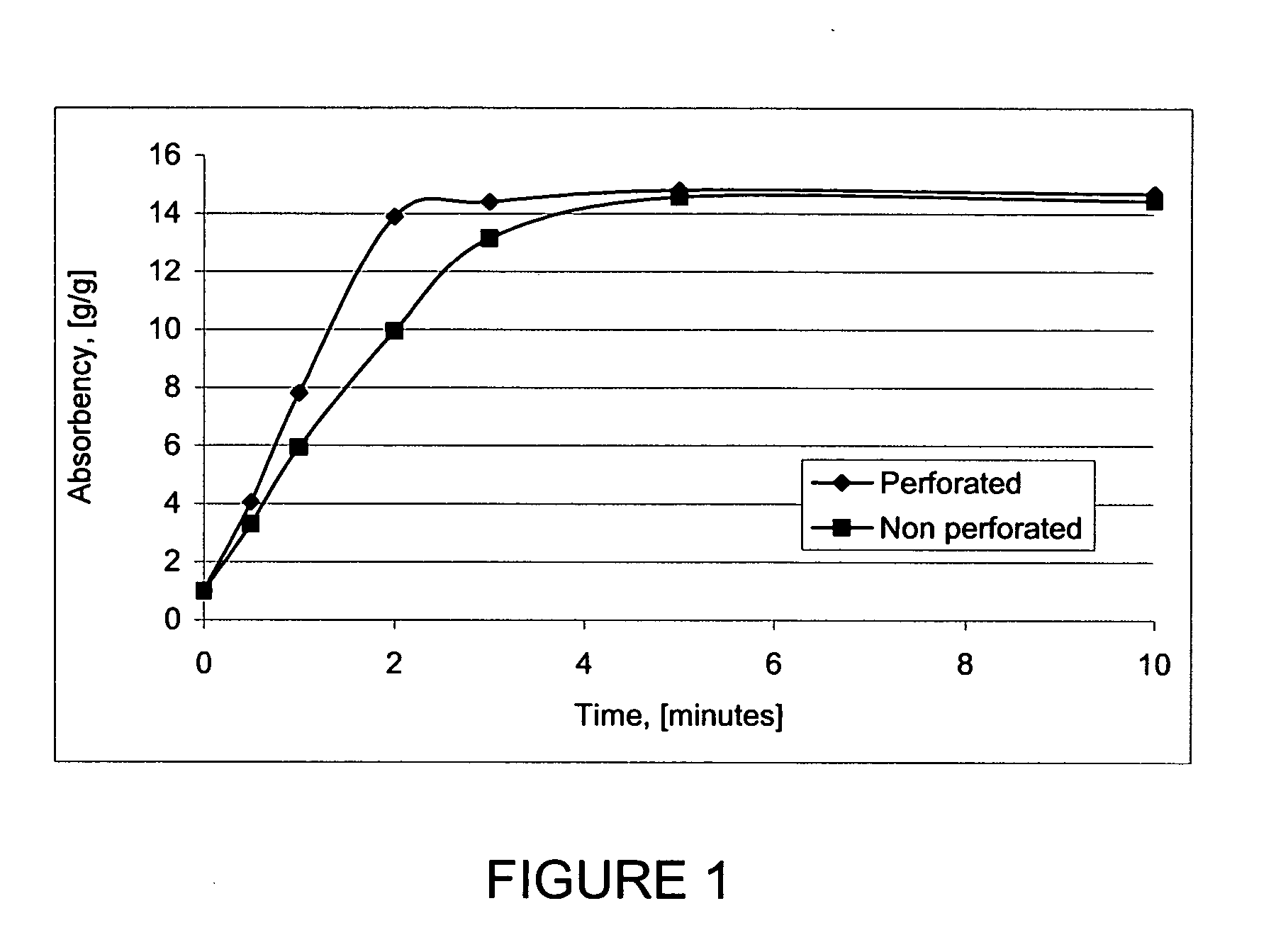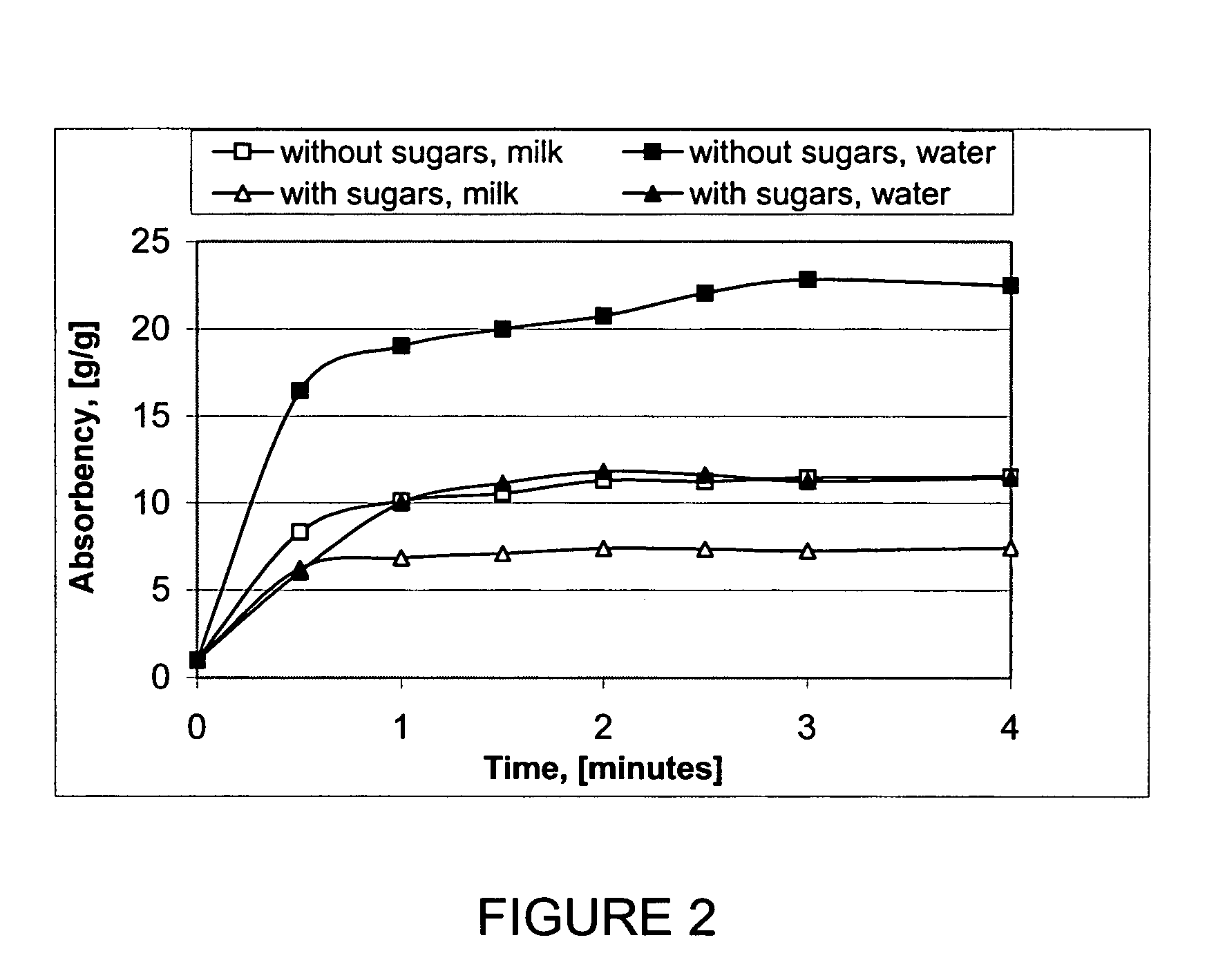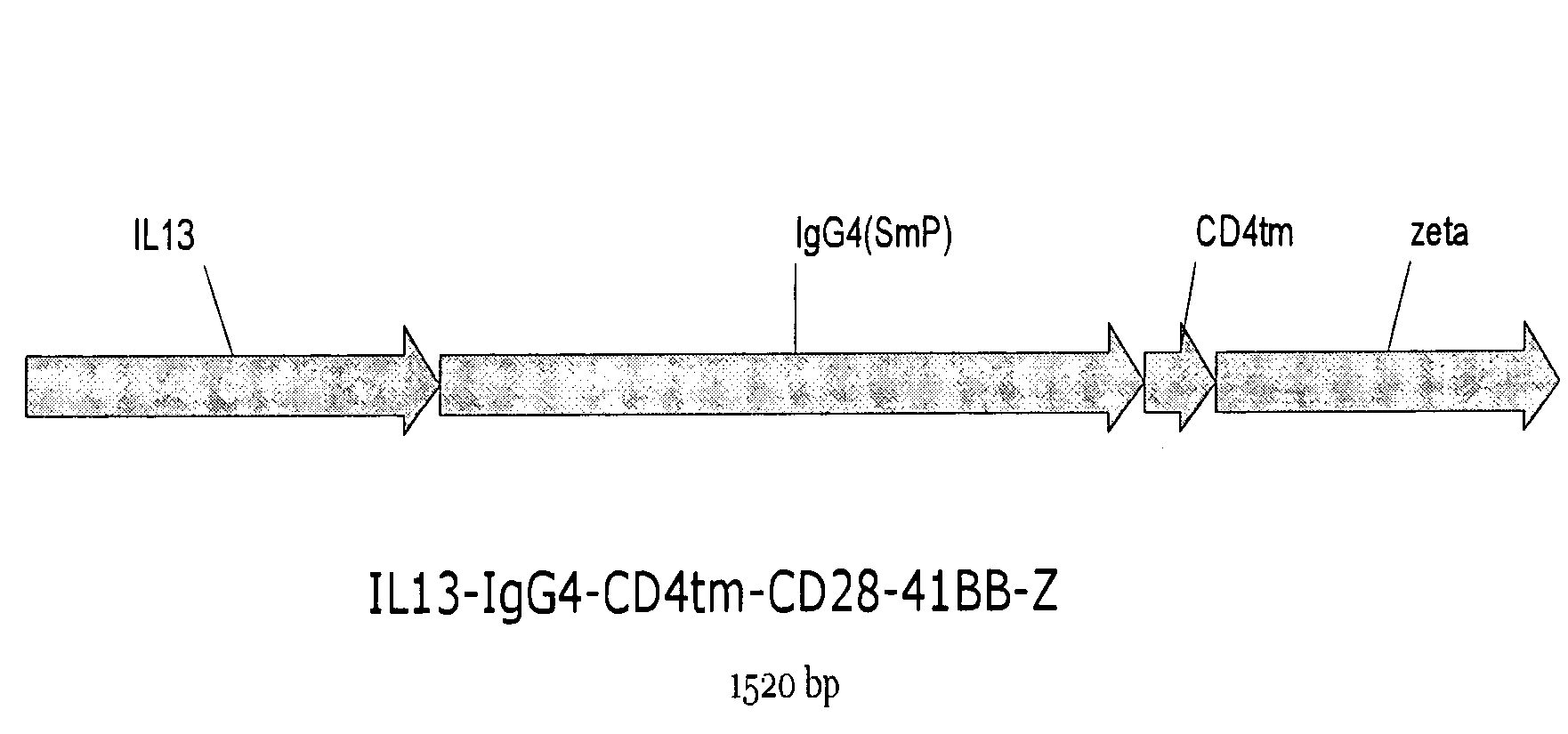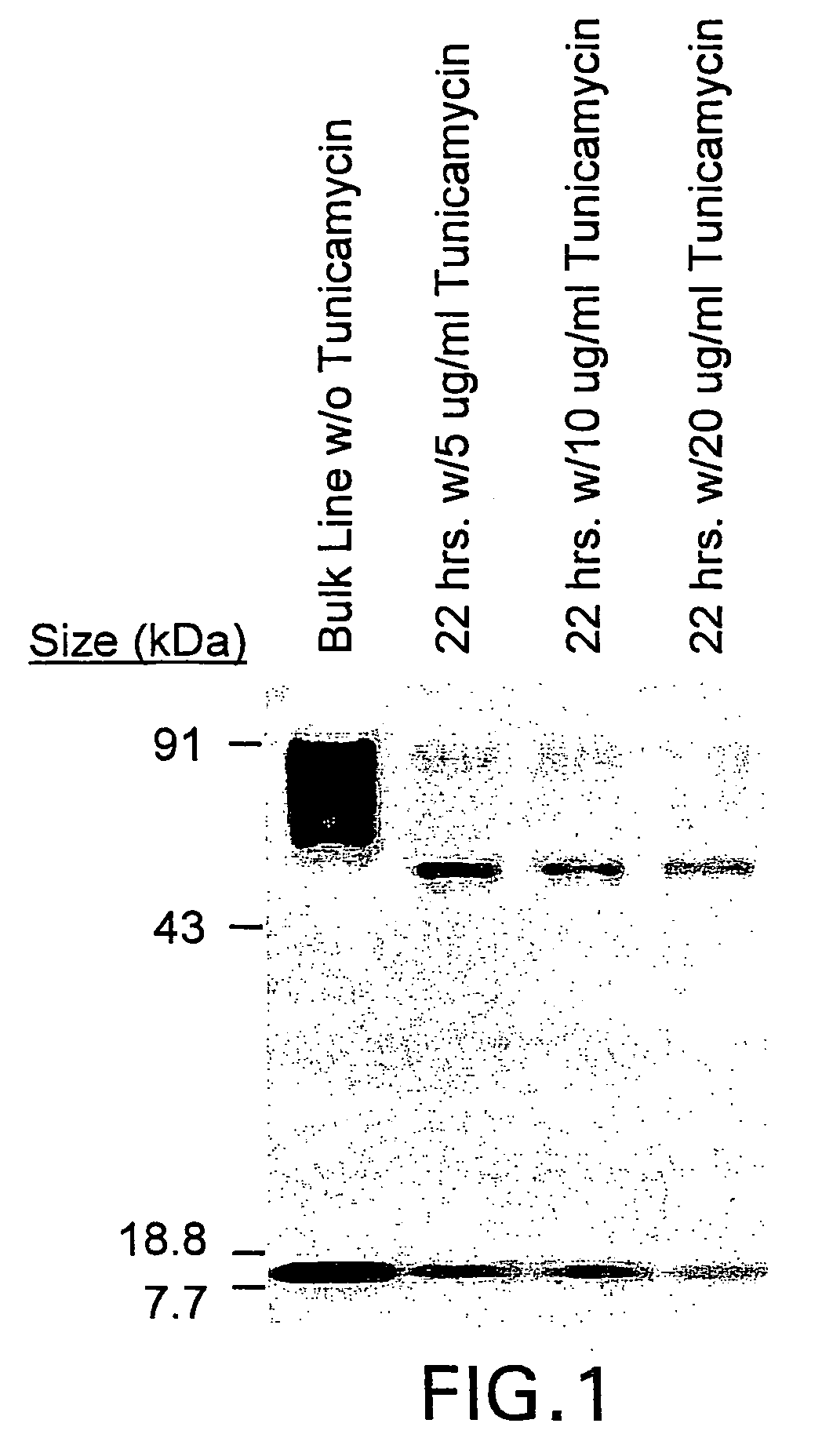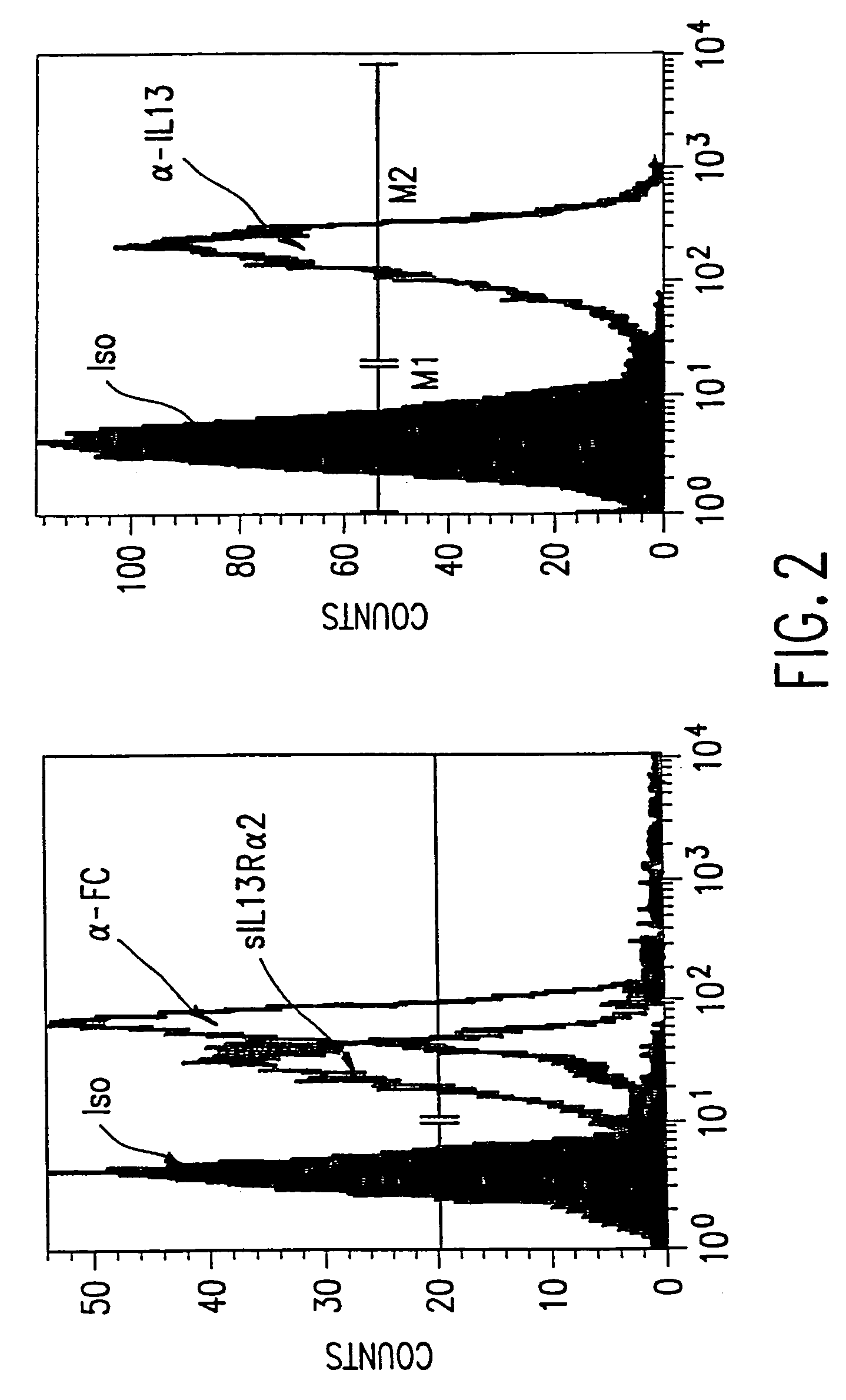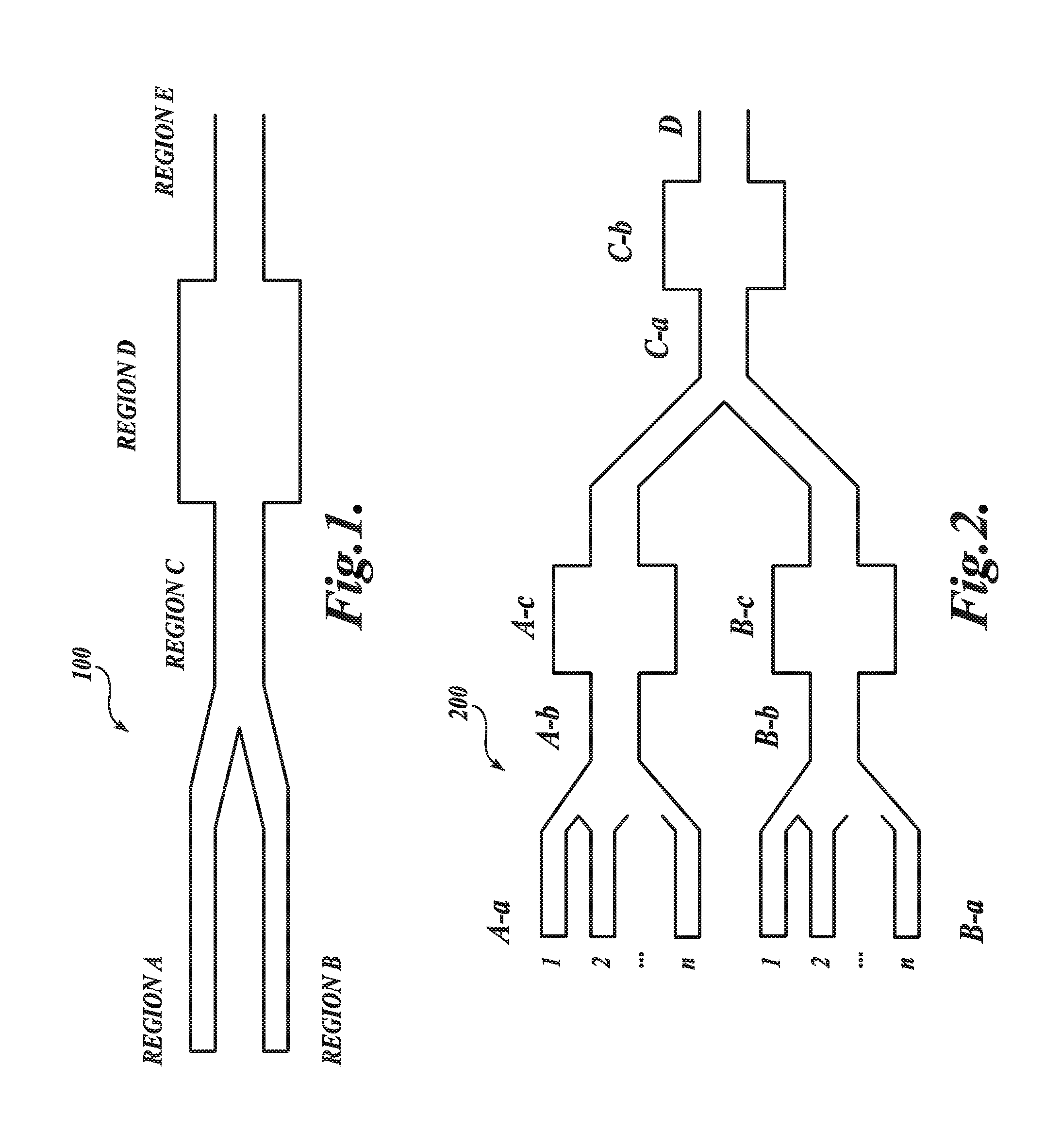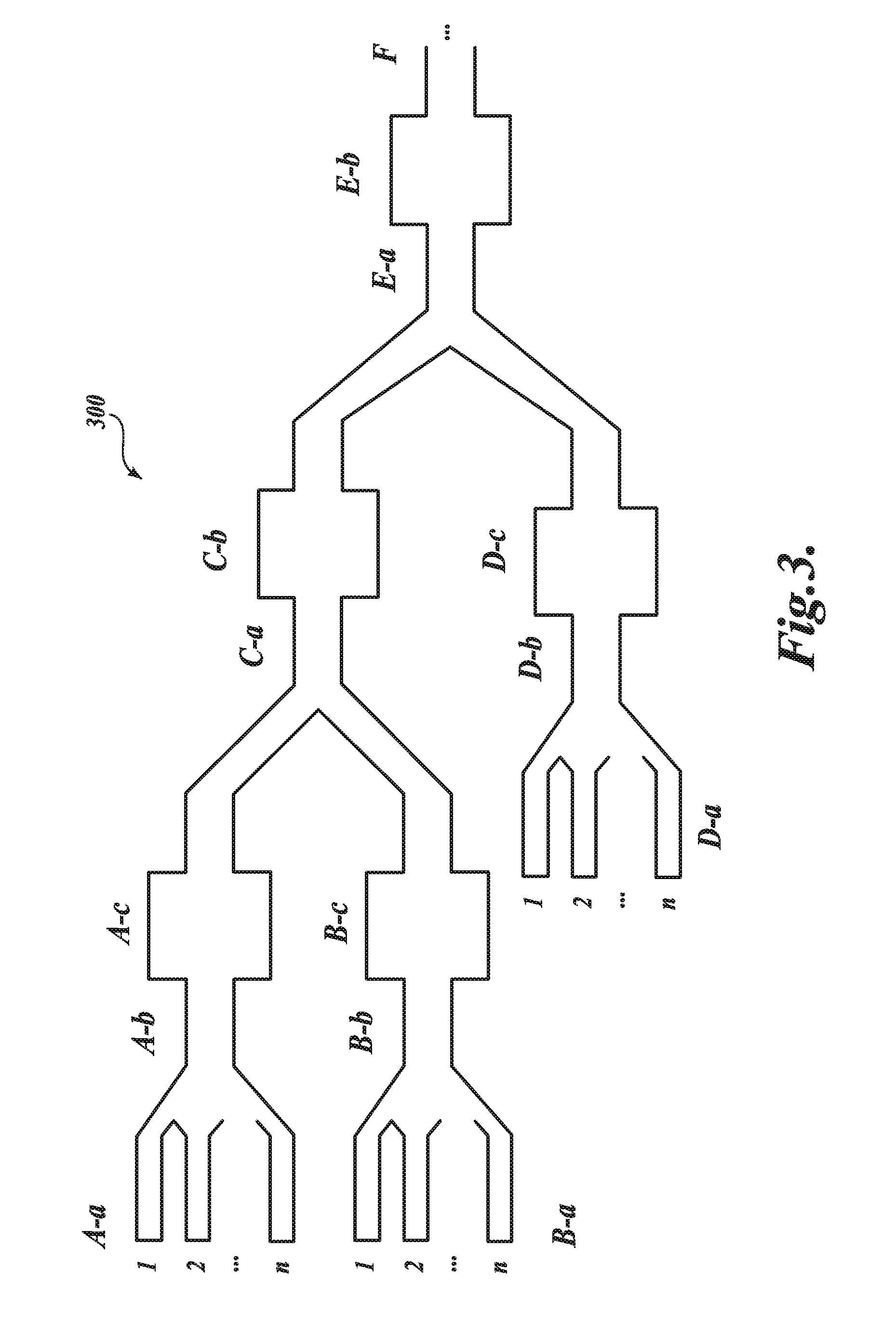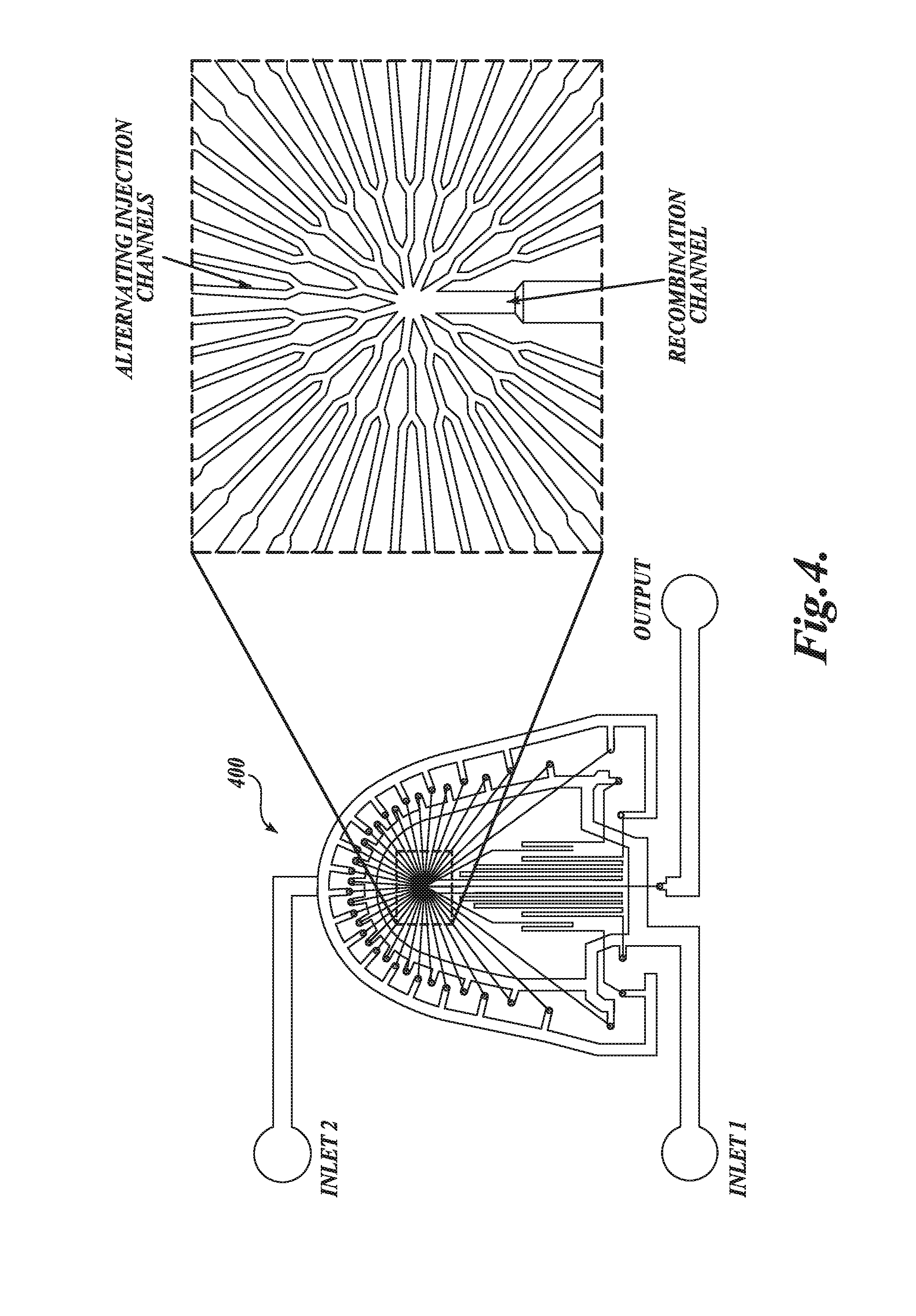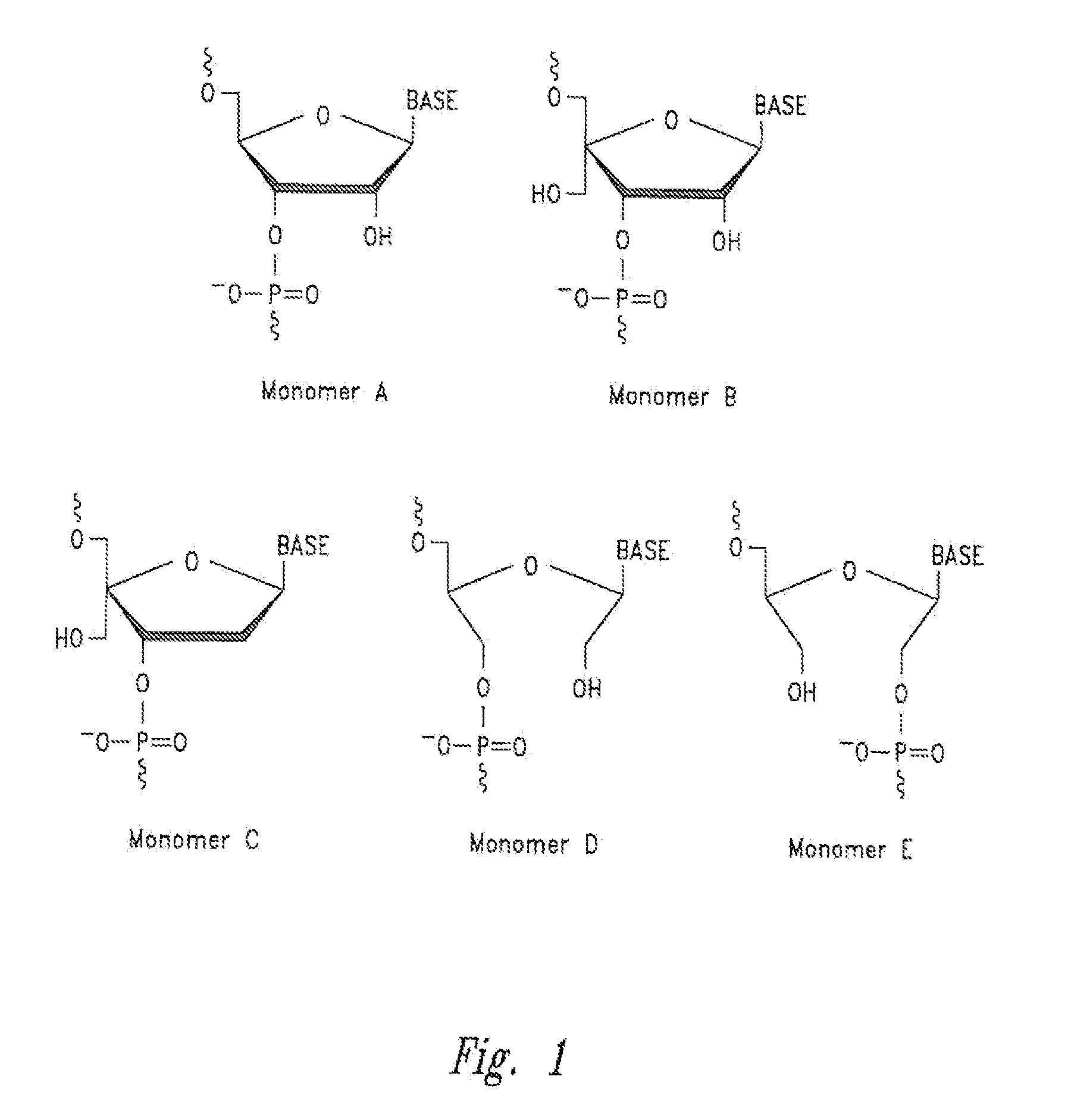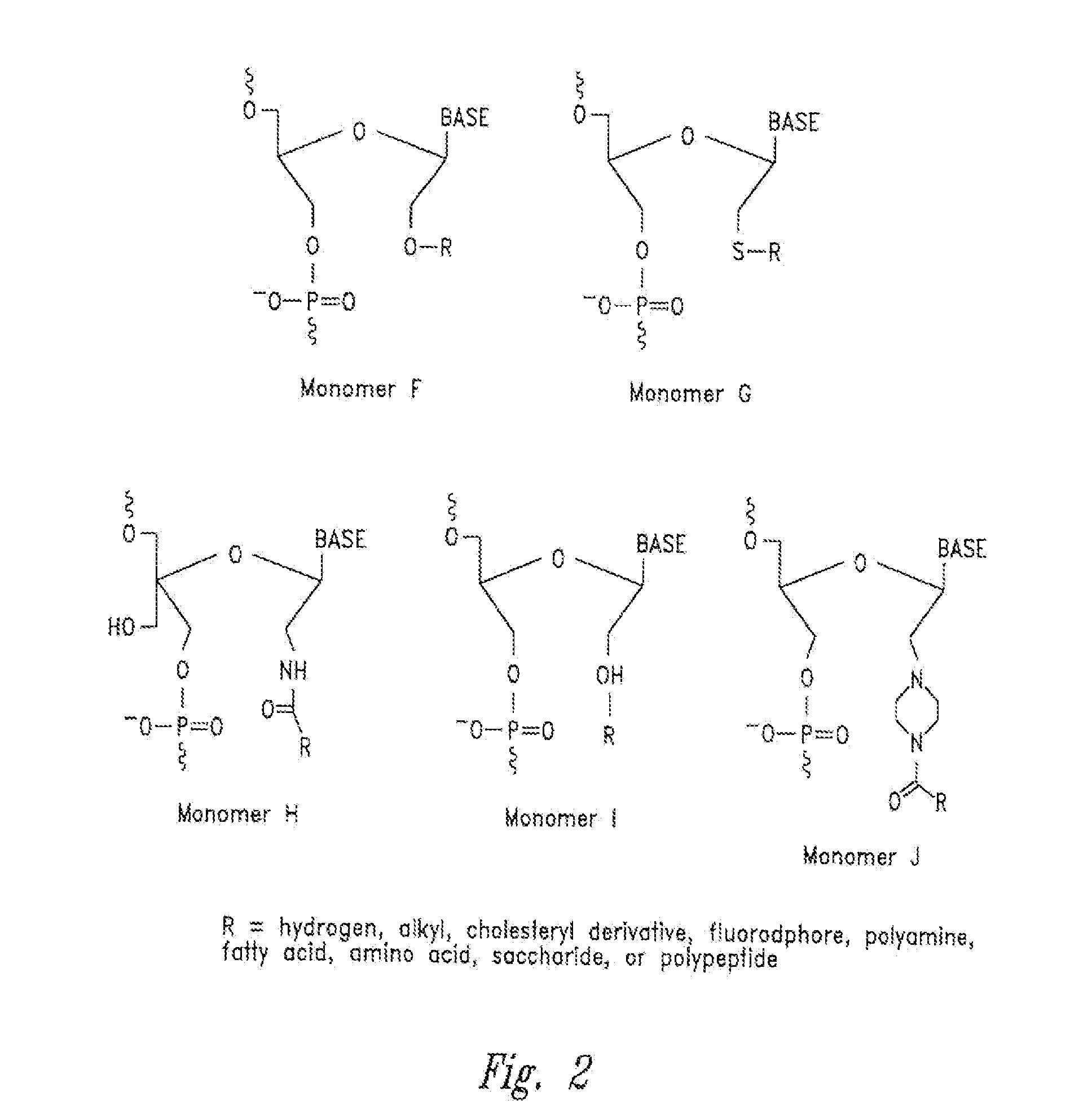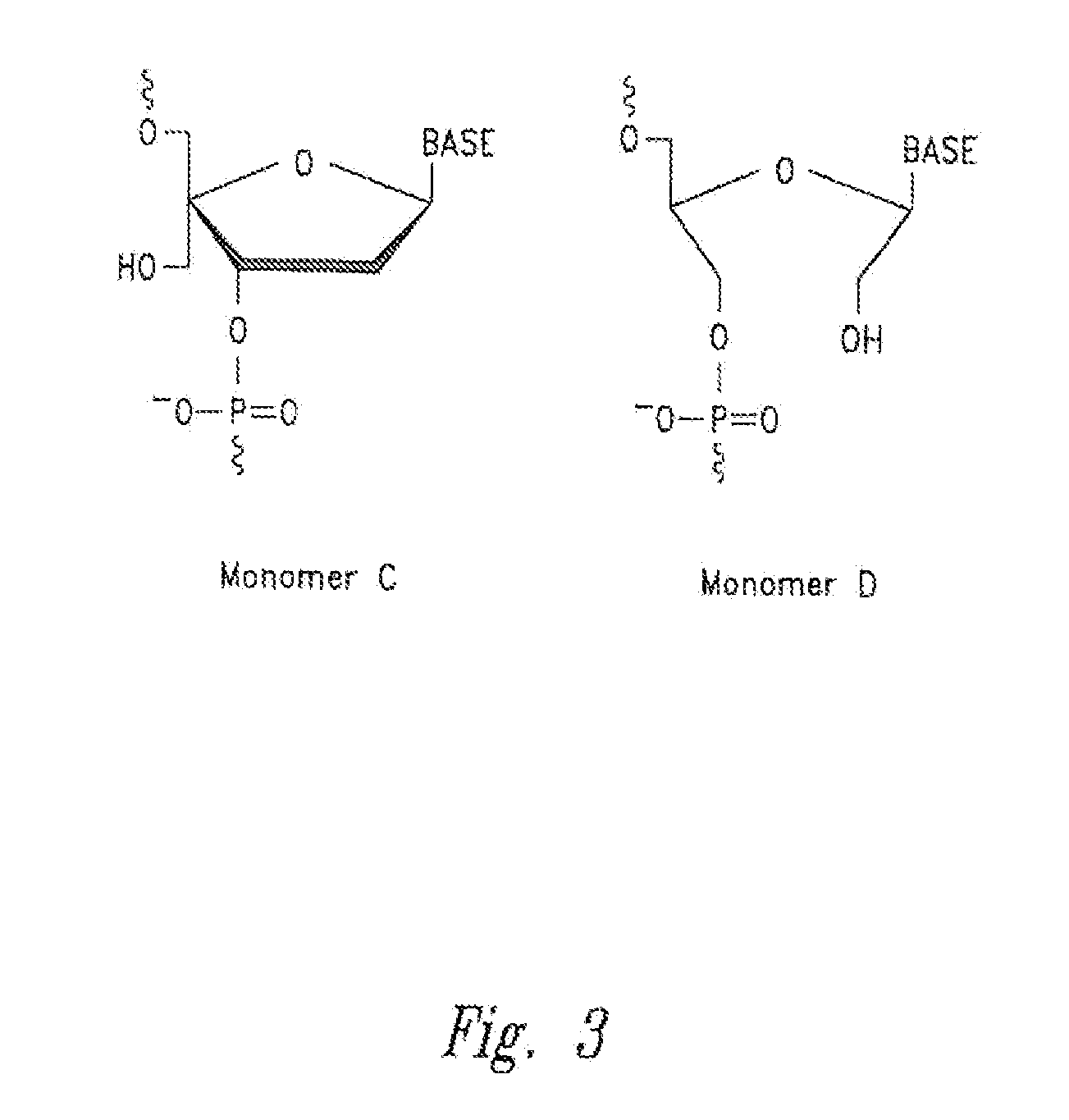Patents
Literature
5004results about "Vertebrate cells" patented technology
Efficacy Topic
Property
Owner
Technical Advancement
Application Domain
Technology Topic
Technology Field Word
Patent Country/Region
Patent Type
Patent Status
Application Year
Inventor
Cysteine engineered antibodies and conjugates
Owner:GENENTECH INC
Cells of which genome is modified
InactiveUS20040110704A1Raise the ratioDecreased and deleted activityAntibacterial agentsAntipyreticGlycosideN-Acetylglucosamine
A cell in which genome is modified so as to have a more decreased or deleted activity of an enzyme relating to modification of a sugar chain in which 1-position of fucose is bound to 6-position of N-acetylglucosamine in the reducing end through alpha-bond in a complex N-glycoside-linked sugar chain than its parent cell, and a process for producing an antibody composition using the cell.
Owner:KYOWA HAKKO KOGYO CO LTD
Neural regeneration peptides and methods for their use in treatment of brain damage
InactiveUS7563862B2High expressionEasy SurvivalPeptide/protein ingredientsGenetic material ingredientsNervous systemInjury brain
The invention discloses a family of peptides termed NRP compounds or NRPs that can promote neuronal migration, neurite outgrowth, neuronal proliferation, neural differentiation and / or neuronal survival, and provides compositions and methods for the use of NRPs in the treatment of brain injury and neurodegenerative disease. NRP compounds can induce neurons and neuroblasts to proliferate and migrate into areas of damage caused by acute brain injury or chronic neurodegenerative disease, such as exposure to toxins, stroke, trauma, nervous system infections, demyelinating diseases, dementias, and metabolic disorders. NRP compounds may be administered directly to a subject or to a subject's cells by a variety of means including orally, intraperitoneally, intravascularly, and directly into the nervous system of a patient. NRP compounds can be formulated into pharmaceutically acceptable dose forms for therapeutic use. Methods for detecting neural regeneration, neural proliferation, neural differentiation, neurite outgrowth and neural survival can be used to develop other neurally active agents.
Owner:CURONZ HLDG
Regulation of endogenous gene expression in cells using zinc finger proteins
InactiveUS7013219B2Fusion with DNA-binding domainAntibody mimetics/scaffoldsZinc fingerGene expression
The present invention provides methods for modulating expression of endogenous cellular genes using engineered zinc finger proteins.
Owner:SANGAMO BIOSCIENCES INC
Overexpression of aminoacyl-tRNA synthetases for efficient production of engineered proteins containing amino acid analogues
InactiveUS6586207B2High yieldRapid and predictable approachBacteriaOxidoreductasesMethionine biosynthesisDihydrofolate reductase
Methods for producing modified polypeptides containing amino acid analogues are disclosed. The invention further provides purified dihydrofolate reductase polypeptides, produced by the methods of the invention, in which the methionine residues have been replaced with homoallyglycine, homoproparglycine, norvaline, norleucine, cis-crotylglycine, trans-crotylglycine, 2-aminoheptanoic acid, 2-butynylglycine and allylglycine.
Owner:CALIFORNIA INST OF TECH
CE7-specific redirected immune cells
Genetically engineered, CE7-specific redirected immune cells expressing a cell surface protein having an extracellular domain comprising a receptor which is specific for CE7, an intracellular signaling domain, and a transmembrane domain, and methods of use for such cells for cellular immunotherapy of CE7+ neuroblastoma are disclosed. In one embodiment, the immune cell is a T cell and the cell surface protein is a single chain FvFc:ζ receptor where Fv designates the VH and VL chains of a single chain monoclonal antibody to CE7 linked by peptide, Fc represents a hinge —CH2—CH3 region of a human IgG1, and ζ represents the intracellular signaling domain of the zeta chain of human CD3. DNA constructs encoding a chimeric T-cell receptor and a method of making a redirected T cell expressing a chimeric T cell receptor by electroporation using naked DNA encoding the receptor are also disclosed.
Owner:CITY OF HOPE
Cysteine engineered antibodies and conjugates
ActiveUS20070092940A1Sugar derivativesImmunoglobulins against cell receptors/antigens/surface-determinantsCross-linkCysteine thiolate
Antibodies are engineered by replacing one or more amino acids of a parent antibody with non cross-linked, highly reactive cysteine amino acids. Antibody fragments may also be engineered with one or more cysteine amino acids to form cysteine engineered antibody fragments (ThioFab). Methods of design, preparation, screening, and selection of the cysteine engineered antibodies are provided. Cysteine engineered antibodies (Ab), optionally with an albumin-binding peptide (ABP) sequence, are conjugated with one or more drug moieties (D) through a linker (L) to form cysteine engineered antibody-drug conjugates having Formula I: Ab-(L-D)p I where p is 1 to 4. Diagnostic and therapeutic uses for cysteine engineered antibody drug compounds and compositions are disclosed.
Owner:GENENTECH INC
PNA-DNA-PNA chimeric macromolecules
InactiveUS6277603B1Increase resistanceHigh affinitySugar derivativesPeptide/protein ingredientsBiological bodyResearch purpose
Macromolecules are provided that have increased nuclease resistance, increasing binding affinity to a complementary strand, and that activate RNase H enzyme. The macromolecules have the structure PNA-DNA-PNA where the DNA portion is composed of subunits of 2'-deoxy-erythro-pento-furanosyl nucleotides and the PNA portions are composed of subunits of peptide nucleic acids. Such macromolecules are useful for diagnostics and other research purposes, for modulating protein in organisms, and for the diagnosis, detection and treatment of other conditions susceptible to therapeutics.
Owner:IONIS PHARMA INC
Carbocyclic bicyclic nucleic acid analogs
Provided herein are saturated and unsaturated carbocyclic bicyclic nucleosides, oligomeric compounds prepared therefrom and methods of using these oligomeric compounds. The saturated and unsaturated carbocyclic bicyclic nucleosides are useful for enhancing properties of oligomeric compounds including nuclease resistance.
Owner:IONIS PHARMA INC
Amino lipids and methods for the delivery of nucleic acids
The present invention provides superior compositions and methods for the delivery of therapeutic agents to cells. In particular, these include novel lipids and nucleic acid-lipid particles that provide efficient encapsulation of nucleic acids and efficient delivery of the encapsulated nucleic acid to cells in vivo. The compositions of the present invention are highly potent, thereby allowing effective knock-down of specific target proteins at relatively low doses. In addition, the compositions and methods of the present invention are less toxic and provide a greater therapeutic index compared to compositions and methods previously known in the art.
Owner:ARBUTUS BIOPHARMA CORPORAT ION +1
Endoribonuclease compositions and methods of use thereof
The present disclosure provides variant Csy4 endoribonucleases, nucleic acids encoding the variant Csy4 endoribonucleases, and host cells genetically modified with the nucleic acids. The variant Csy4 endoribonucleases find use in a variety of applications, which are also provided. The present disclosure also provides methods of detecting a specific sequence in a target polyribonucleotide; and methods of regulating production of a target RNA in a eukaryotic cell.
Owner:RGT UNIV OF CALIFORNIA
Devices for harvesting and homogenizing adipose tissue containing autologous endothelial cells
InactiveUS6020196AExpand the populationEasy to operateBioreactor/fermenter combinationsElectrotherapyAmbient pressureWhite adipose tissue
Disclosed herein are methods for harvesting adipose tissue so as to preserve an increased population of viable microvascular endothelial cells. Adipose tissue containing microvascular endothelial cells is harvested using a collection apparatus incorporating an elongate cannula having apertures with tissue cutting edges. A sub-ambient pressure is applied to a lumen in the cannula to draw the adipose tissue through the aperture where it is then severed using the cutting edge to disrupt the connective adipose matrix. This harvesting provides a cleaner, more homogeneous sample of adipose tissue, thereby increasing the population of viable microvascular endothelial cells obtained through further processing. Rapid and easy methods for the further homogenization of the harvested adipose tissue are also disclosed.
Owner:EDWARDS LIFESCIENCES CORP
Cell culture methods and devices utilizing gas permeable materials
ActiveUS20050106717A1Increase exchange surfaceIncrease surface areaBioreactor/fermenter combinationsBiological substance pretreatmentsProduct gasBiology
Gas permeable devices and methods are disclosed for cell culture, including cell culture devices and methods that contain medium at heights, and certain gas permeable surface area to medium volume ratios. These devices and methods allow improvements in cell culture efficiency and scale up efficiency.
Owner:WILSON WOLF MFG
Tissue engineering devices for the repair and regeneration of tissue
Tissue engineering devices for use in the repair or regeneration of tissue made of support scaffolds and cell sheets.
Owner:ETHICON INC
Overexpression of aminoacyl-tRNA synthetases for efficient production of engineered proteins containing amino acid analogues
InactiveUS20020042097A1High yieldRapid and predictable approachFungiBacteriaMethionine biosynthesisDihydrofolate reductase
Methods for producing modified polypeptides containing amino acid analogues are disclosed. The invention further provides purified dihydrofolate reductase polypeptides, produced by the methods of the invention, in which the methionine residues have been replaced with homoallyglycine, homoproparglycine, norvaline, norleucine, cis-crotylglycine, trans-crotylglycine, 2-aminoheptanoic acid, 2-butynylglycine and allylglycine.
Owner:CALIFORNIA INST OF TECH
Systems and methods for separating and concentrating regenerative cells from tissue
ActiveUS20050084961A1High yieldImprove consistencyBioreactor/fermenter combinationsBiocideBiomedical engineeringAdipose tissue
Systems and methods are described that are used to separate cells from a wide variety of tissues. In particular, automated systems and methods are described that separate regenerative cells, e.g., stem and / or progenitor cells, from adipose tissue. The systems and methods described herein provide rapid and reliable methods of separating and concentrating regenerative cells suitable for re-infusion into a subject.
Owner:LOREM VASCULAR PTE LTD
Devices and methods for magnetic enrichment of cells and other particles
InactiveUS20060223178A1Small particle sizeLower the volumeArtificial cell constructsLaboratory glasswaresAnalyteMedicine
The invention features devices and methods for the enrichment of cells and other desired analytes by employing a magnetic field, alone or in conjunction with size-based separation. The devices and methods may be advantageously employed to enrich for rare cells, e.g., fetal cells or epithelial cells, present in a sample, e.g., maternal blood.
Owner:THE GENERAL HOSPITAL CORP +1
Antigen-binding molecule capable of binding to two or more antigen molecules repeatedly
InactiveUS20110111406A1Pharmacokinetics of the antigen-binding molecule can be improvedGood effectSsRNA viruses negative-senseCompound screeningHalf-lifeAntigen binding
The present inventors discovered that antibodies having weaker antigen-binding activity at the early endosomal pH in comparison with that at the pH of plasma are capable of binding to multiple antigen molecules with a single antibody molecule, have long half-lives in plasma, and have improved durations of time in which they can bind to antigen.
Owner:CHUGAI PHARMA CO LTD
Cationic lipids and methods for the delivery of therapeutic agents
InactiveUS20120202871A1Cyclic stabilitySize requirementBiocideOrganic active ingredientsLipid formationLipid particle
The present invention provides compositions and methods for the delivery of therapeutic agents to cells. In particular, these include novel cationic lipids and nucleic acid-lipid particles that provide efficient encapsulation of nucleic acids and efficient delivery of the encapsulated nucleic acid to cells in vivo. The compositions of the present invention are highly potent, thereby allowing effective knock-down of a specific target protein at relatively low doses. In addition, the compositions and methods of the present invention are less toxic and provide a greater therapeutic index compared to compositions and methods previously known in the art.
Owner:PROTIVA BIOTHERAPEUTICS
Poly(vinyl alcohol) hydrogel
InactiveUS6231605B1Exemption stepsLow biocompatibilityOrganic active ingredientsBone implantBearing surfaceSacroiliac joint
The present invention relate to a poly(vinyl alcohol) hydrogel construct having a wide range of mechanical strengths for use as a human tissue replacement. The hydrogel construct may include a tissue scaffolding, a low bearing surface within a joint, or any other structure which is suitable for supporting the growth of tissue.
Owner:GEORGIA TECH RES CORP
Electrical impedance tomography to control electroporation
InactiveUS6387671B1The right amountAvoid cell damageBioreactor/fermenter combinationsElectrotherapyElectrical resistance and conductanceElectricity
Images created by electrical impedance tomography (EIT) are used to adjust one or more electrical parameters and obtain a desired degree of electroporation of cells in tissue. The parameters include current, voltage and a combination thereof. The cells are subjected to conditions such that they become permeabilized but are preferably not subjected to conditions which result in irreversible pore formation and cell death. The electroporation can analyze cell membranes, diagnose tissues and the patient as well as to move materials into and out of cells in a controlled manner.
Owner:RGT UNIV OF CALIFORNIA
Engineered nucleic acids and methods of use thereof
InactiveUS20120237975A1Increase productionImprove translation efficiencySugar derivativesGenetic material ingredientsMessenger RNABiology
Provided are compositions and methods for delivering biological moieties such as modified nucleic acids into cells to modulate protein expression. Such compositions and methods include the use of modified messenger RNAs, and are useful for production of proteins.
Owner:MODERNATX INC
Methods and cell line useful for production of recombinant adeno-associated viruses
InactiveUS7238526B2High yieldInduce expressionGenetically modified cellsGenetic material ingredientsPlasmid VectorAdeno associate virus
Methods for efficient production of recombinant AAV employ a host cell which comprising AAV rep and cap genes stably integrated within the cell's chromosomes, wherein the AAV rep and cap genes are each operatively linked to regulatory sequences capable of directing the expression of the rep and cap gene products upon infection of the cell with a helper virus, a helper gene, and a helper gene product. A method for producing recombinant adeno-associated virus (rAAV) involves infecting such a host cell with a helper virus, gene or gene product and infecting the infected host cell with a recombinant hybrid virus or plasmid vector containing adenovirus cis-elements necessary for replication and virion encapsidation, AAV sequences comprising the 5′ and 3′ ITRs of an AAV, and a selected gene operatively linked to regulatory sequences directing its expression, which is flanked by the above-mentioned AAV sequences.
Owner:THE TRUSTEES OF THE UNIV OF PENNSYLVANIA
Vector system
InactiveUS7259015B2Eliminate the effects ofInhibition of activationFungiNervous disorderVector systemTyrosine
Provided are retroviral vector genomes and vector systems comprising the genomes. In particular, a retroviral vector genome comprising two or more NOIs, operably linked by one or more Internal Ribosome Entry Site(s); a lentiviral vector genome comprising two or more NOIs suitable for treating a neurodegenerative disorder; and a lentiviral vector genome which encodes tyrosine hydroxylase, GTP-cyclohydrolase I and, optionally, Aromatic Amino Acid Dopa Decarboxylase are provided.
Owner:OXFORD BIOMEDICA (UK) LTD
Methods and compositions for separating rare cells from fluid samples
InactiveUS20070202536A1Aid in diagnosis and prognosisPromote recoveryMicrobiological testing/measurementPreparing sample for investigationCancer cellRare cell
The present invention includes methods of enriching rare cells, such as cancer cells, from biological samples, such as blood samples. The methods include performing at least one debulking step on a blood sample and selectively removing at least one type undesirable component from the blood sample to obtain a blood sample that is enriched in a rare cell of interest. In some embodiments magnetic beads coupled to specific binding members are used to selectively removed components.
Owner:AVIVA BIOSCI
Methods and compositions for organ and tissue functionality
Materials and methods for treating tissue defects in human or animal tissues using implantable cells are described. Further, culture techniques and factors for enhancing these procedures, and cell survival and adaptation are described. Many of the tissue defects may be treated with autologous cells, while applications involving non-autologous cells or stem cells are also described.
Owner:DASK TECH
Gelled biopolymer based foam
InactiveUS20050137272A1Improve water absorptionWet strengthCosmetic preparationsToilet preparationsPersonal careCross-link
Gelled biopolymer based foams are disclosed. The gelled foams comprise a cross-linked biopolymer, preferably alginate; optionally, a foaming agent such as hydroxy propyl methyl cellulose; and a plasticizer, preferably glycerin sorbitol, or a mixture thereof, that forms the predominant portion of the gelled foam. The foams are soft and pliable and have high absorbency. They are used as wound dressing materials, controlled release delivery systems, cell culture, barrier media for preventing tissue adherence, and bioabsorbable implants. They also have various personal care applications, especially in oral hygiene, and can be used in food applications.
Owner:FMC BIOPOLYMER AS
Chimeric immunoreceptor useful in treating human gliomas
InactiveUS7514537B2Negligible toxicityPotent and selectiveBiocideAntibody mimetics/scaffoldsIntracellular signallingHuman glioma
The present invention relates to chimeric transmembrane immunoreceptors, named “zetakines,” comprised of an extracellular domain comprising a soluble receptor ligand linked to a support region capable of tethering the extracellular domain to a cell surface, a transmembrane region and an intracellular signaling domain. Zetakines, when expressed on the surface of T lymphocytes, direct T cell activity to those specific cells expressing a receptor for which the soluble receptor ligand is specific. Zetakine chimeric immunoreceptors represent a novel extension of antibody-based immunoreceptors for redirecting the antigen specificity of T cells, with application to treatment of a variety of cancers, particularly via the autocrin / paracrine cytokine systems utilized by human maligancy. In a preferred embodiment is a glioma-specific immunoreceptor comprising the extracellular targeting domain of the IL-13Rα2-specific IL-13 mutant IL-13(E13Y) linked to the Fc region of IgG, the transmembrane domain of human CD4, and the human CD3 zeta chain.
Owner:CITY OF HOPE
Nucleic acid-containing lipid particles and related methods
ActiveUS20120276209A1Avoid mixingPowder deliveryOrganic active ingredientsLipid formationLipid particle
Lipid particles containing a nucleic acid, devices and methods for making the lipid particles, and methods for using the lipid particles.
Owner:THE UNIV OF BRITISH COLUMBIA
UsiRNA Complexes
ActiveUS20110313020A1Reduce off-target effectsImprove propertiesOrganic active ingredientsNervous disorderNucleotideSense strand
This disclosure provides double-stranded RNA complexes having one or more hydroxymethyl substituted nucleomonomer(s) in the passenger strand (or sense strand) of an RNA complex. RNA complexes of the disclosure may be useful for therapeutic applications, diagnostic applications or research applications. RNA complexes include short interfering RNA complexes (siRNA) capable of modulating gene expression comprising an antisense strand and a continuous or a discontinuous passenger strand (“sense strand”). Further, one or more hydroxymethyl substituted nucleomonomer(s) of this disclosure may be positioned at the 3′-end, at the 5′-end, at both the 3′-end and 5′end.
Owner:ARCTURUS THERAPEUTICS
Features
- R&D
- Intellectual Property
- Life Sciences
- Materials
- Tech Scout
Why Patsnap Eureka
- Unparalleled Data Quality
- Higher Quality Content
- 60% Fewer Hallucinations
Social media
Patsnap Eureka Blog
Learn More Browse by: Latest US Patents, China's latest patents, Technical Efficacy Thesaurus, Application Domain, Technology Topic, Popular Technical Reports.
© 2025 PatSnap. All rights reserved.Legal|Privacy policy|Modern Slavery Act Transparency Statement|Sitemap|About US| Contact US: help@patsnap.com
